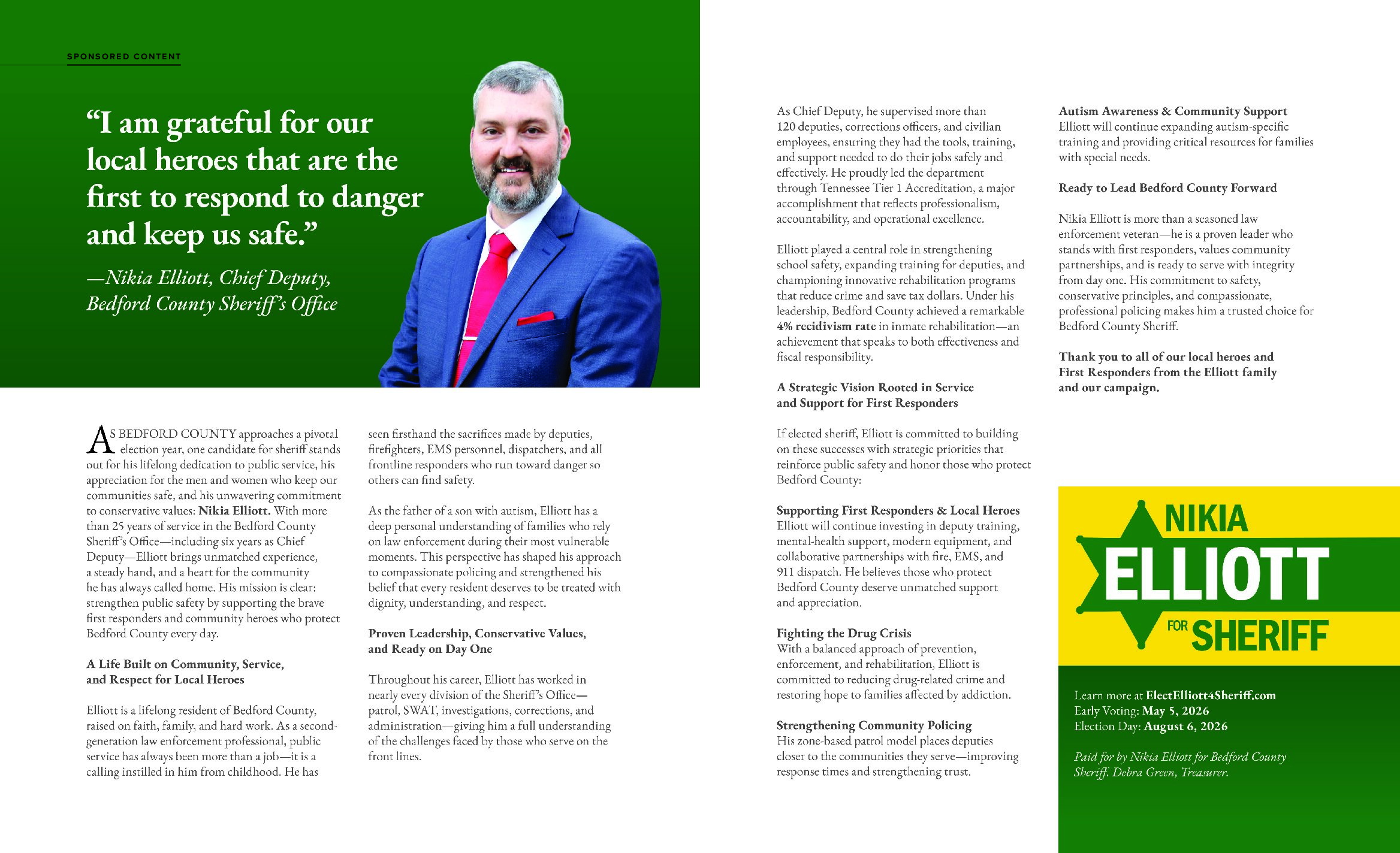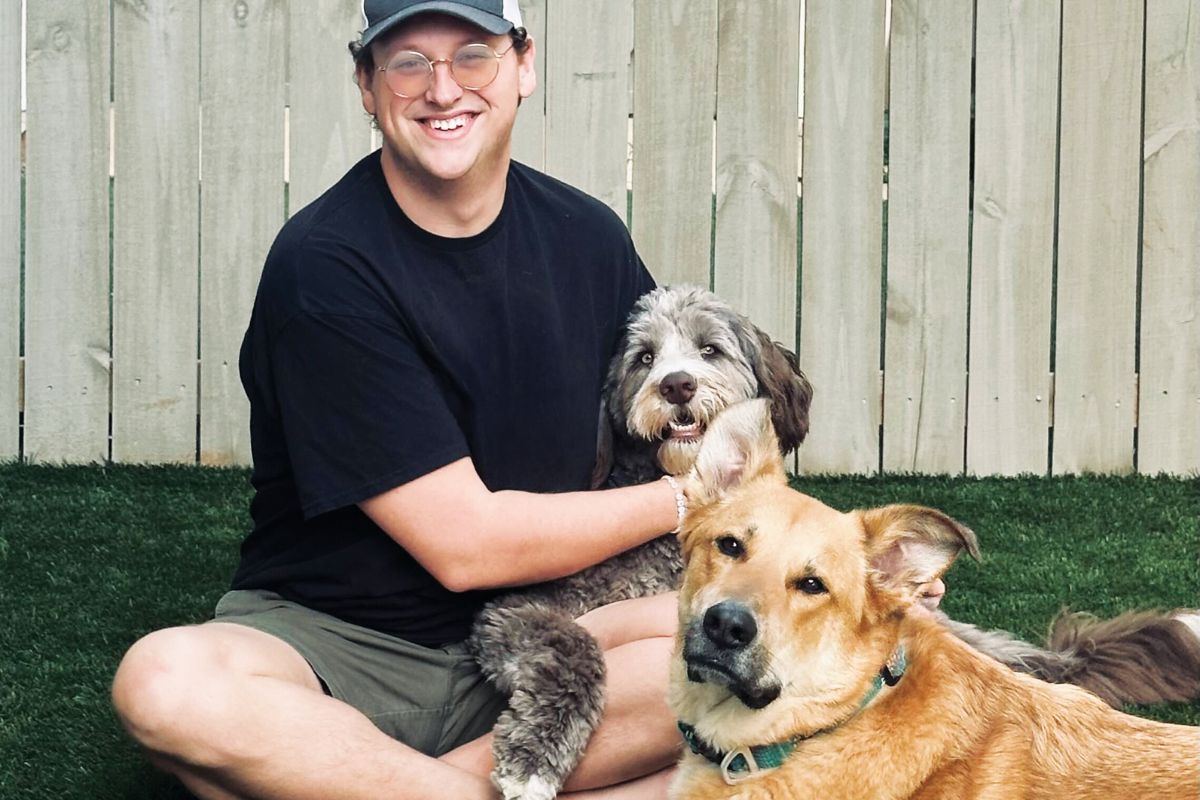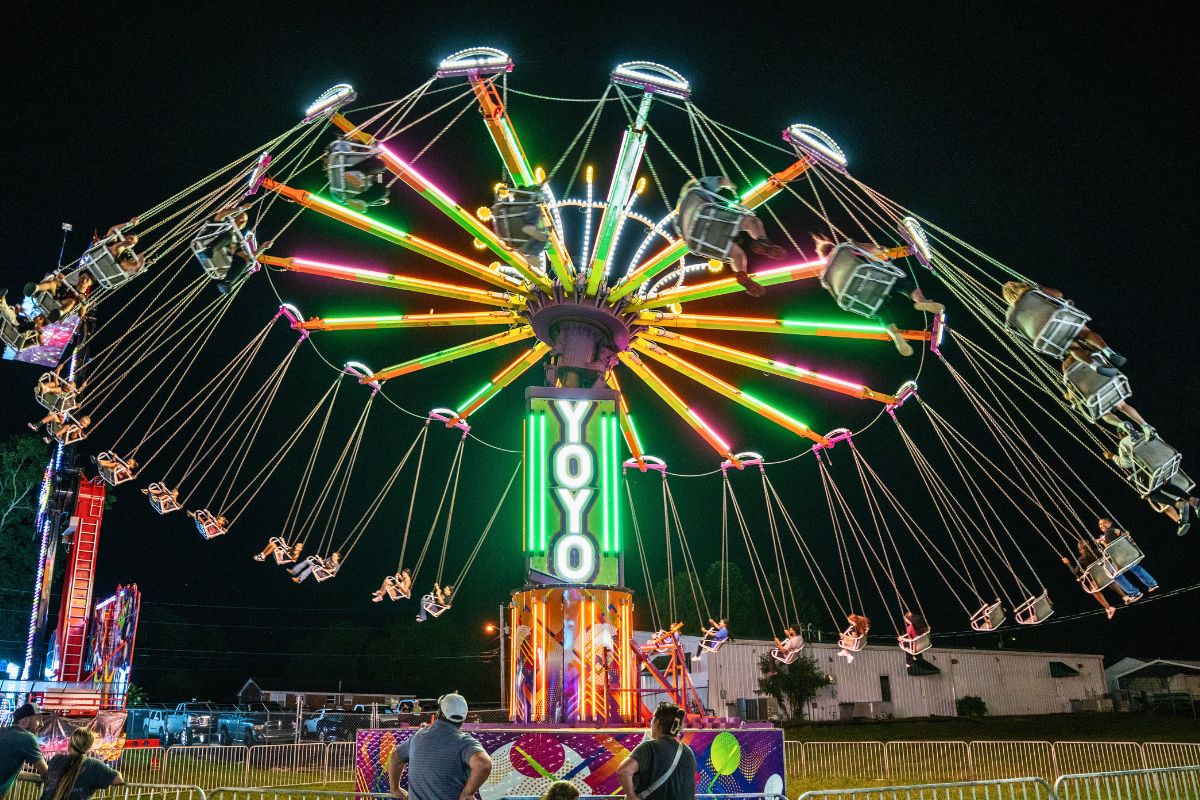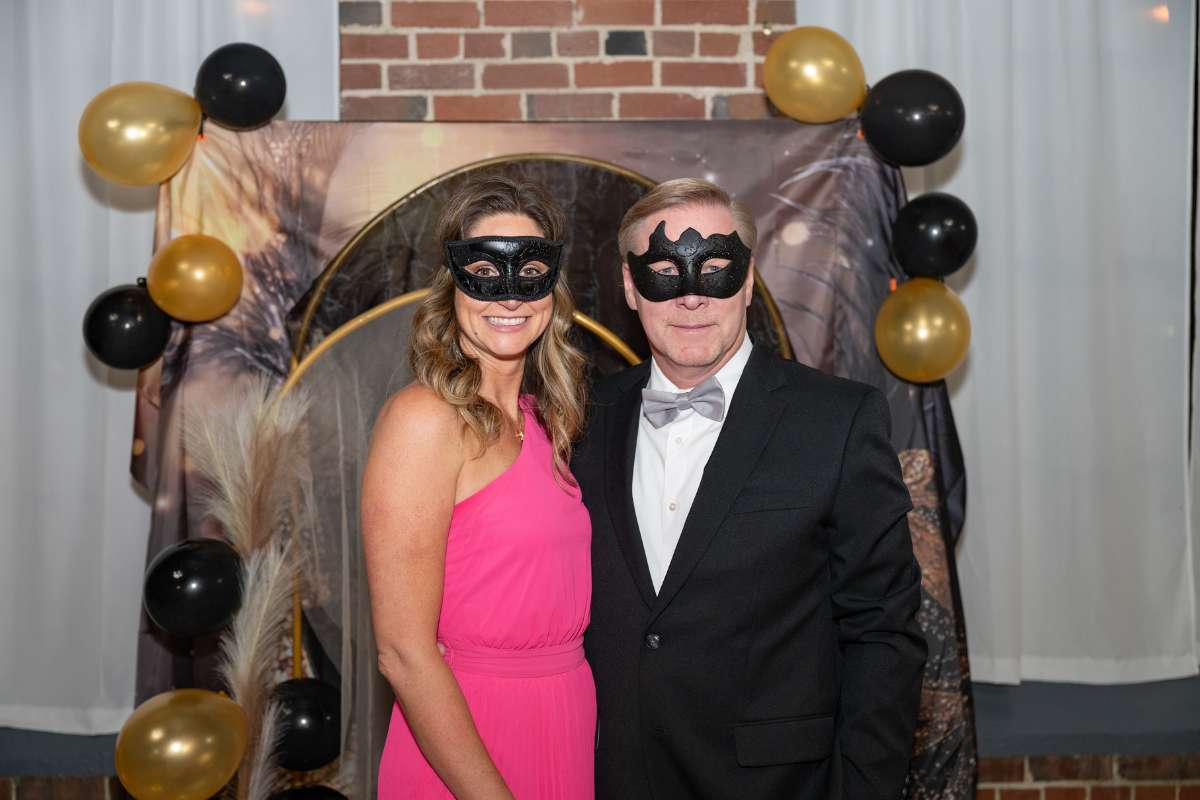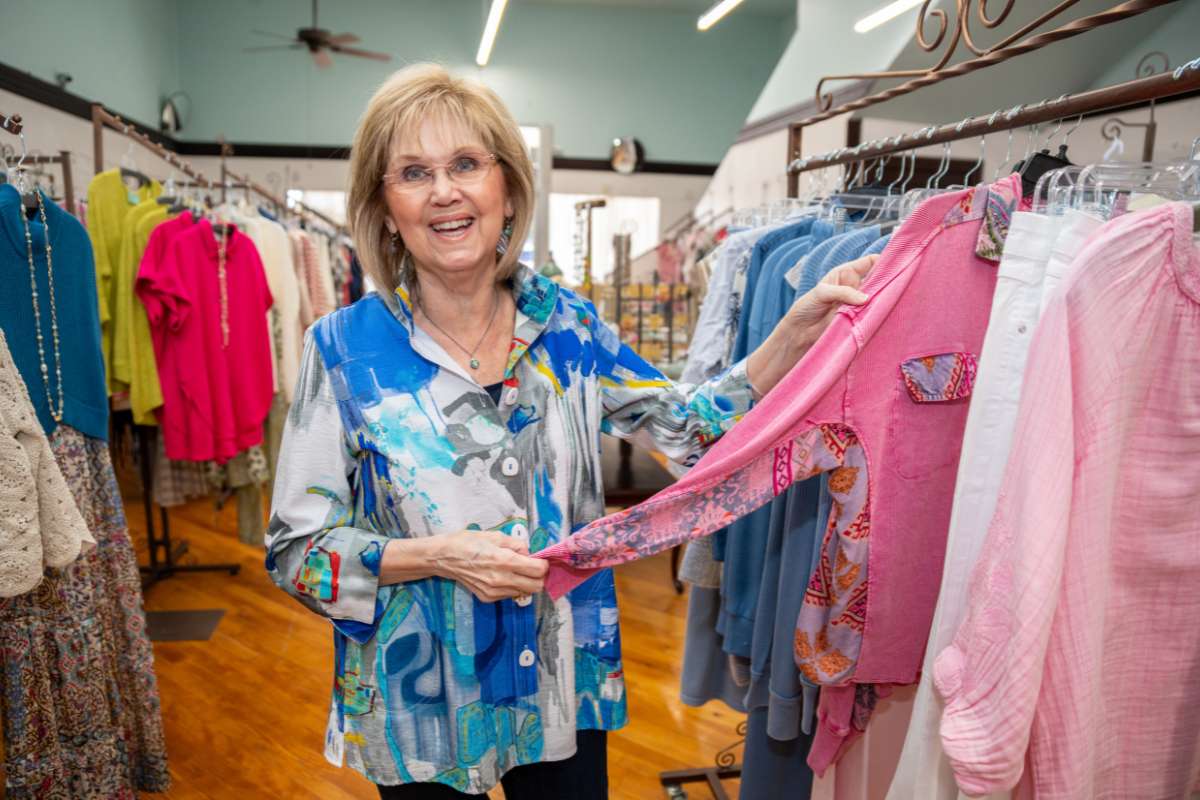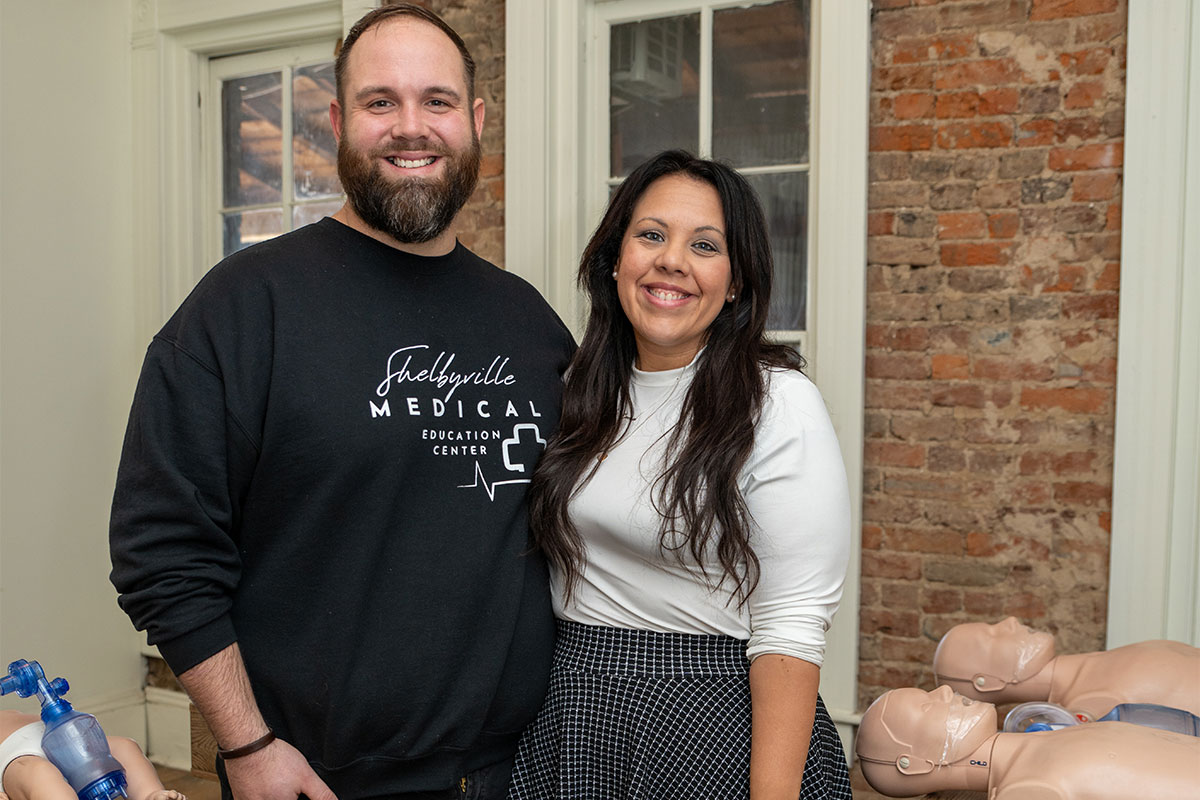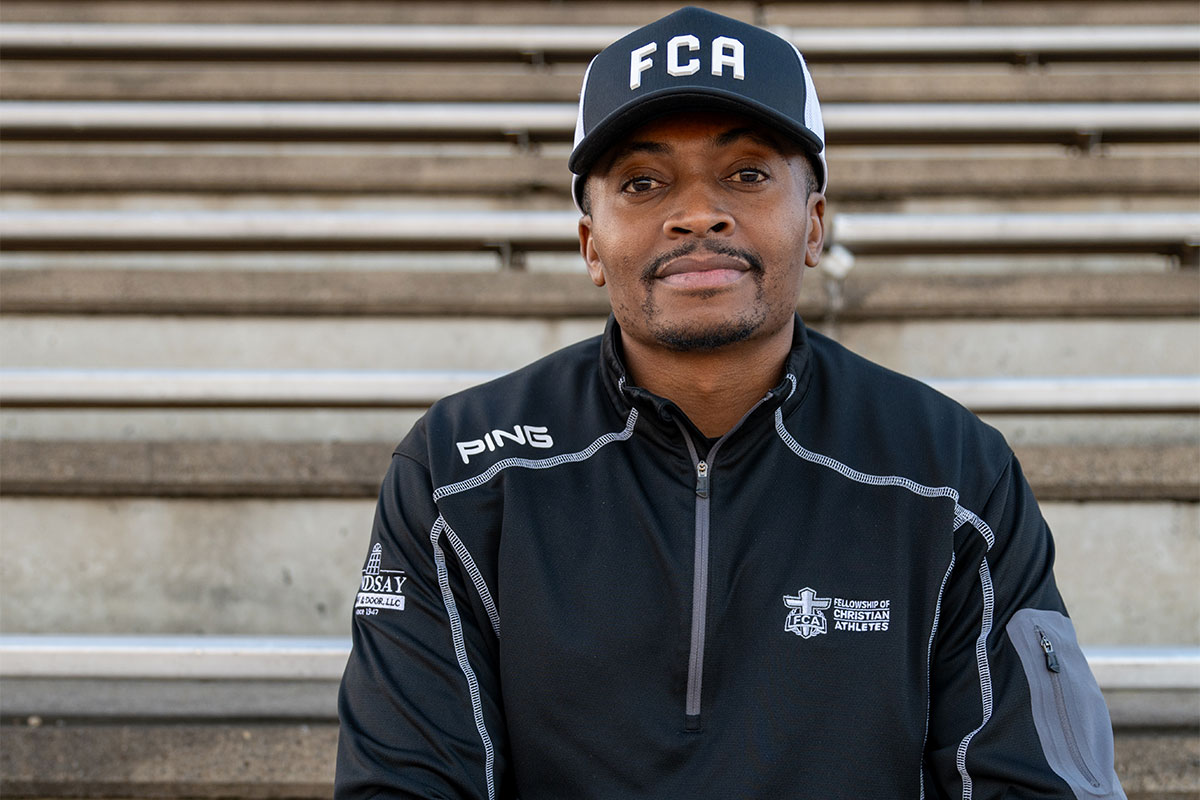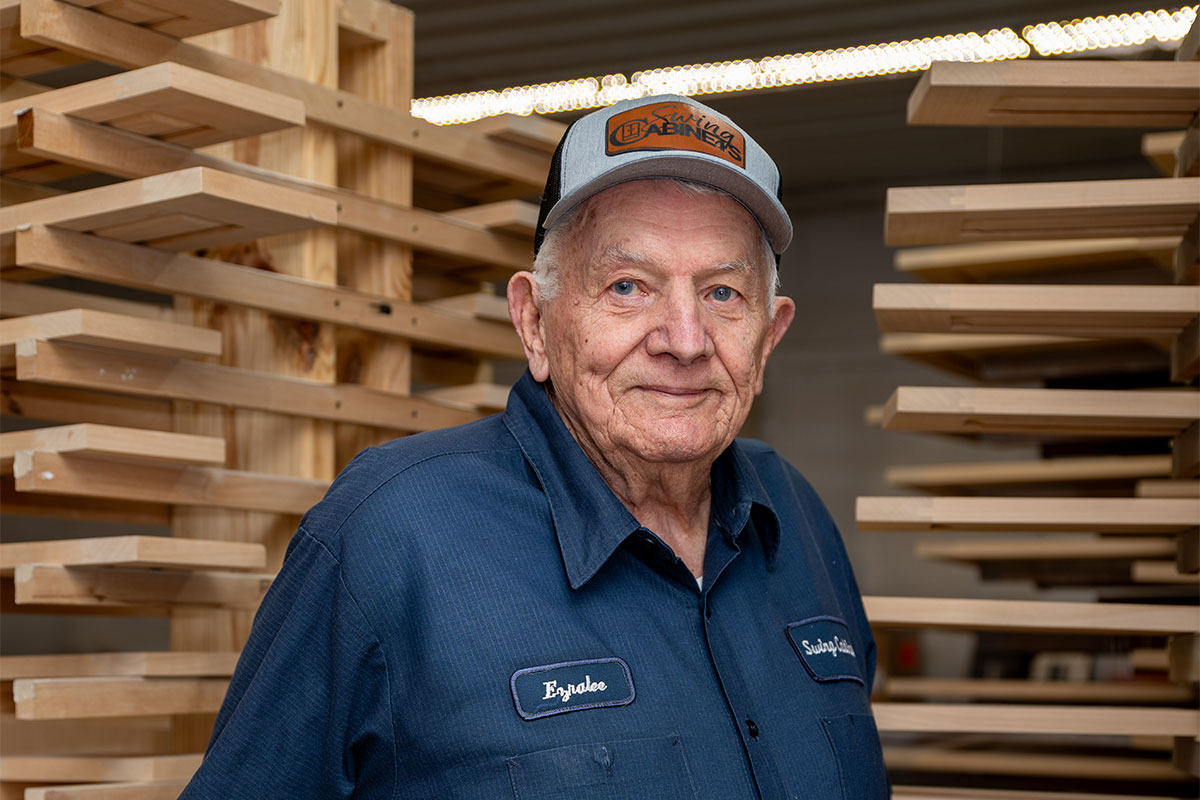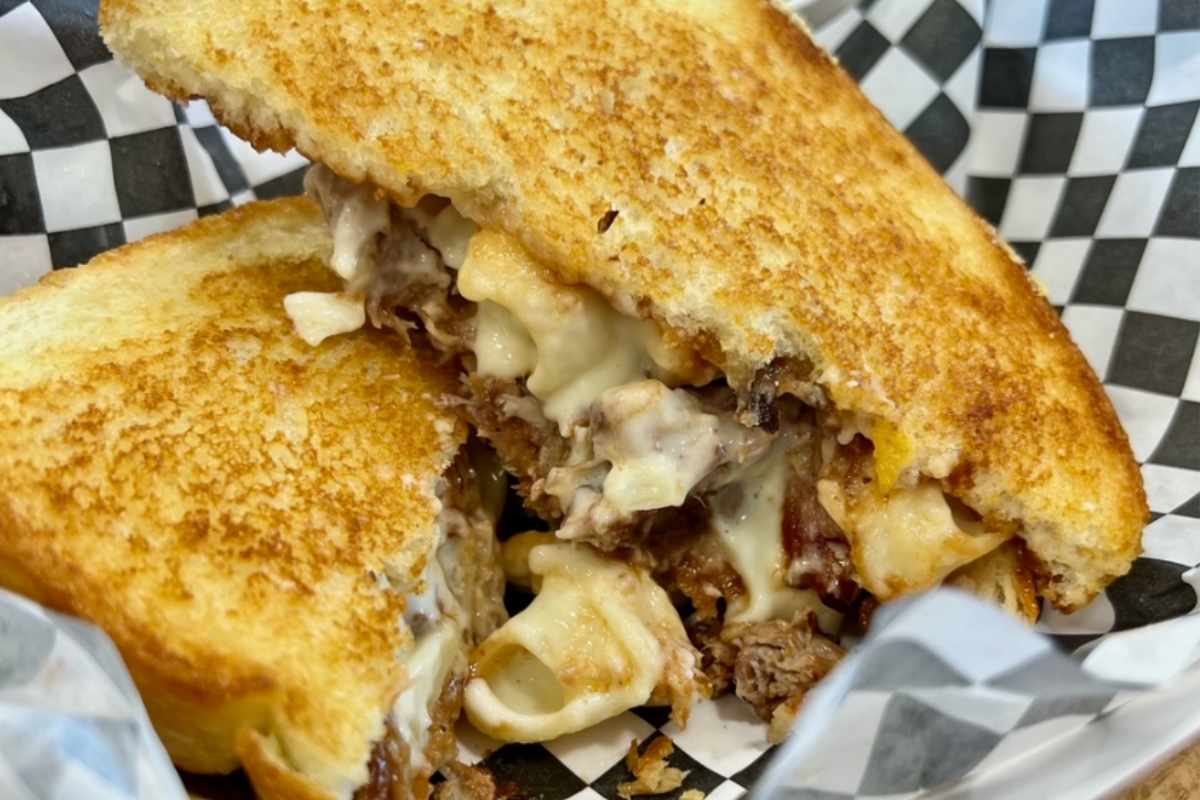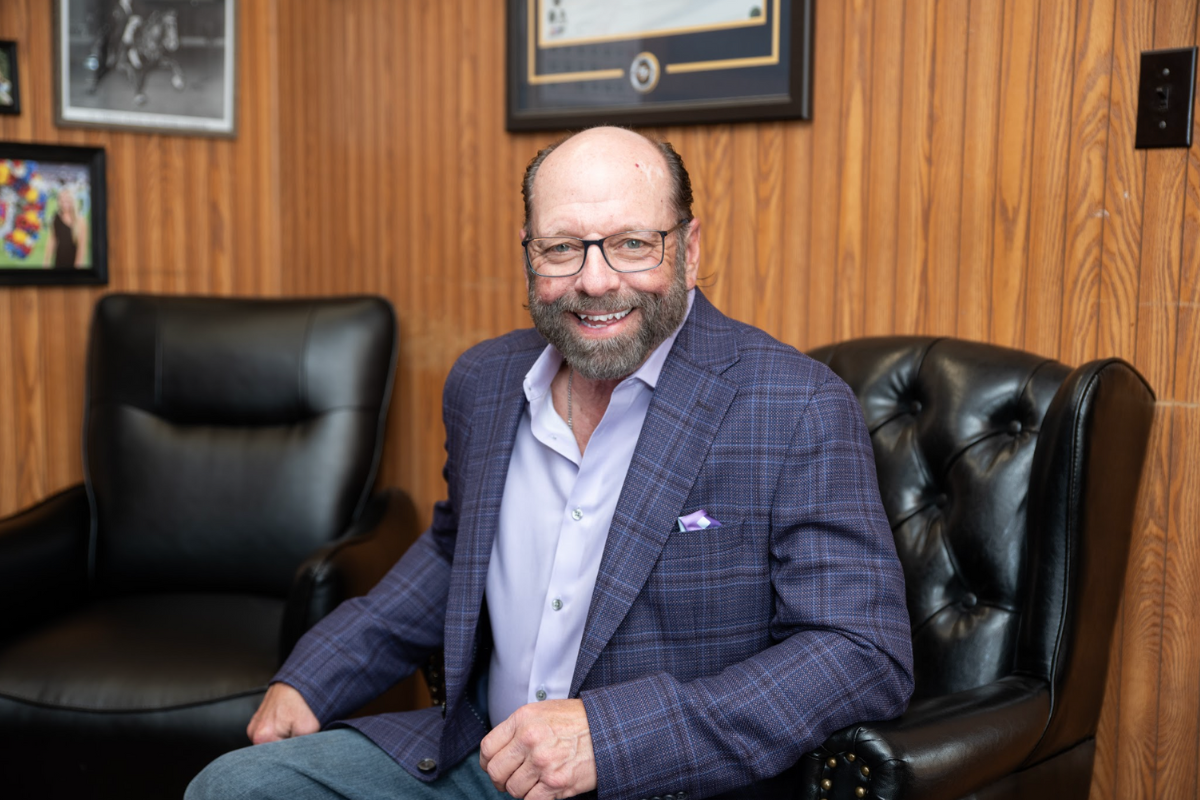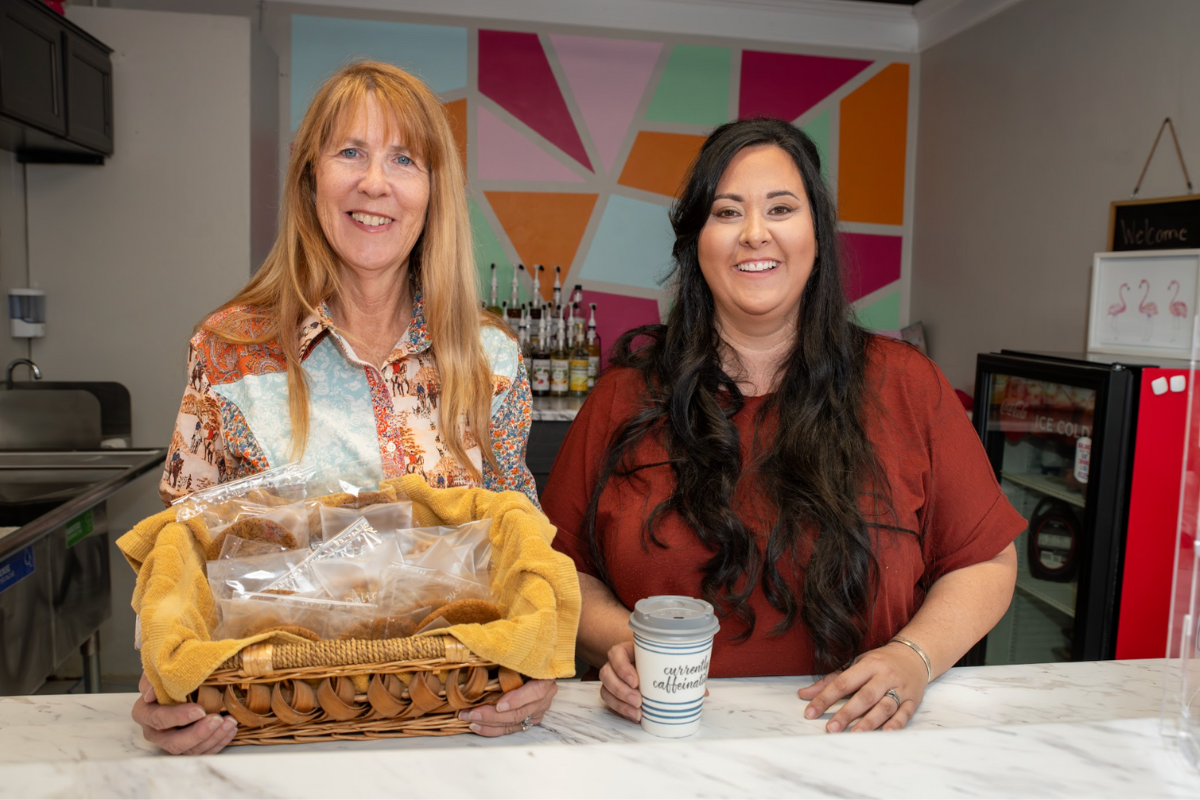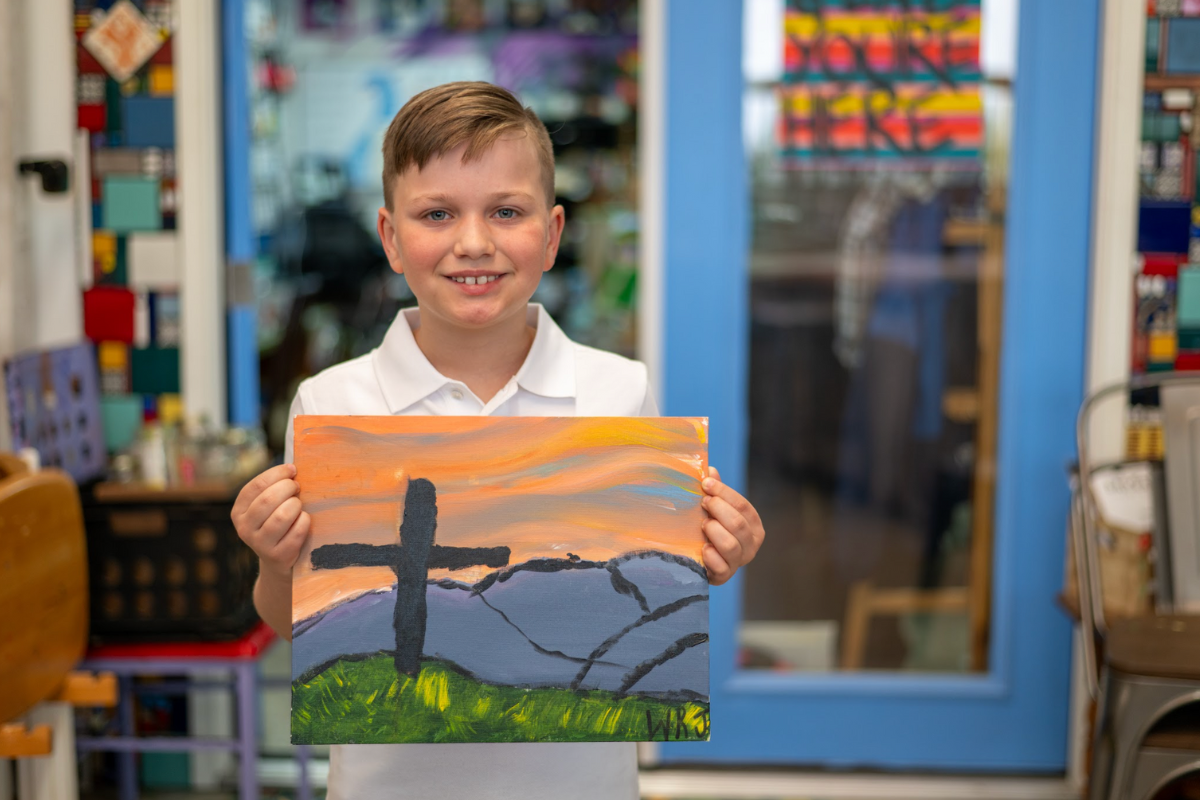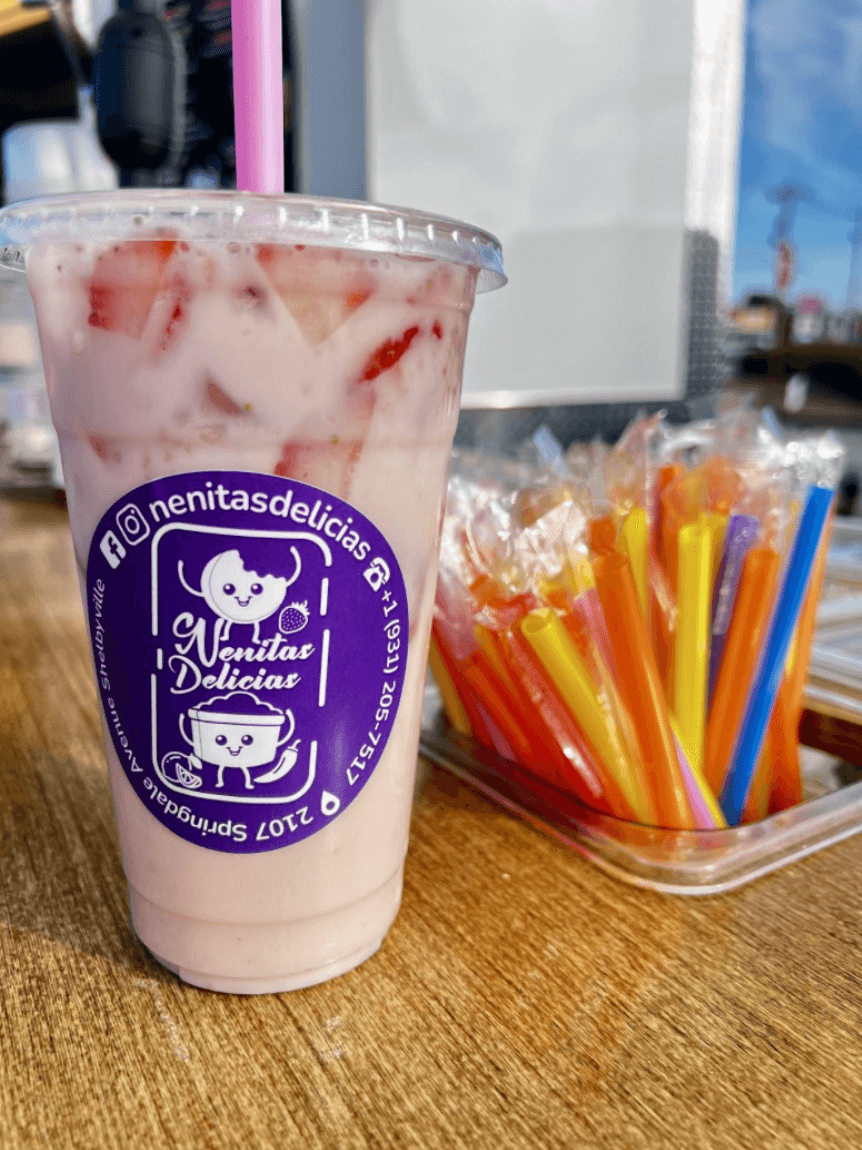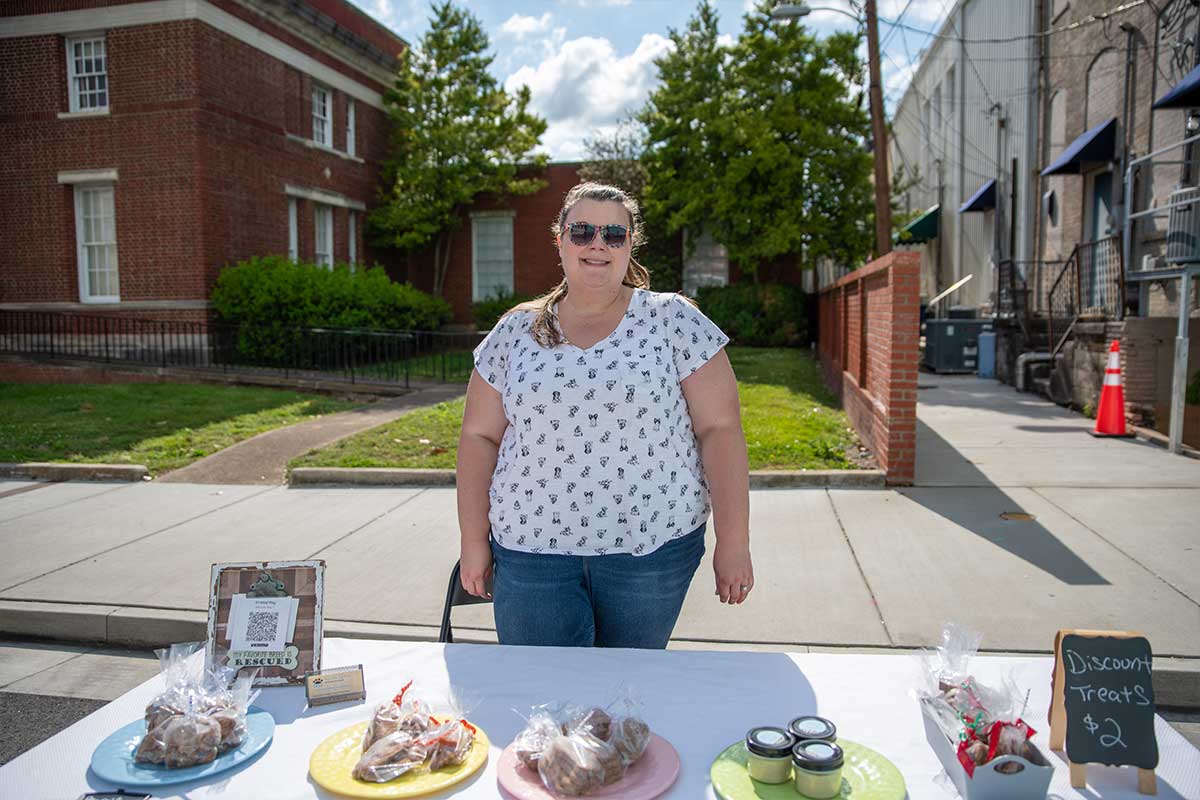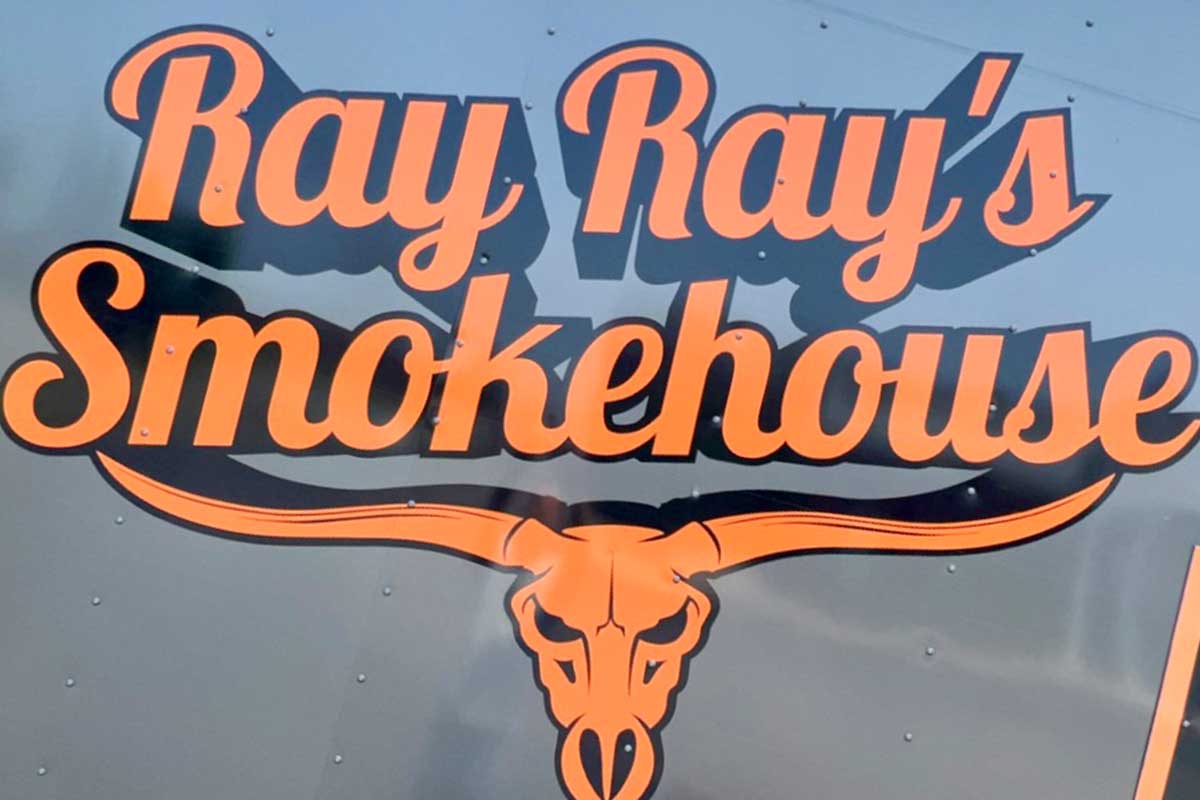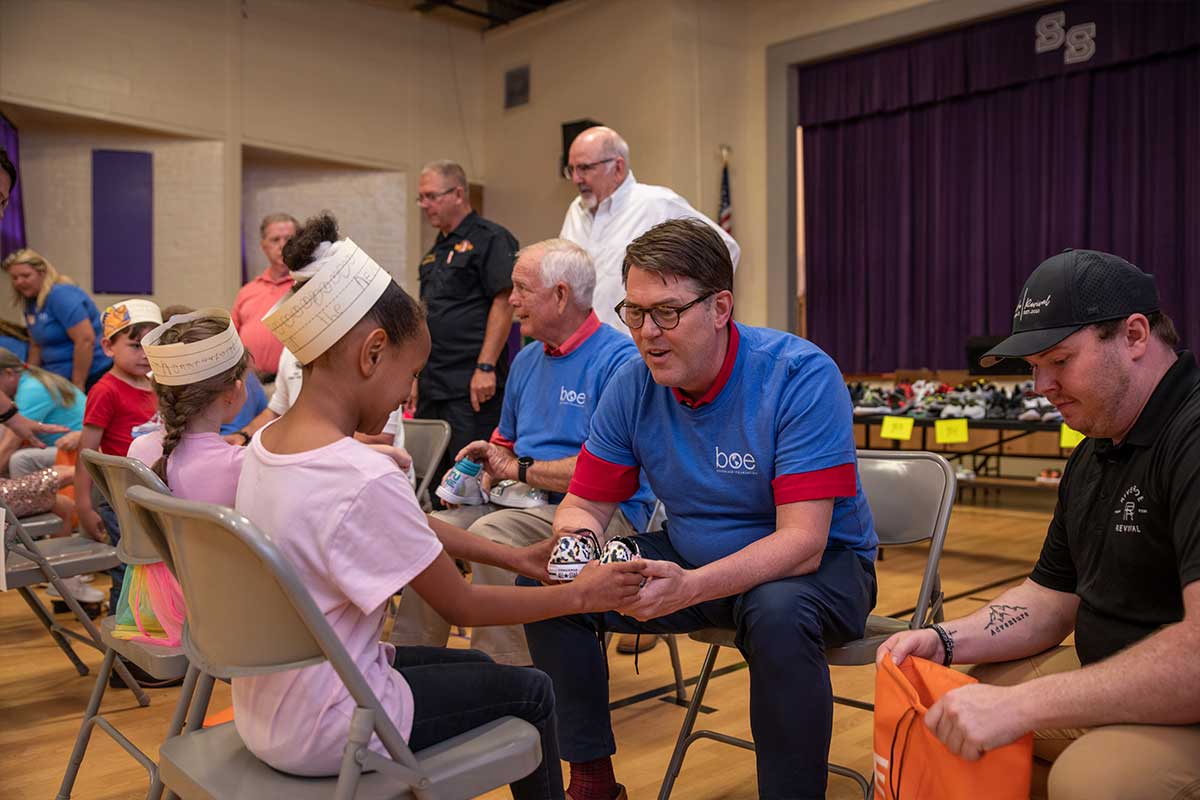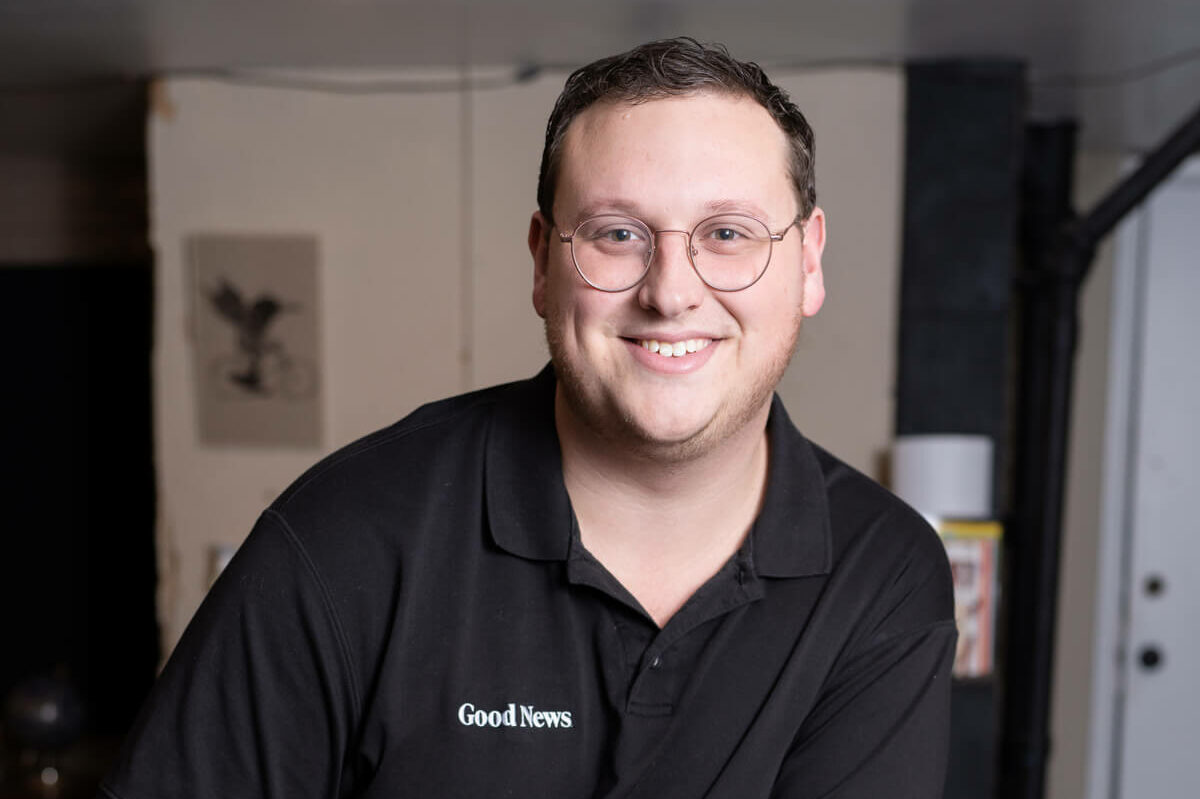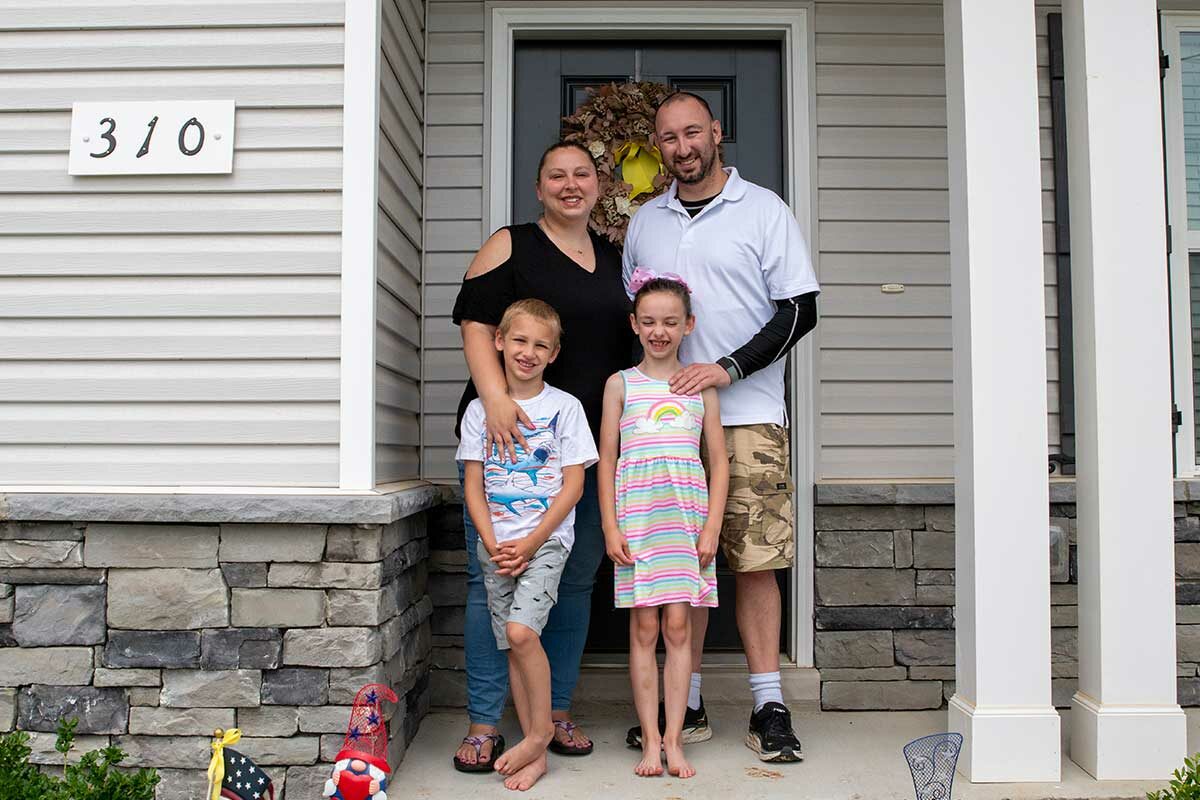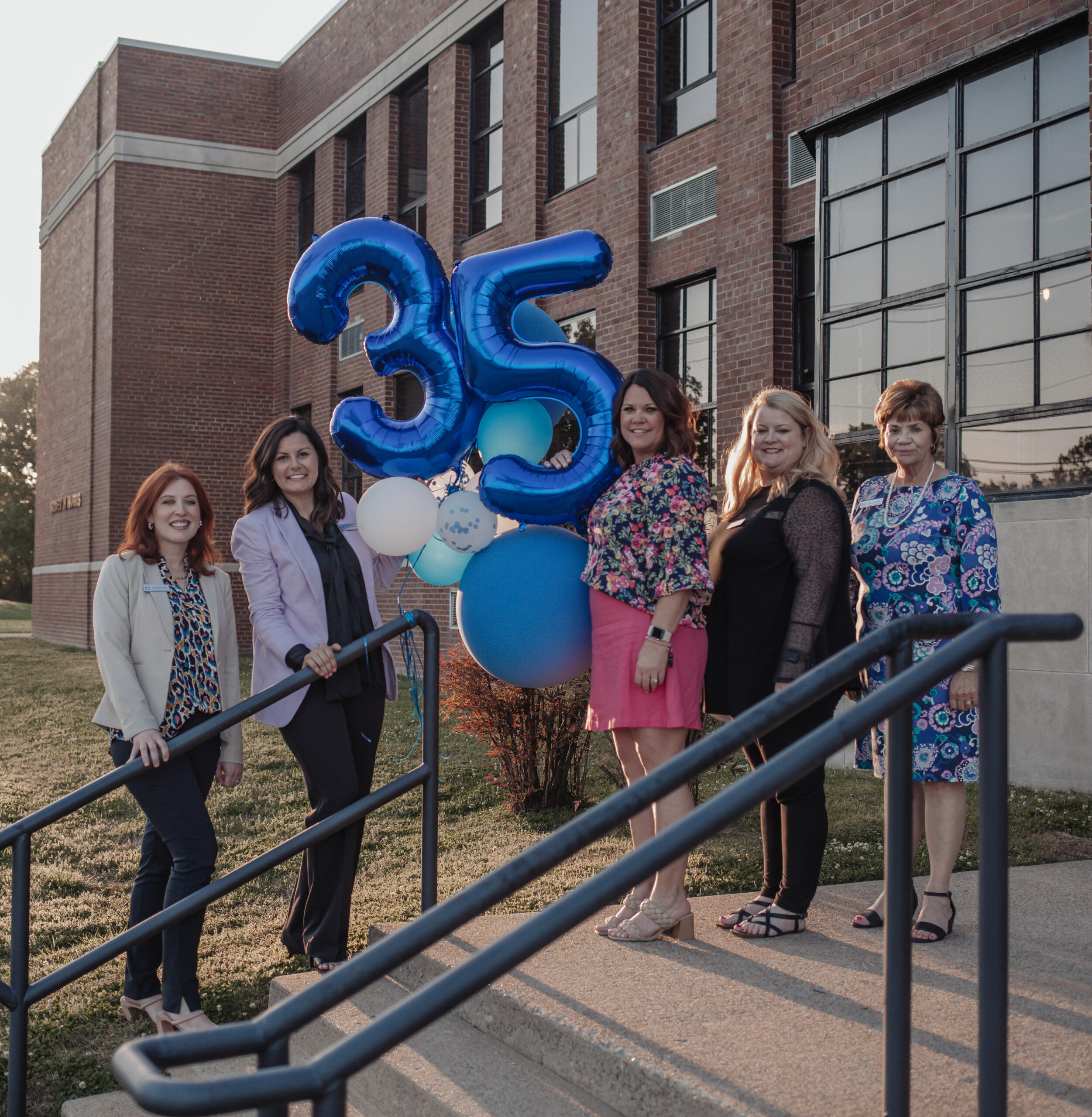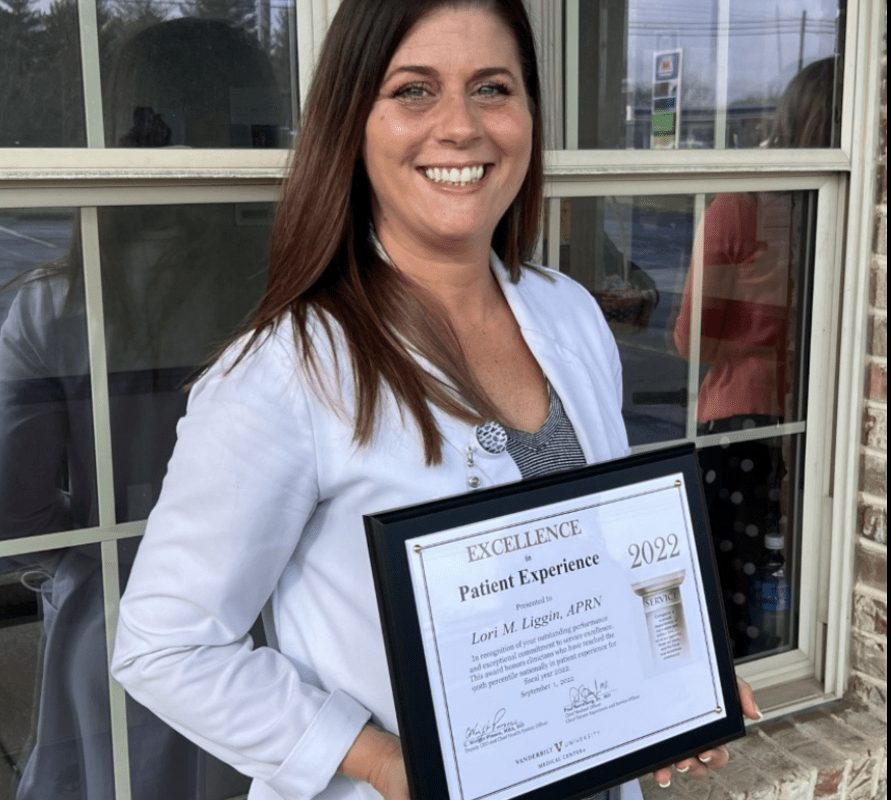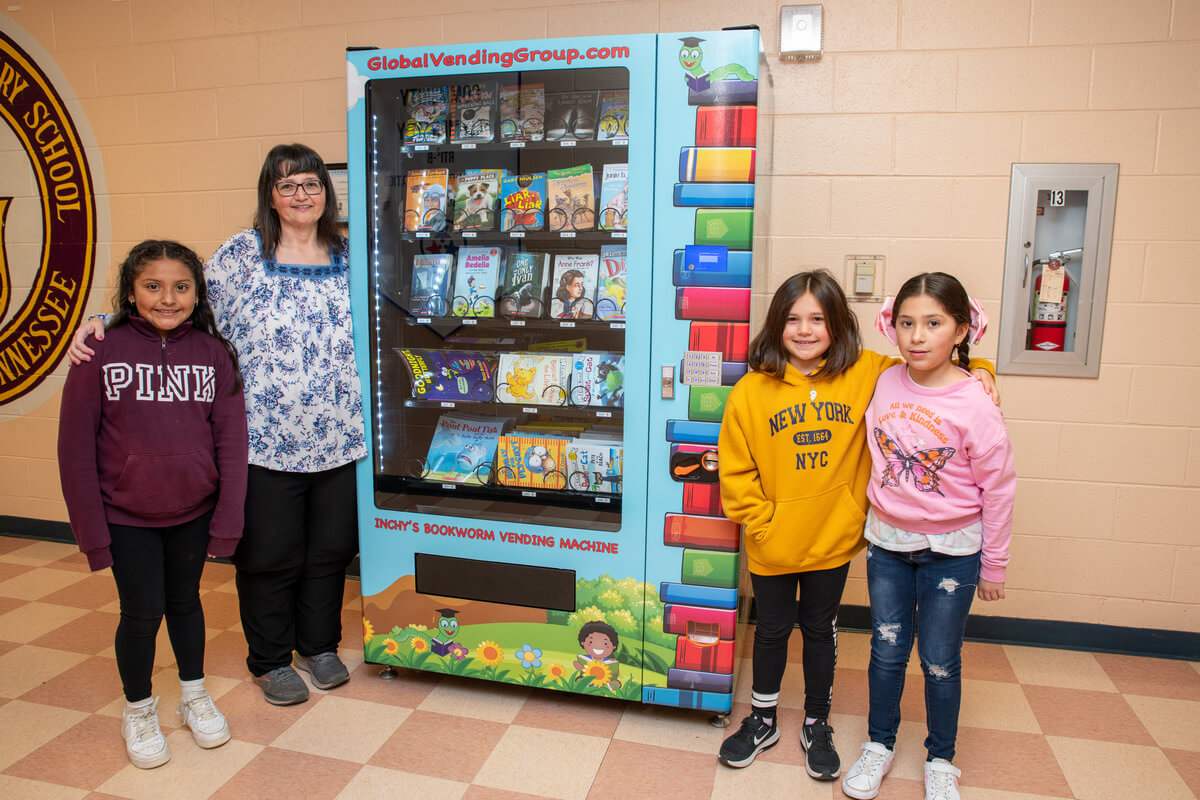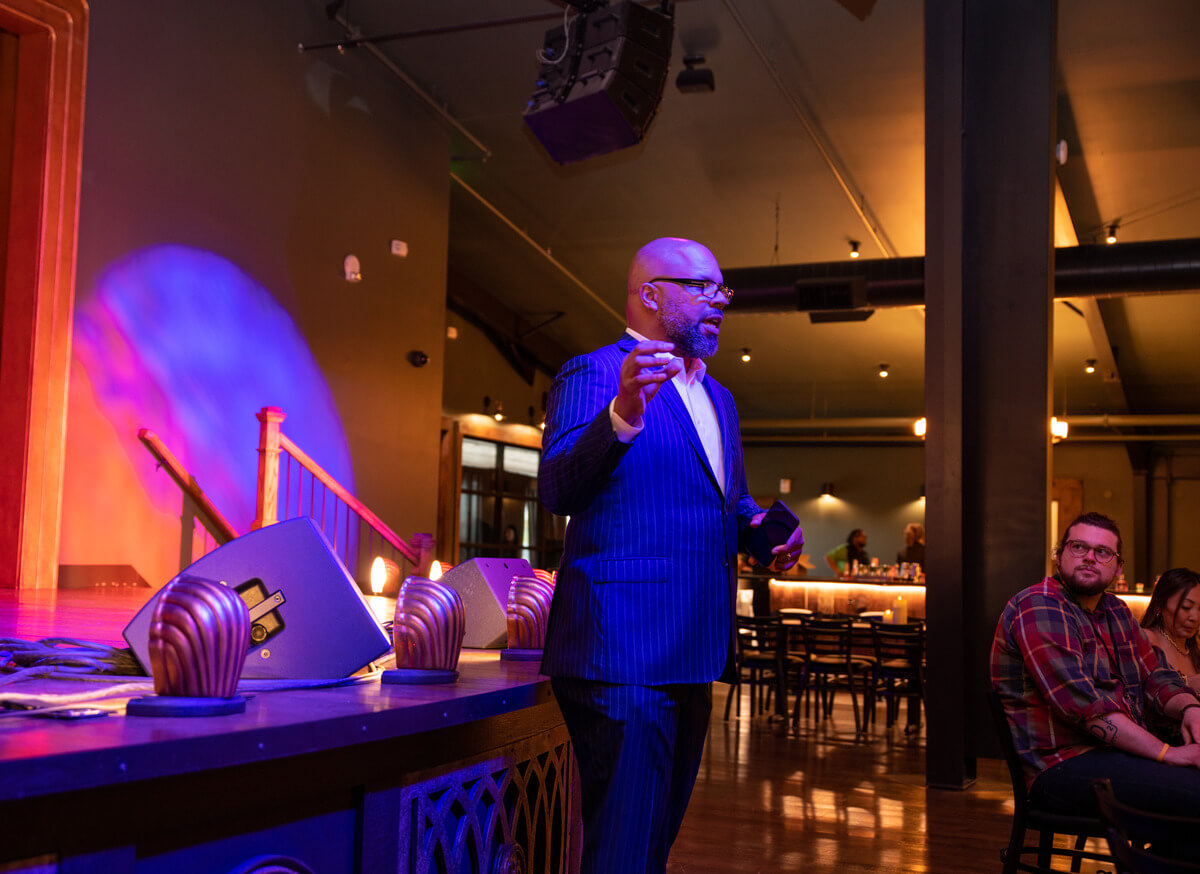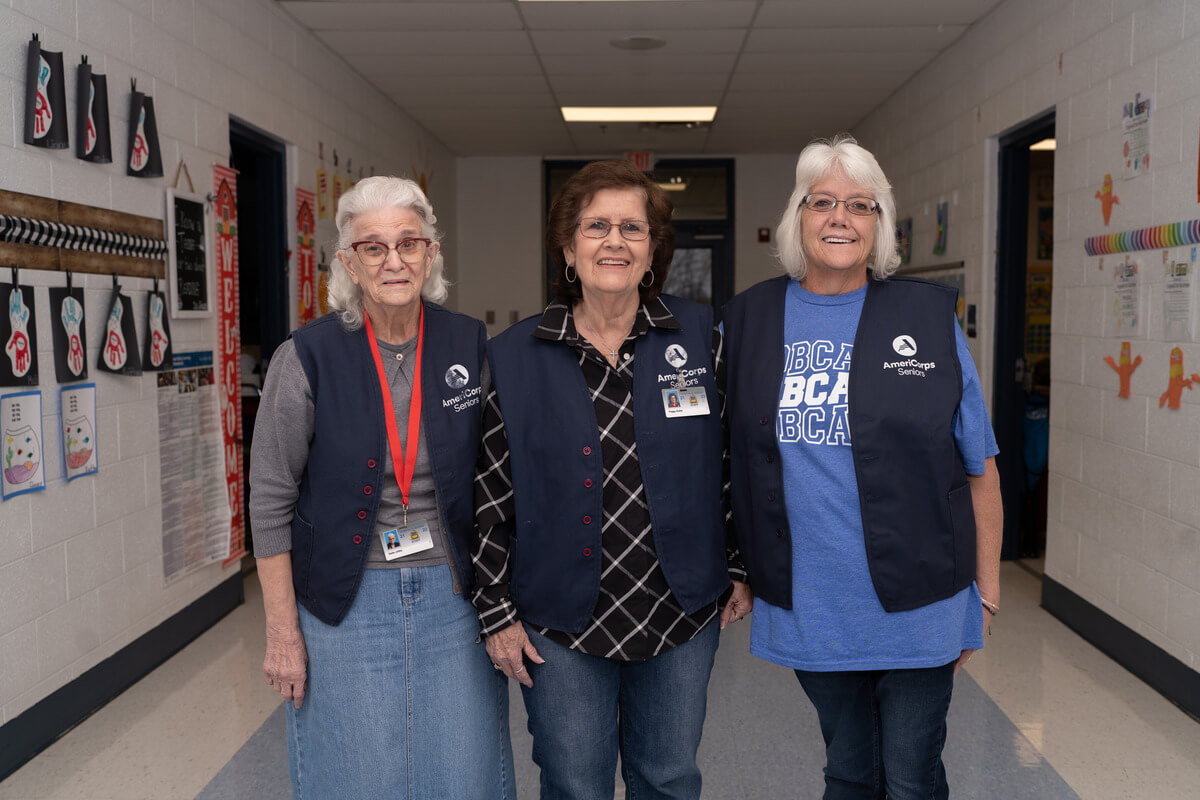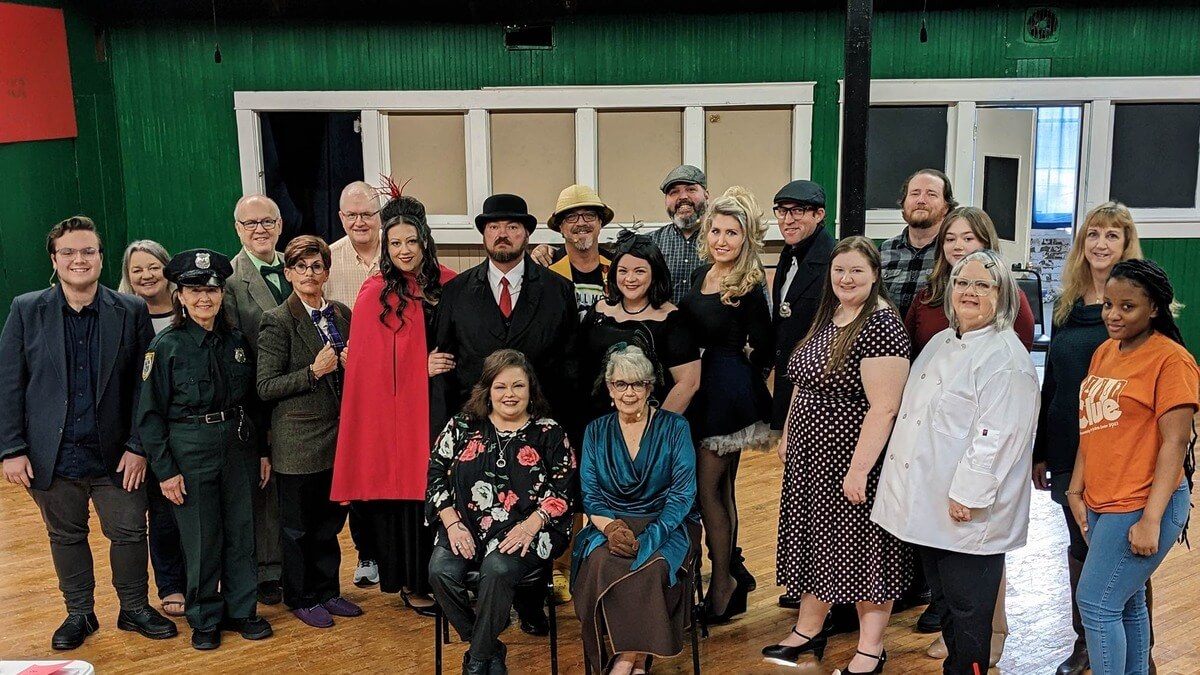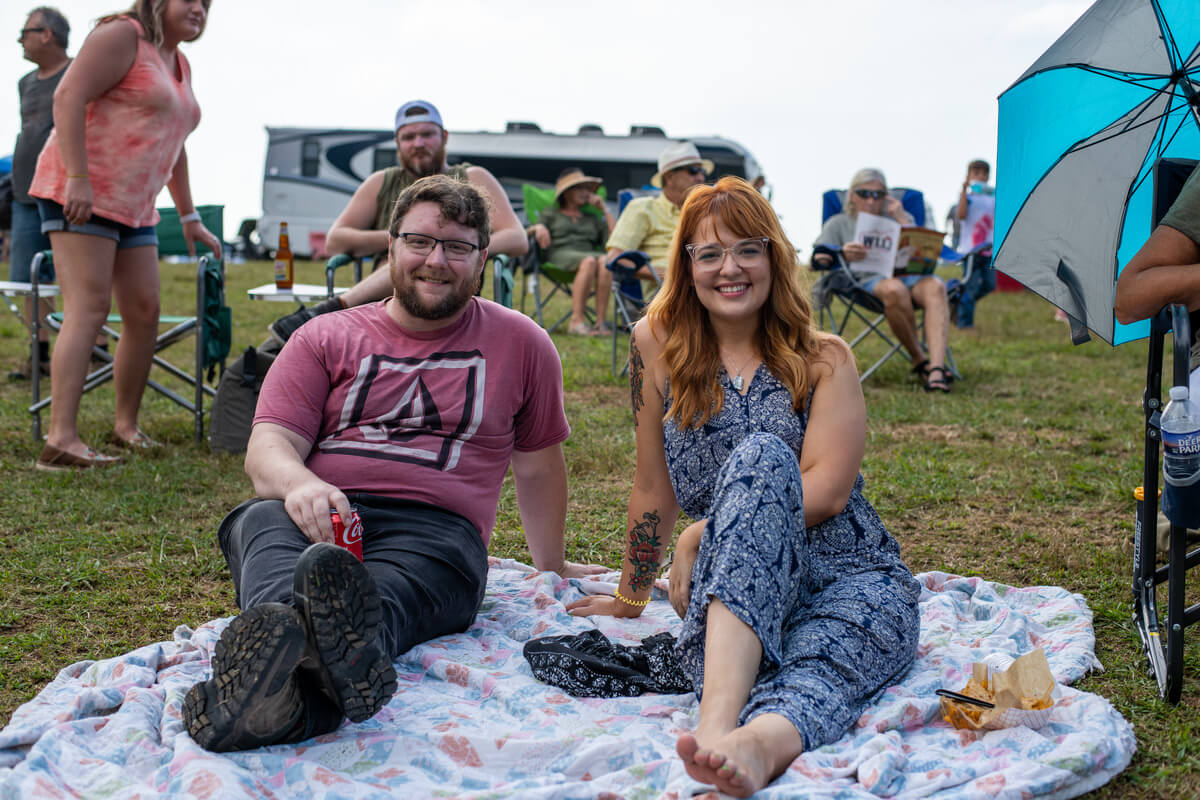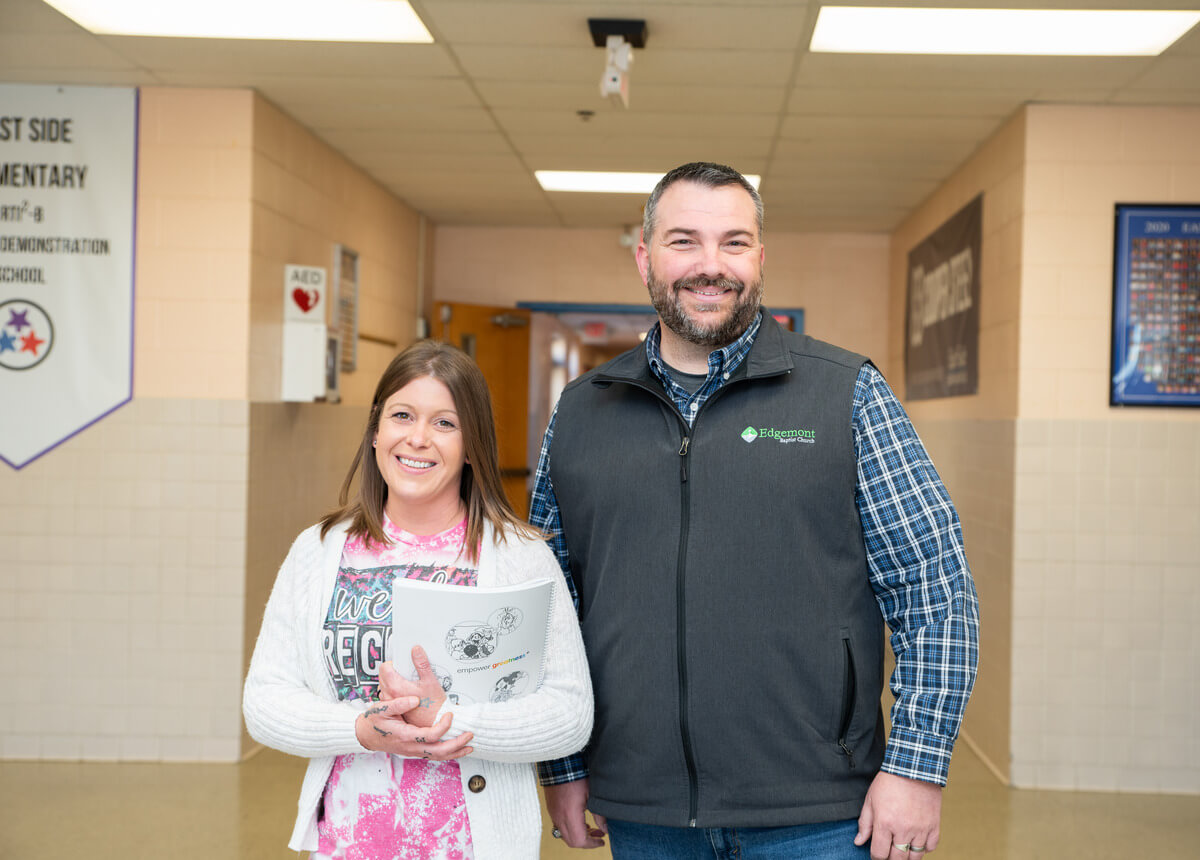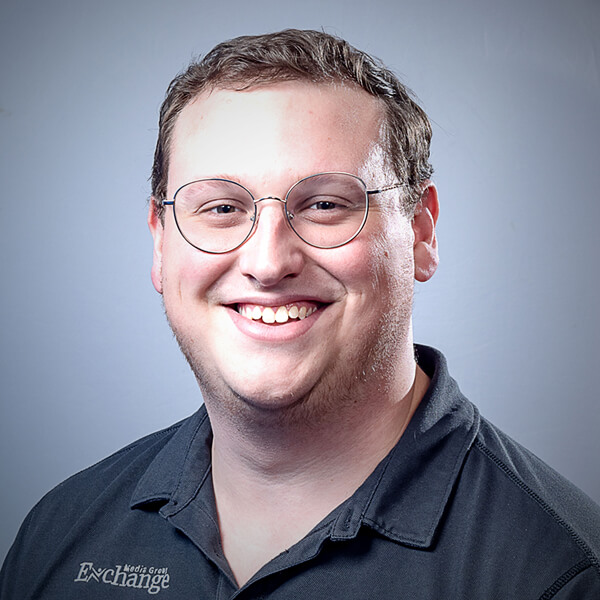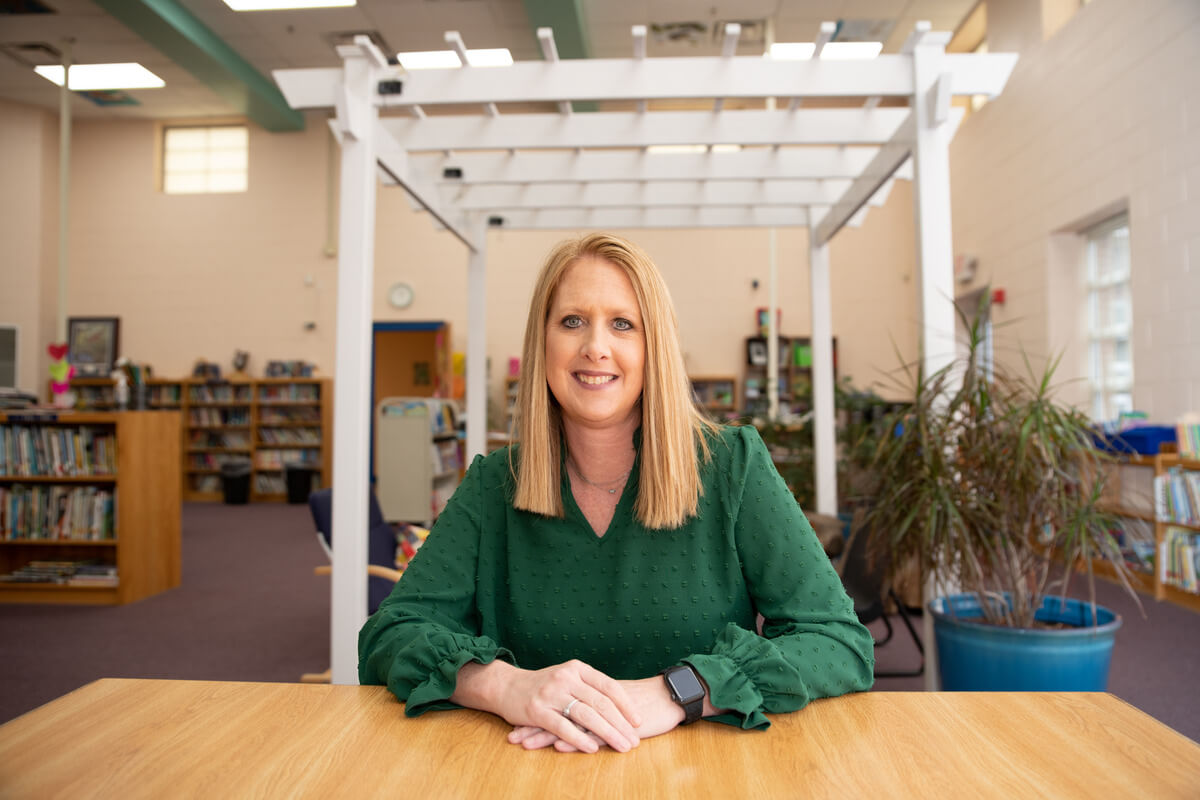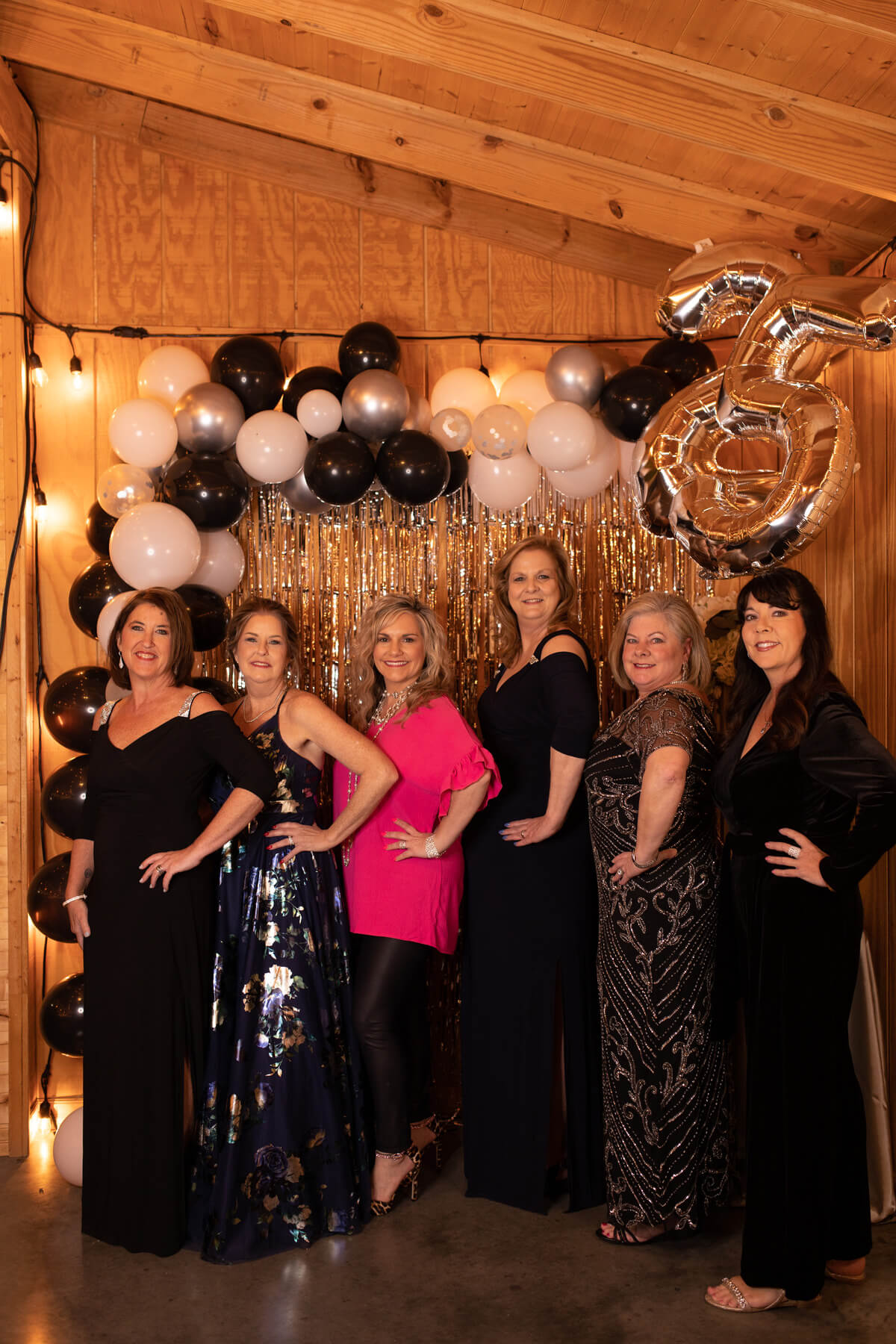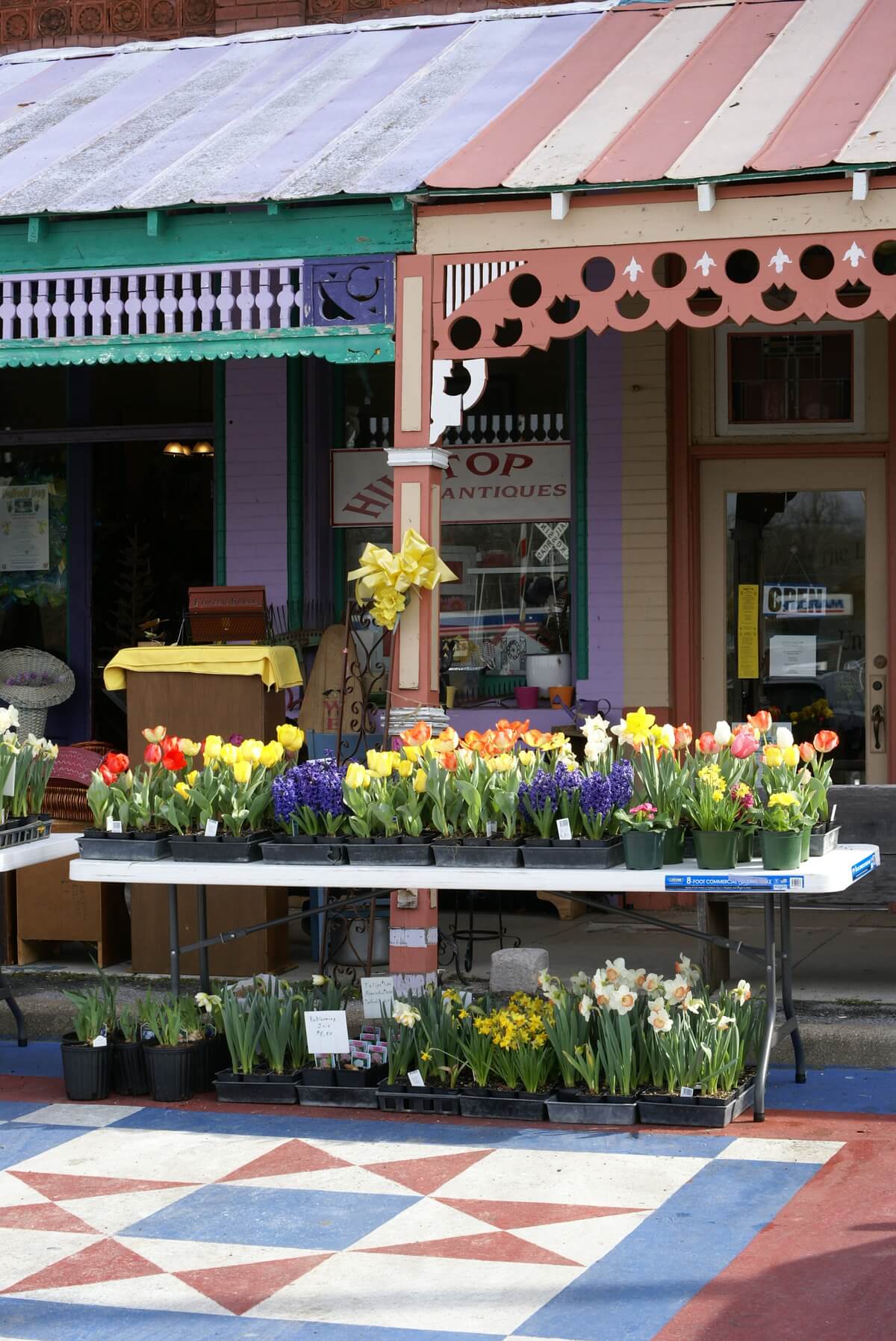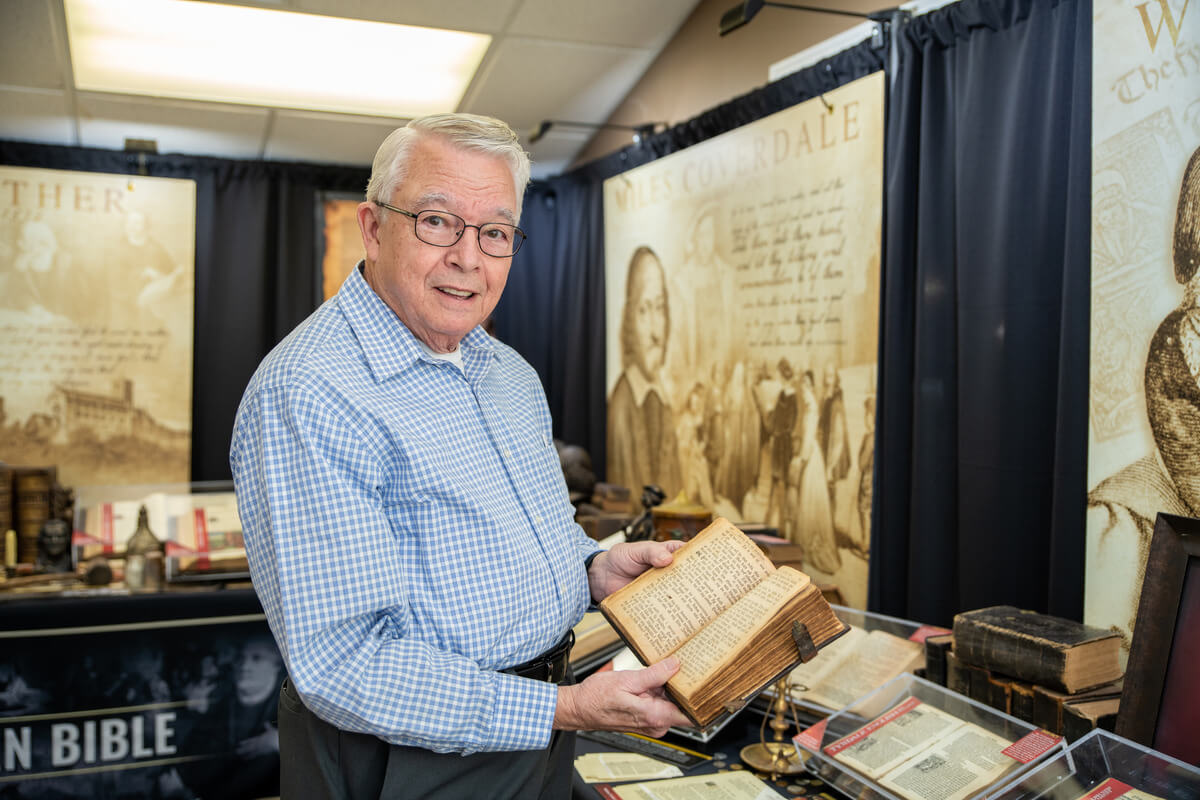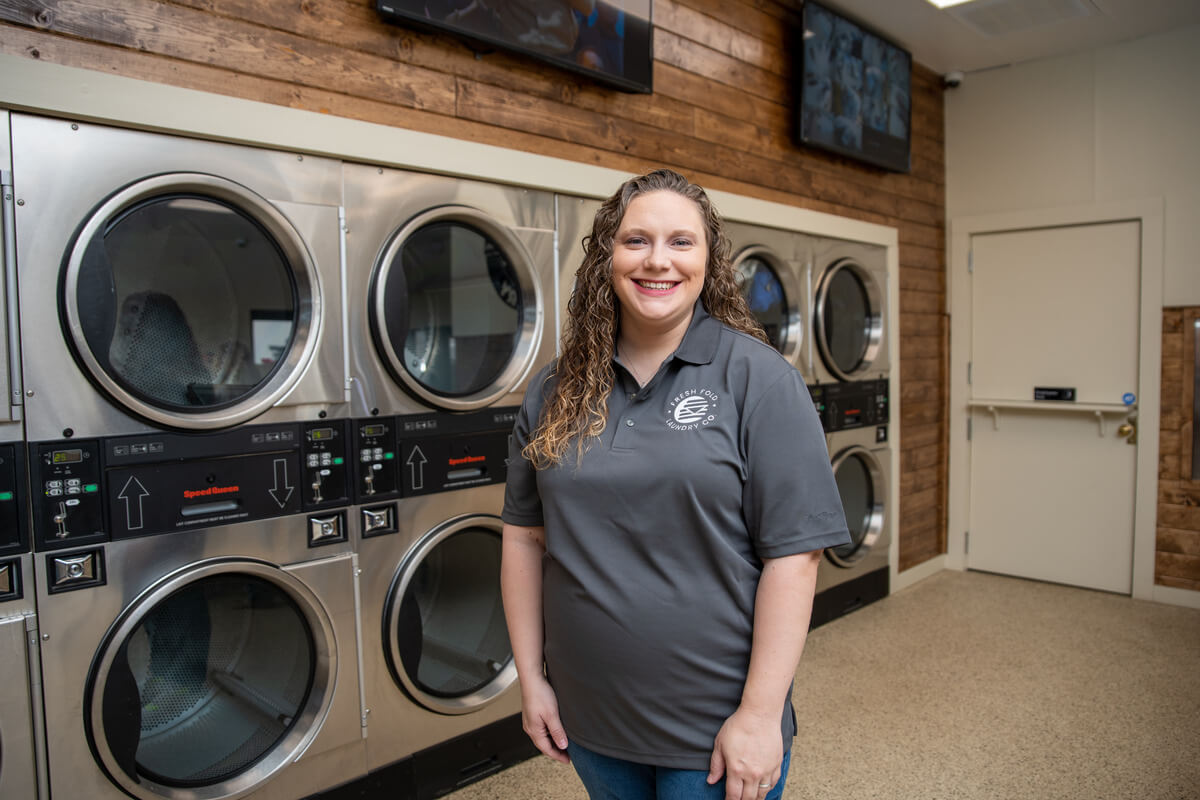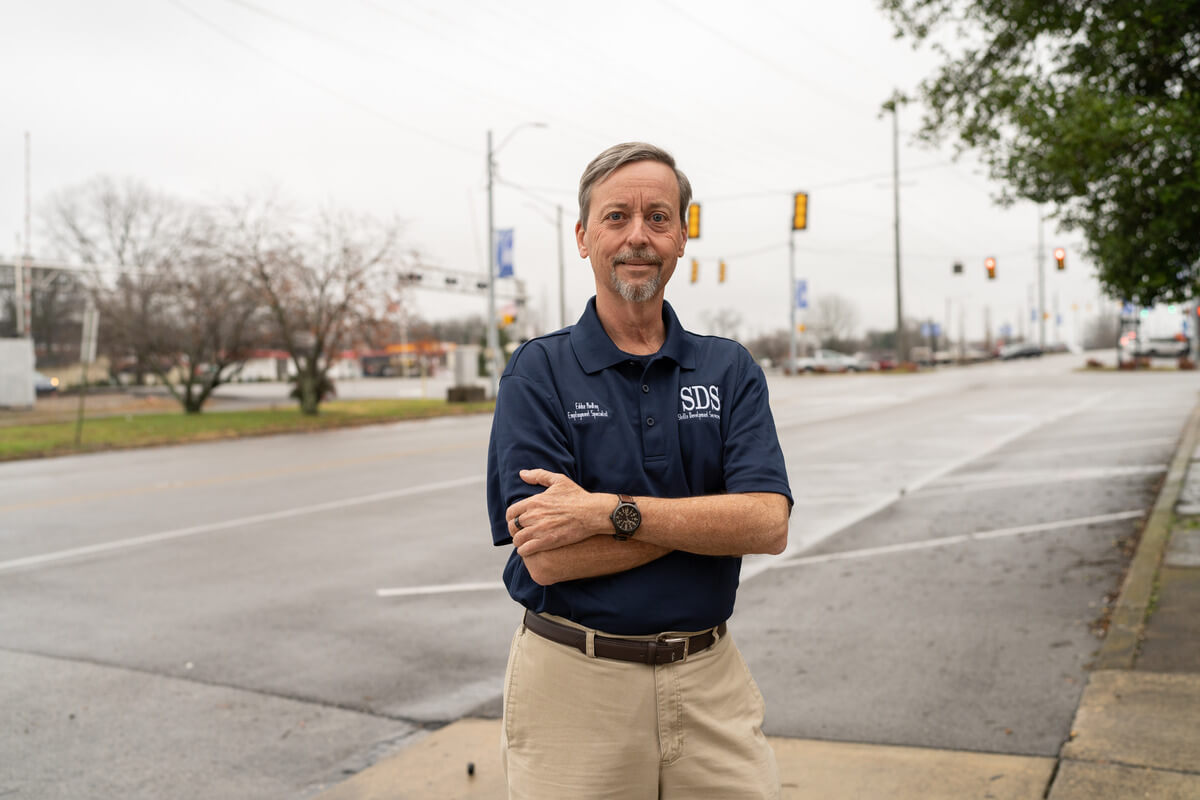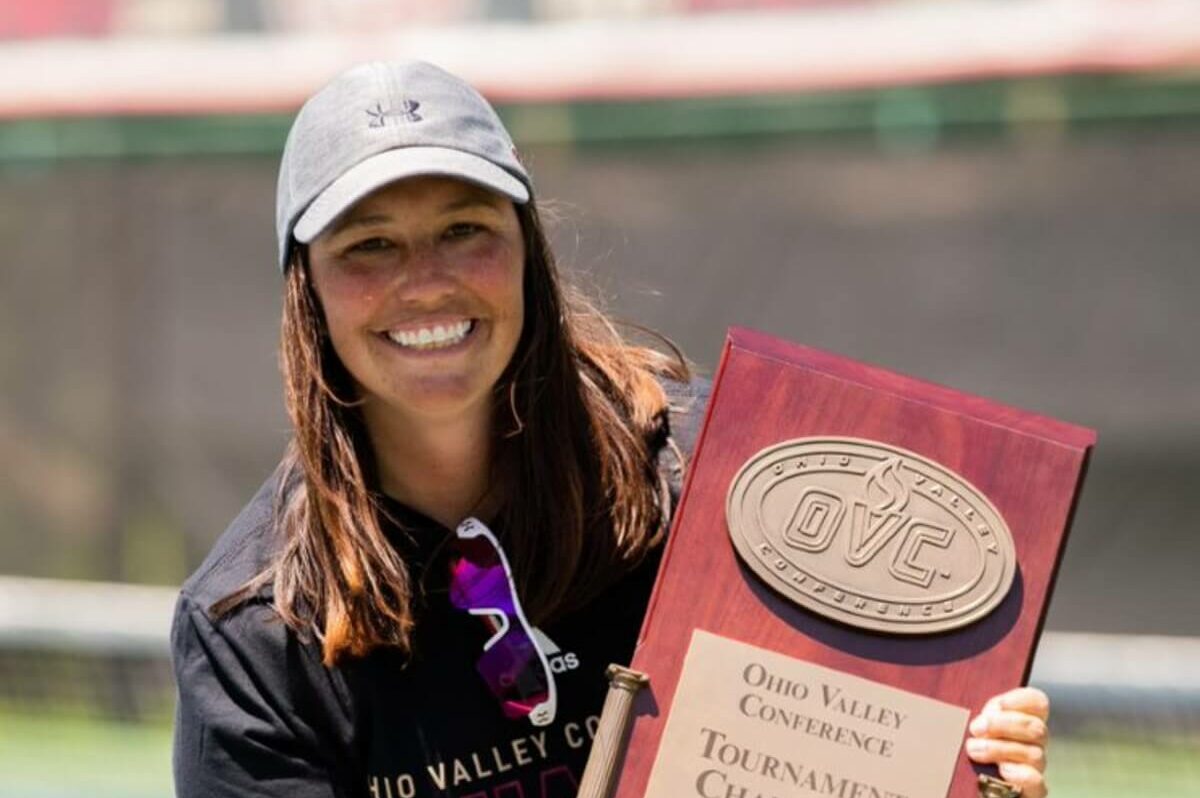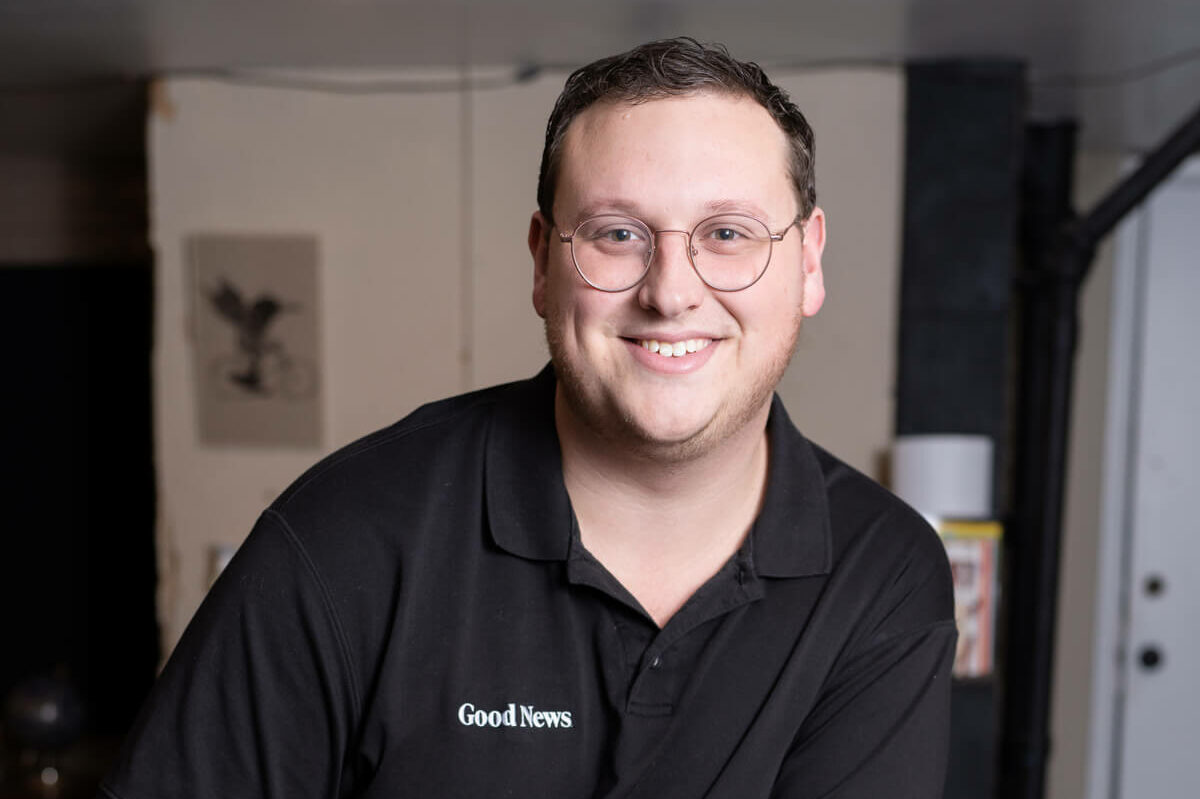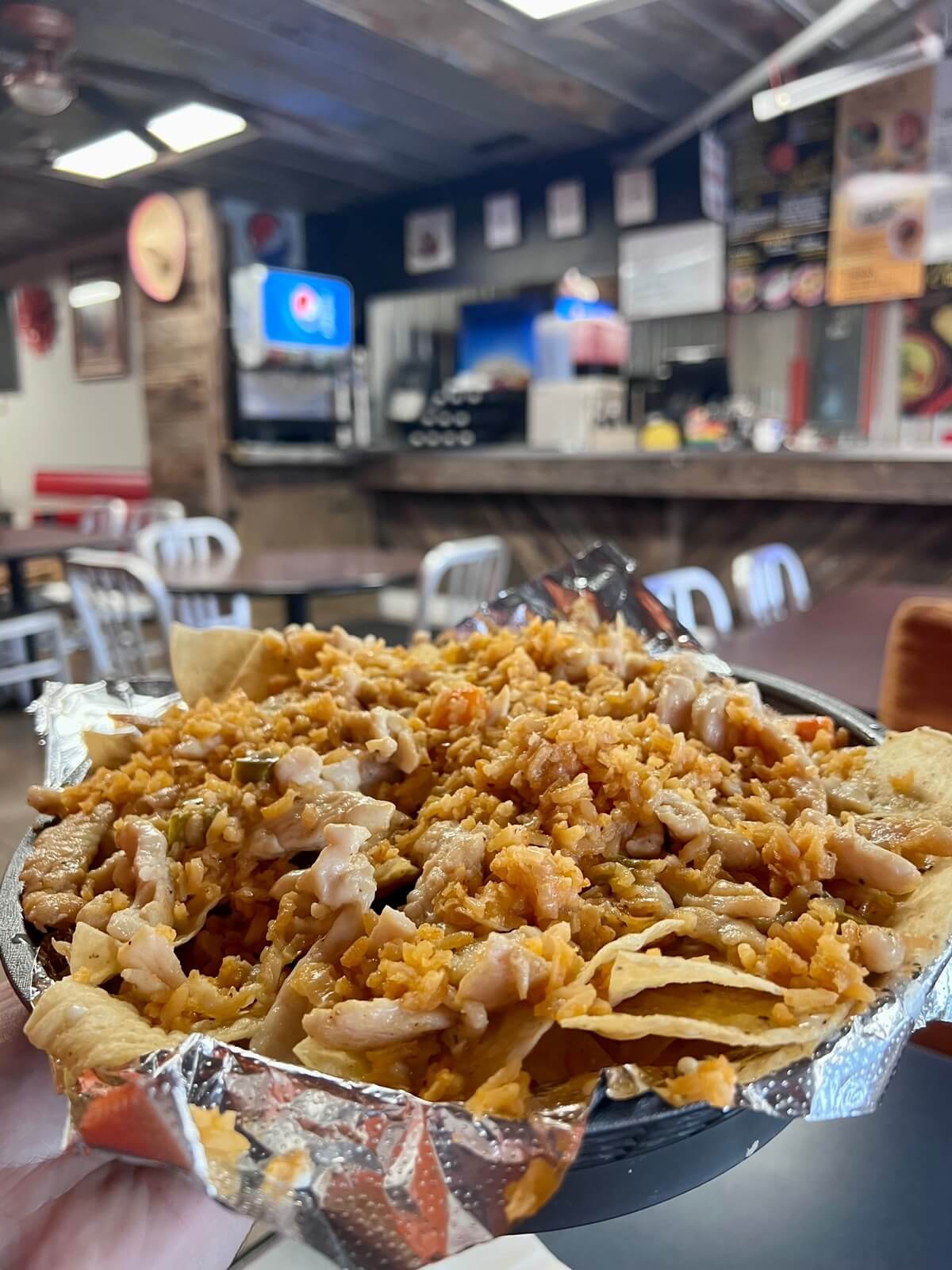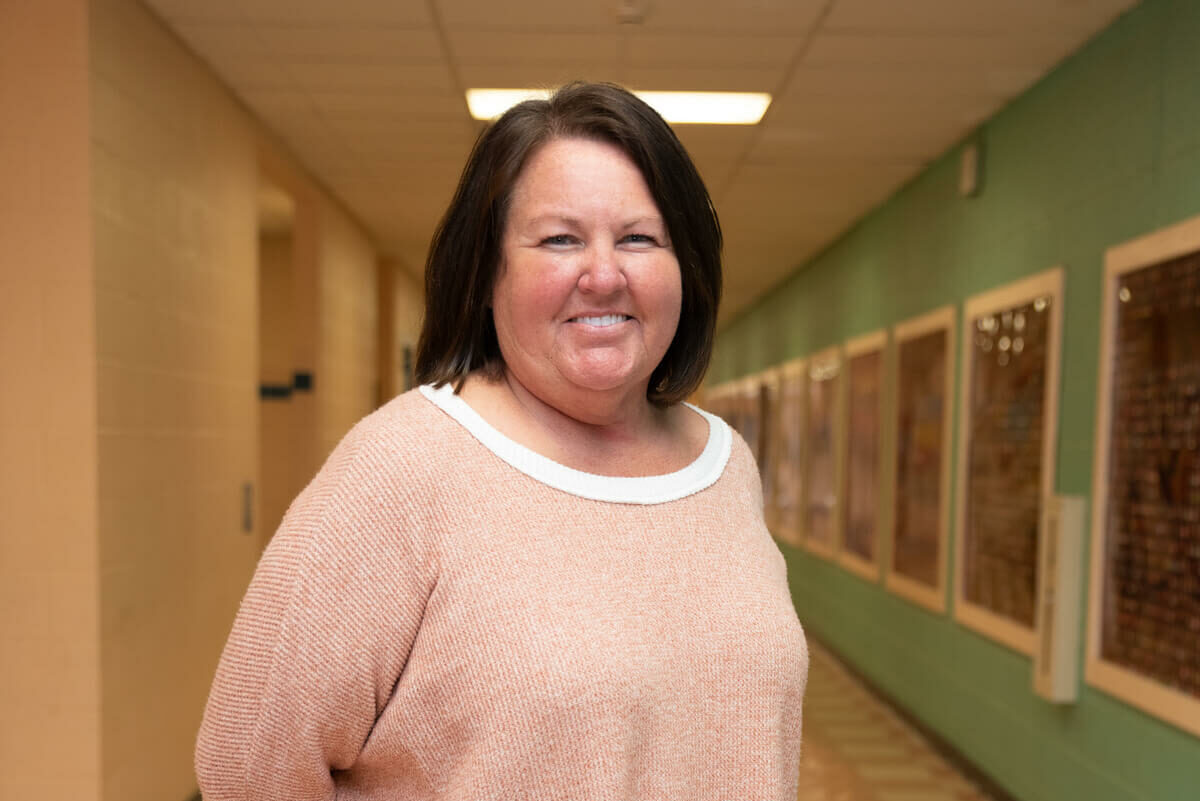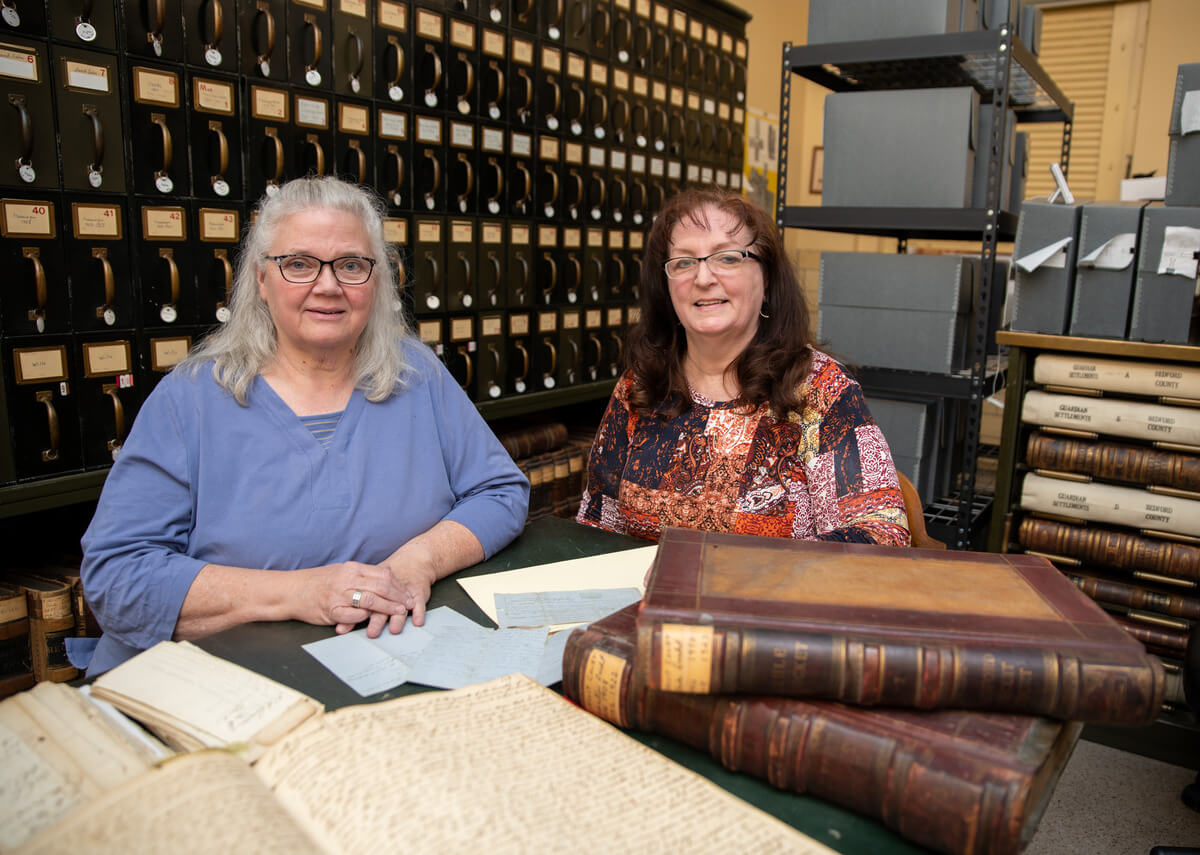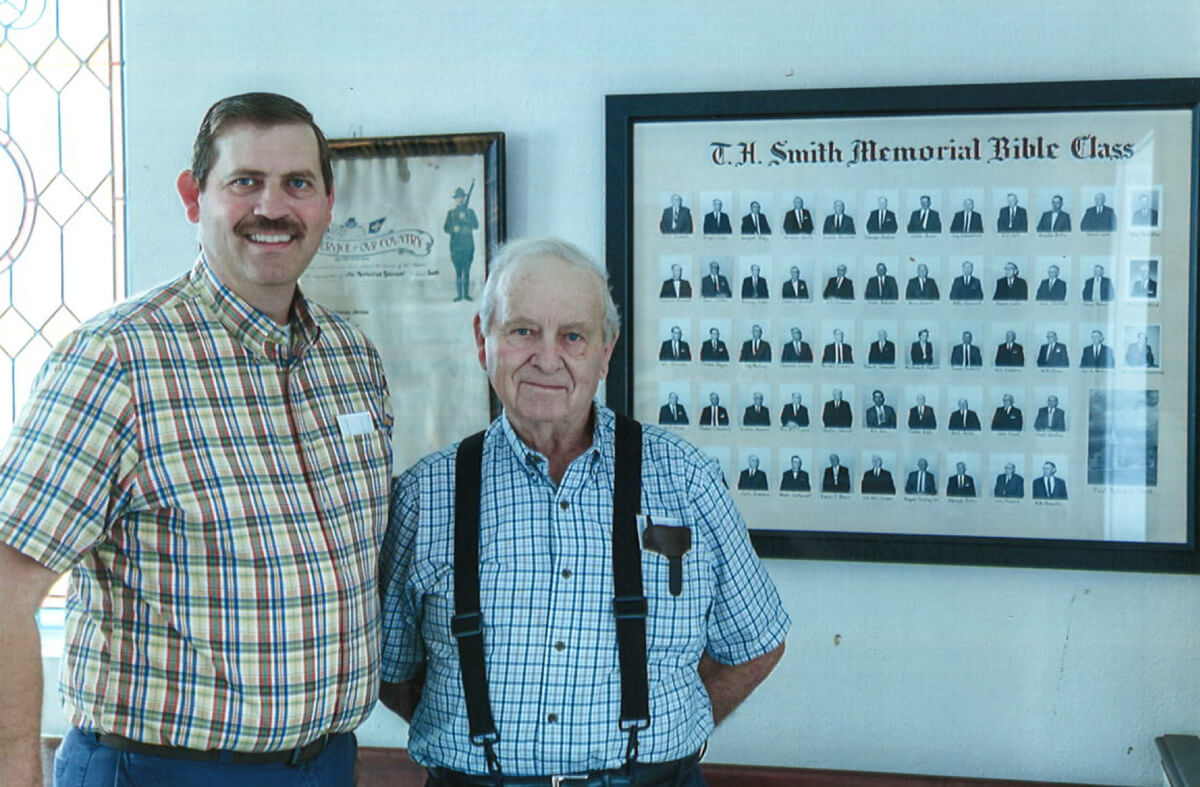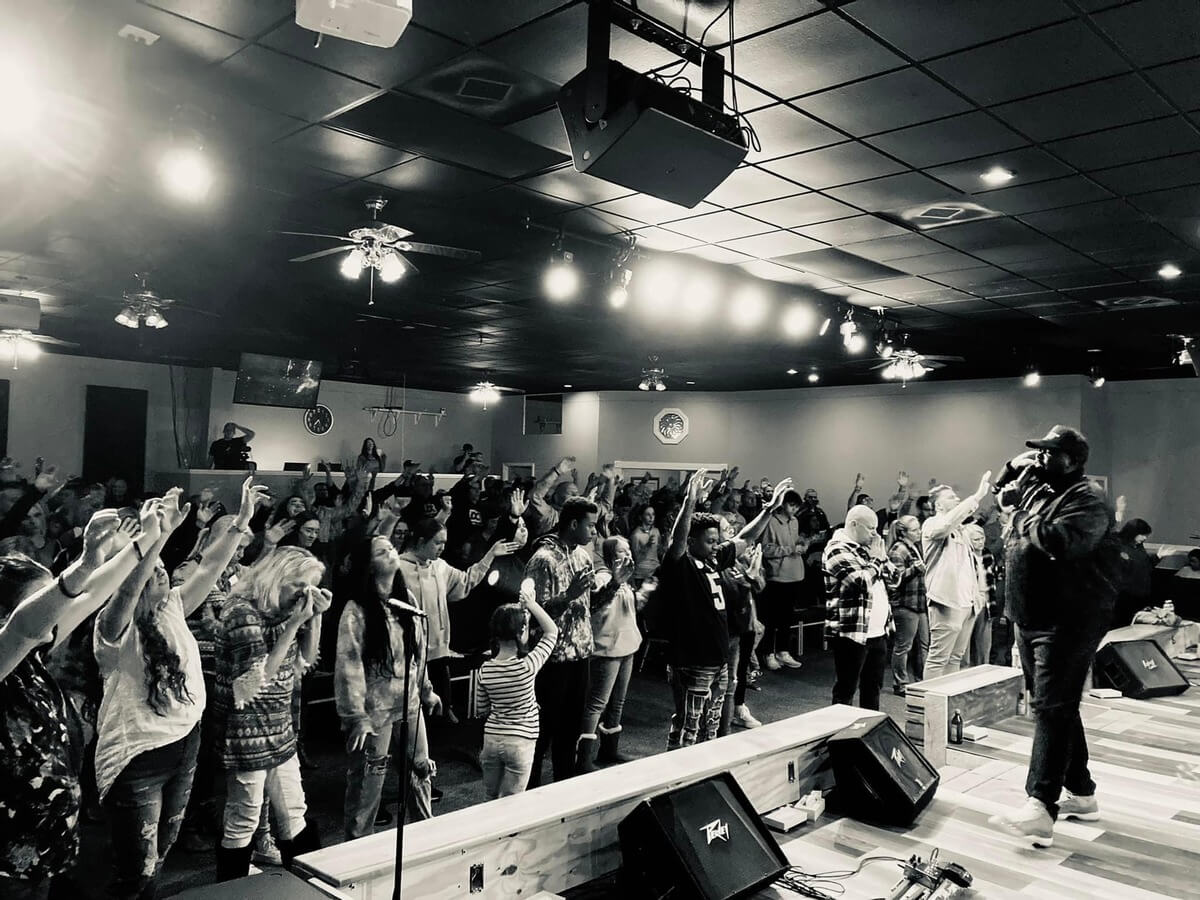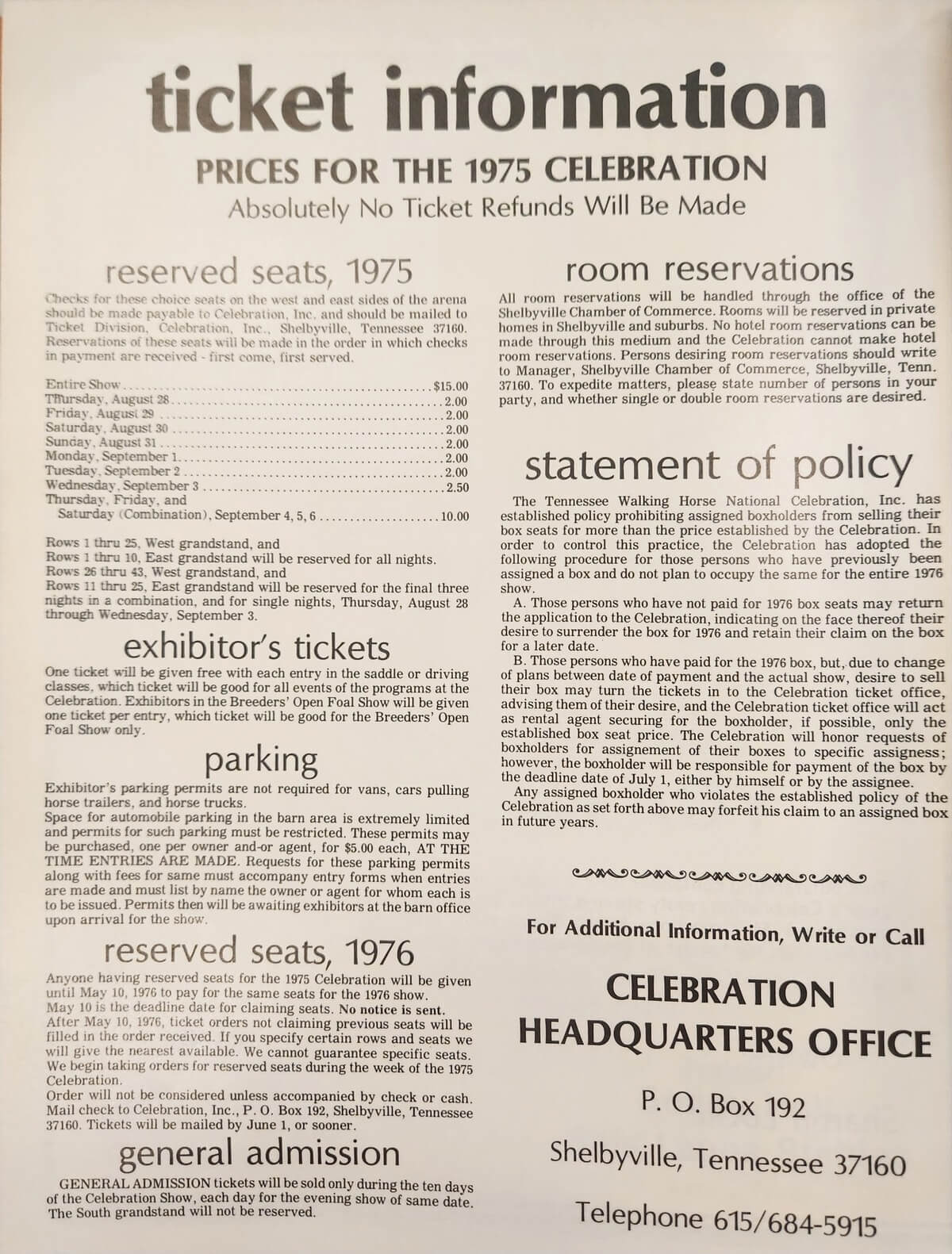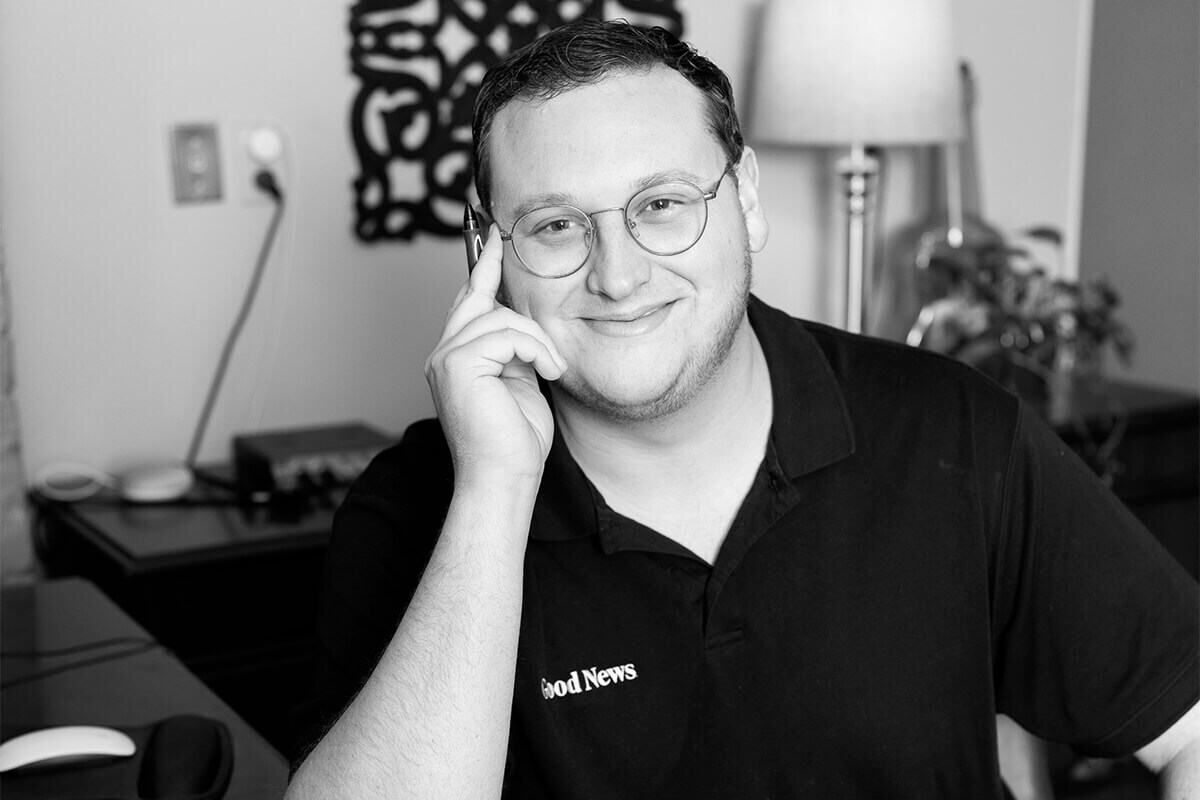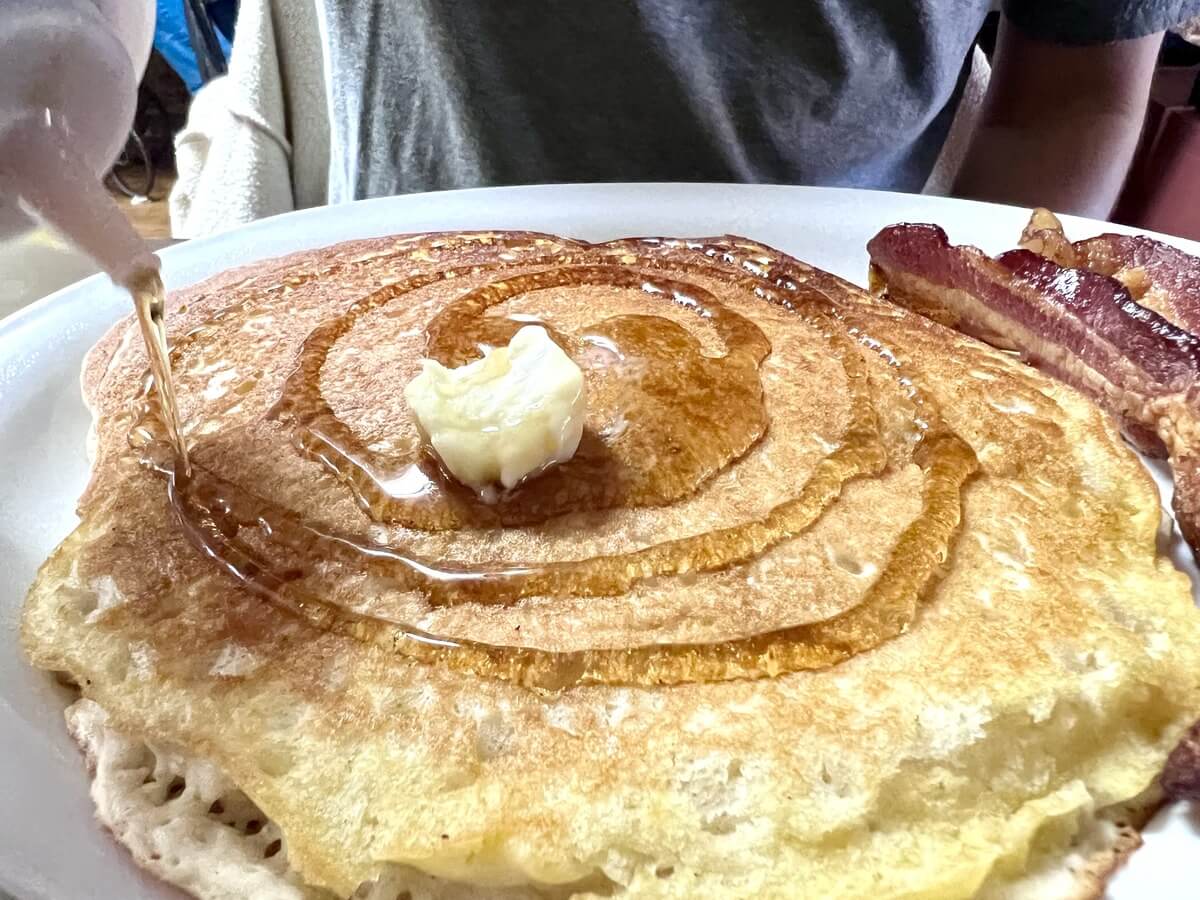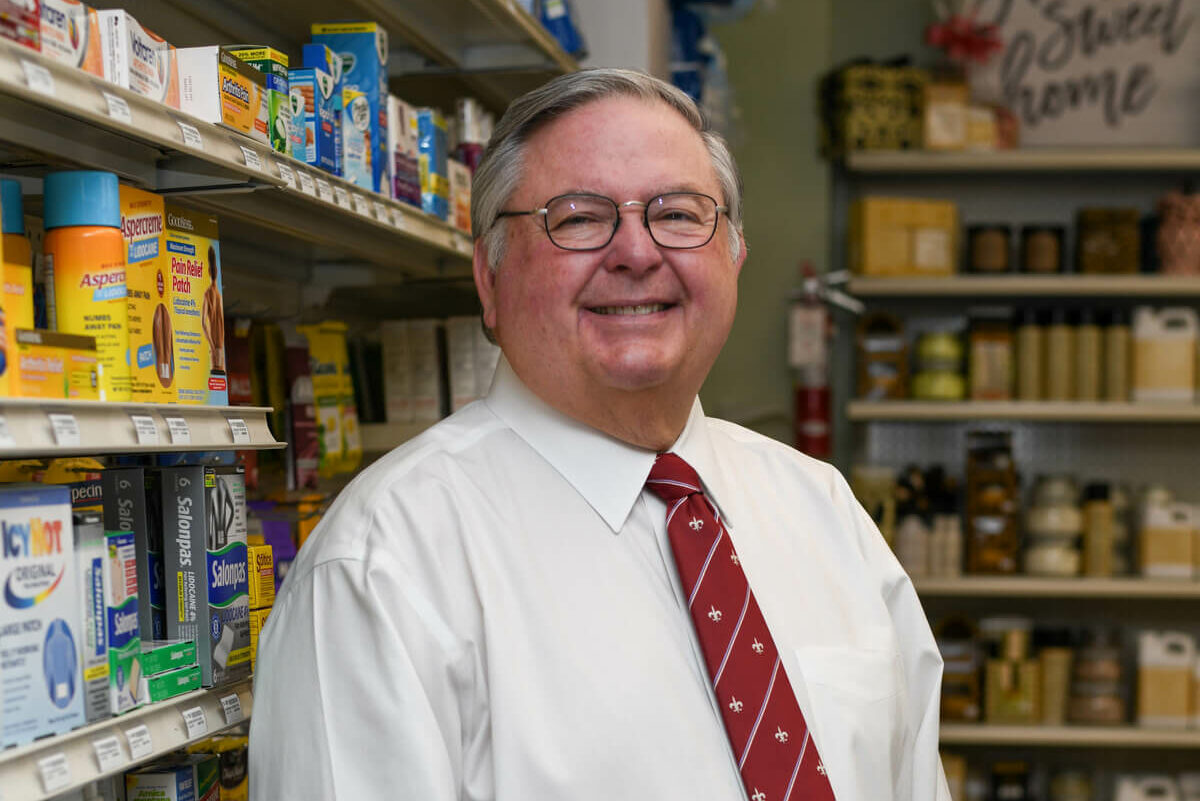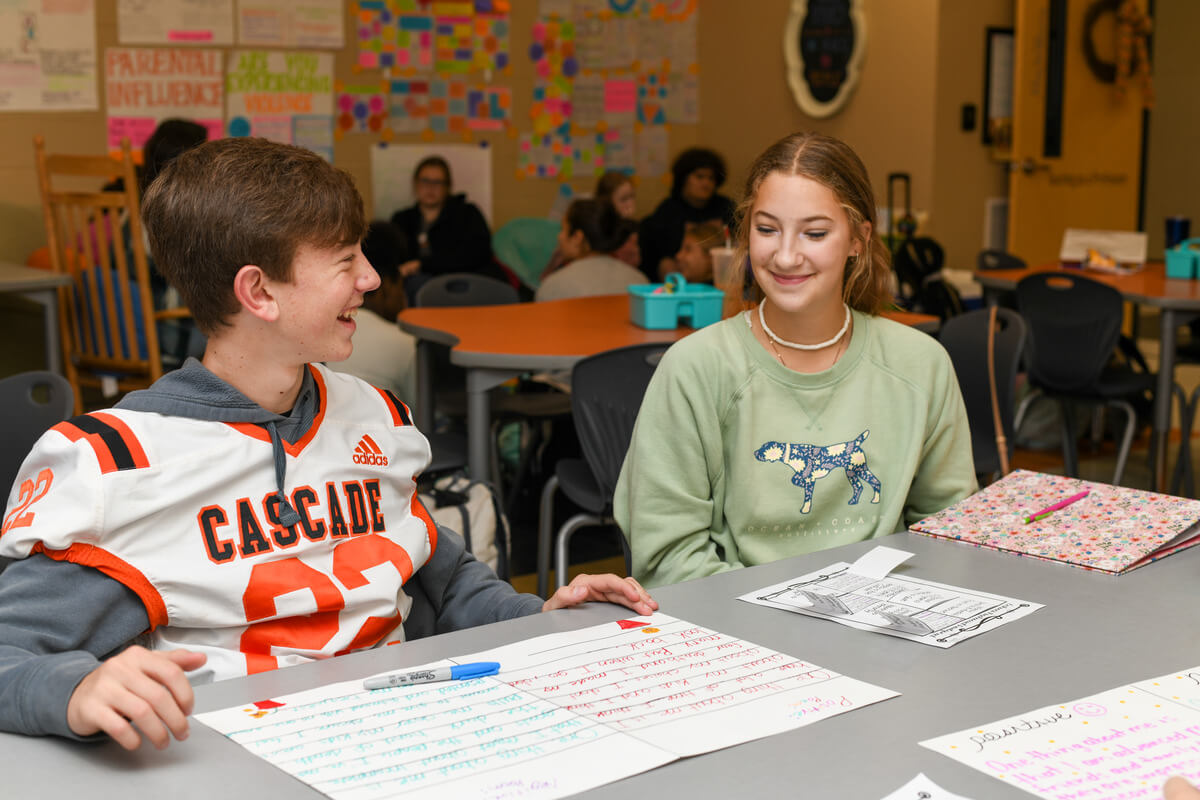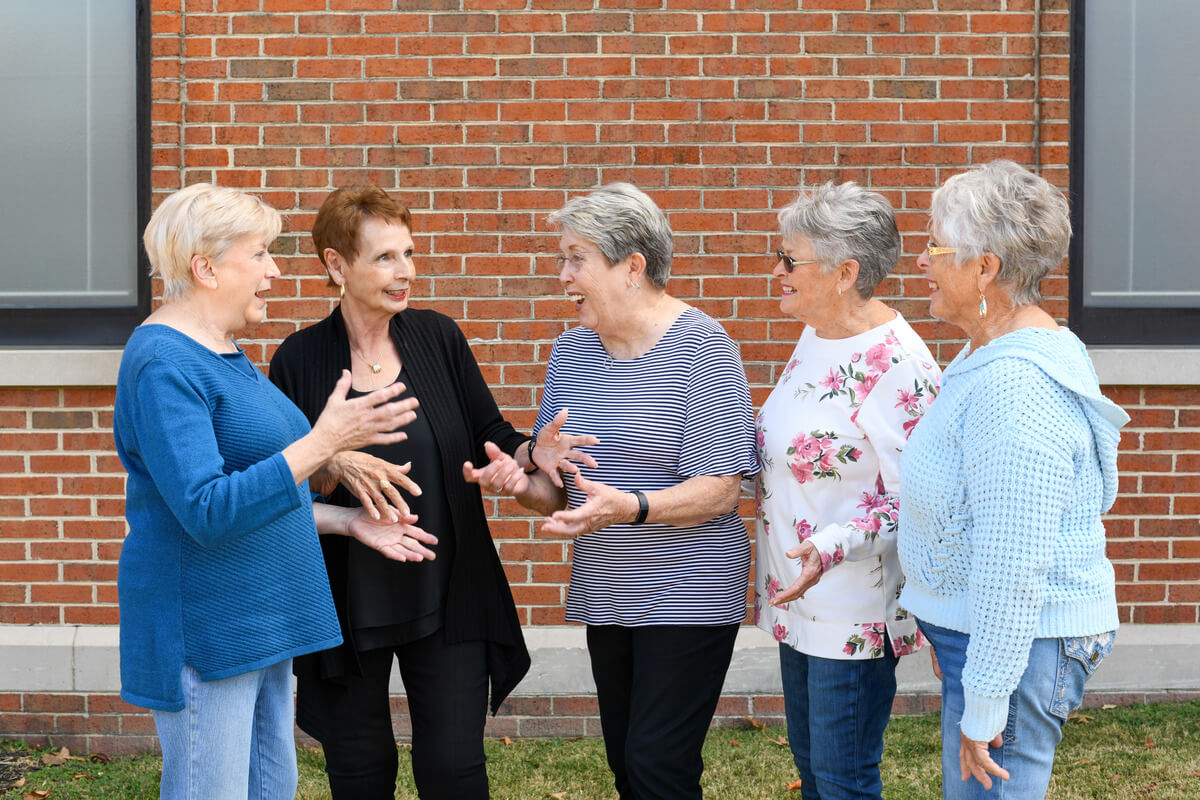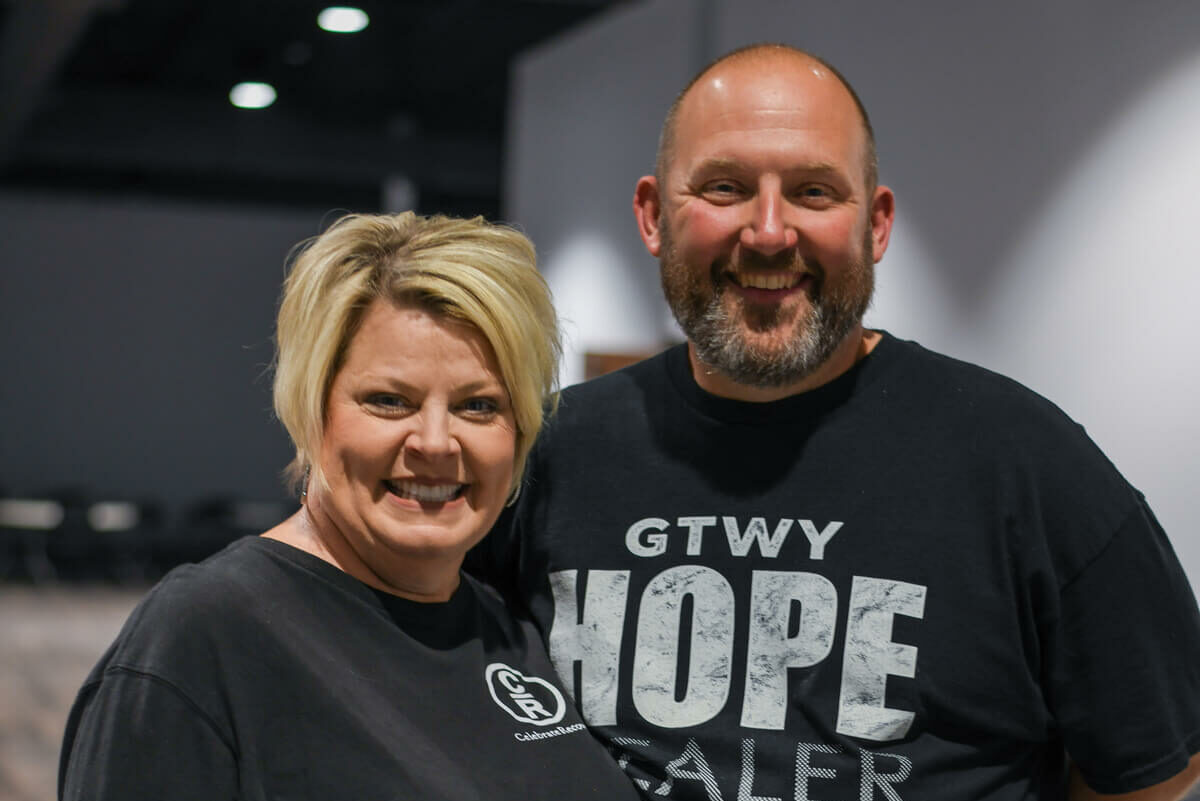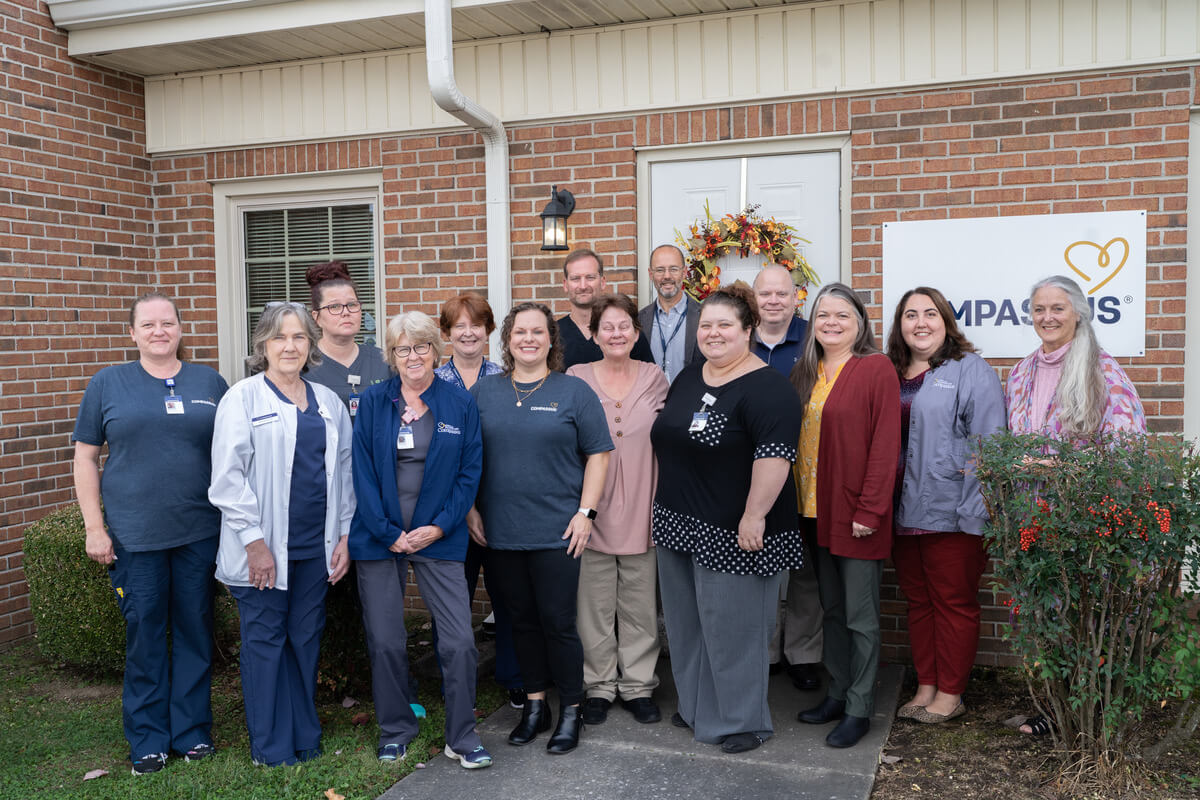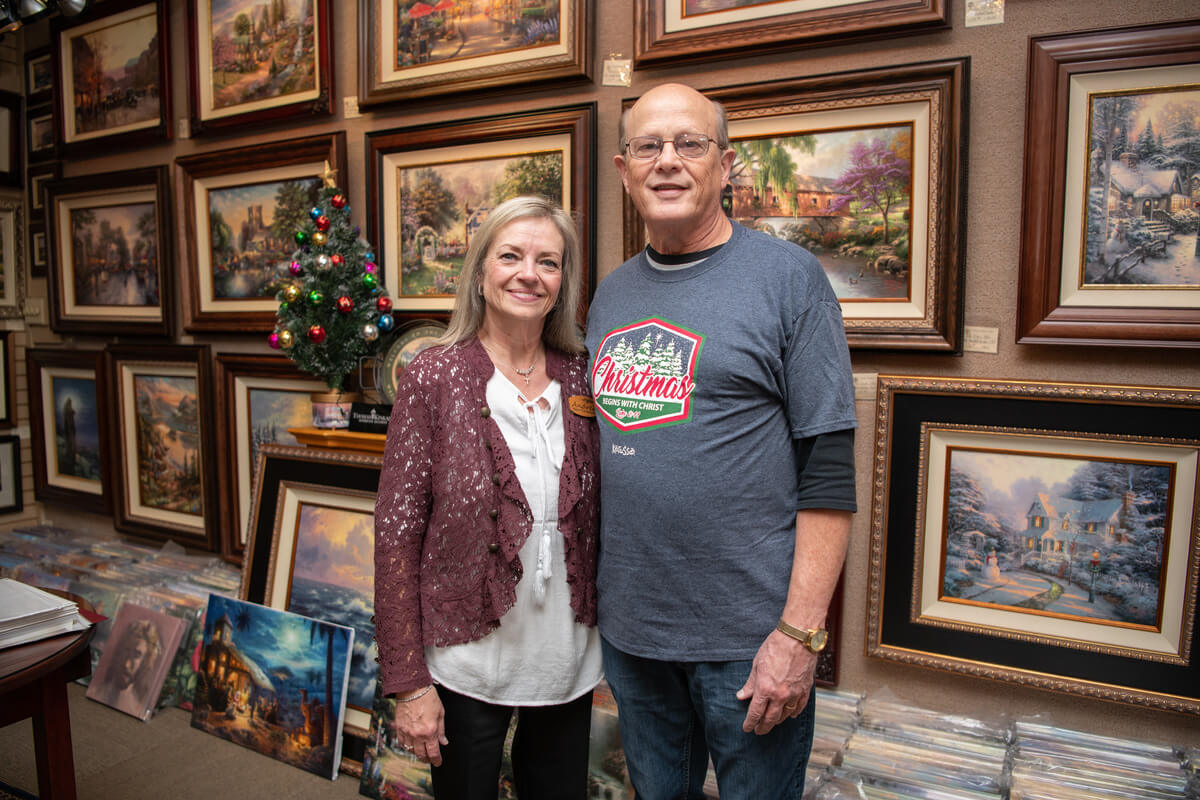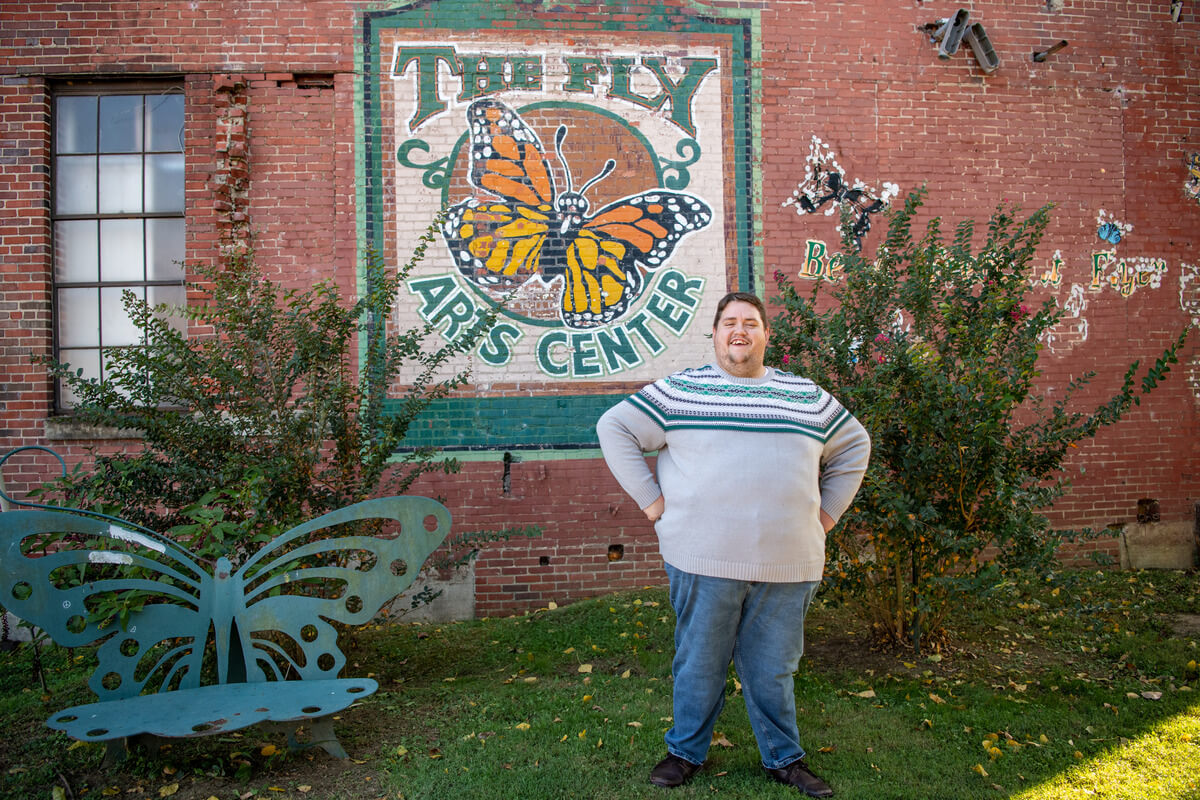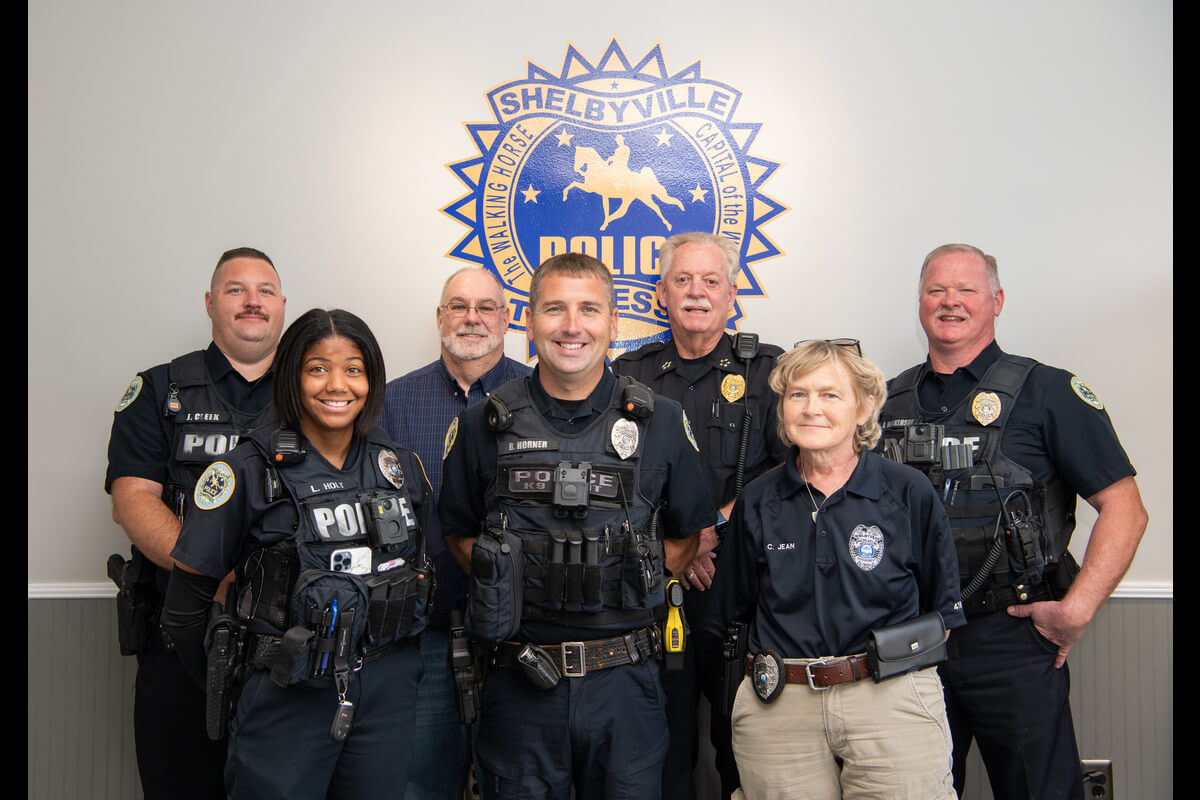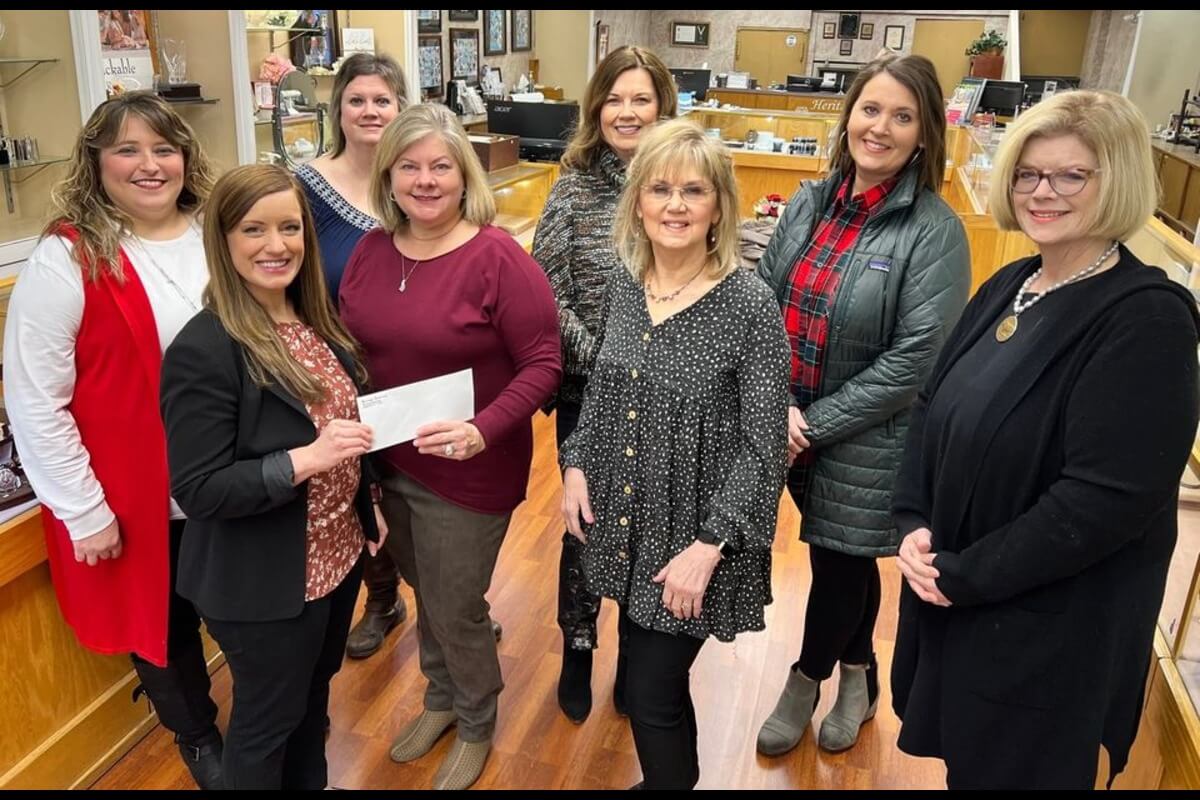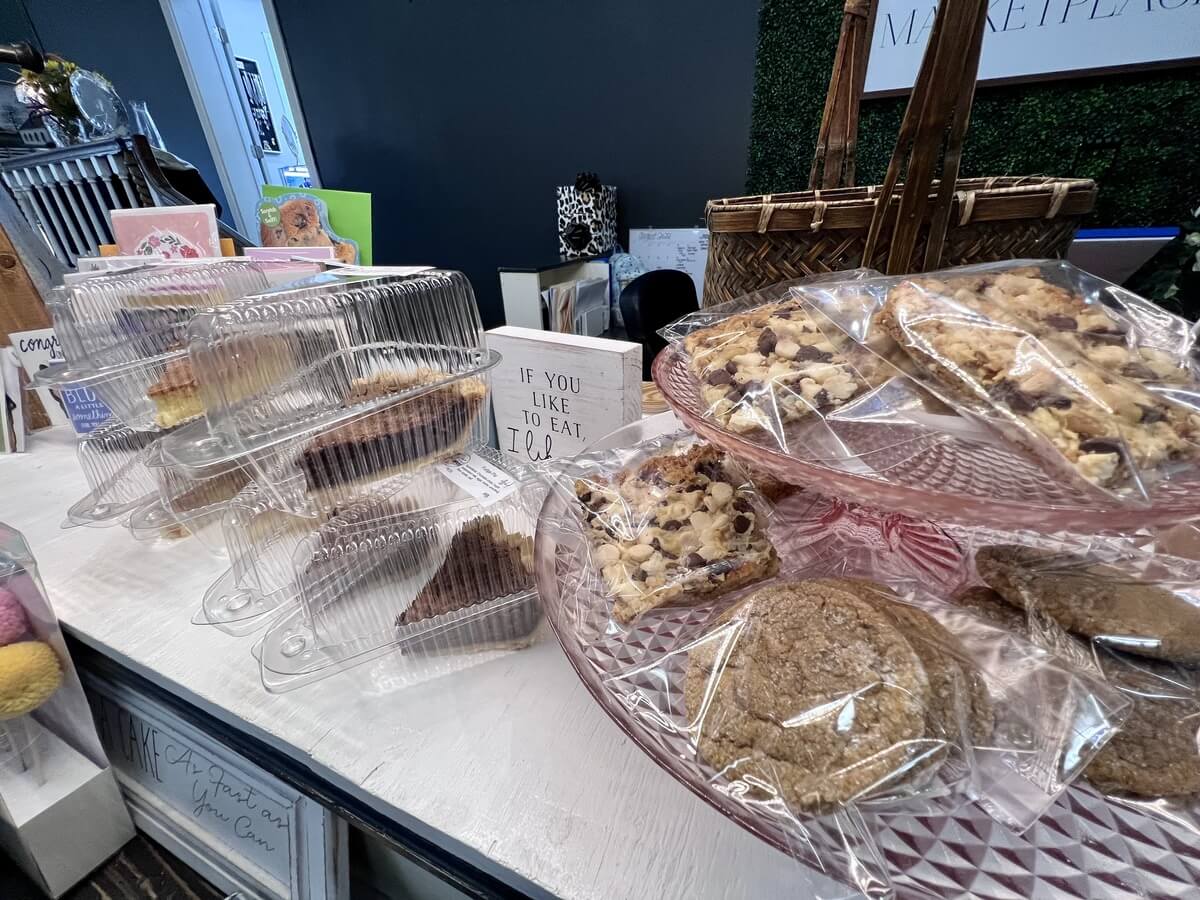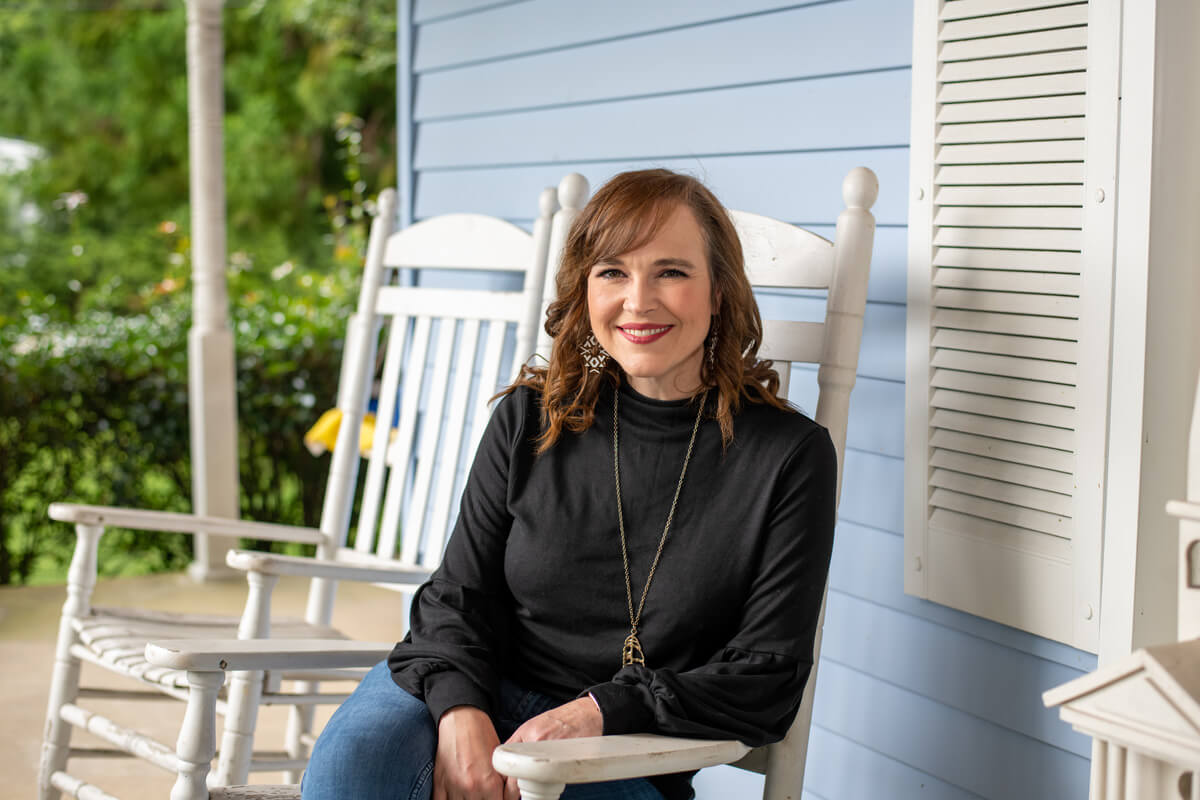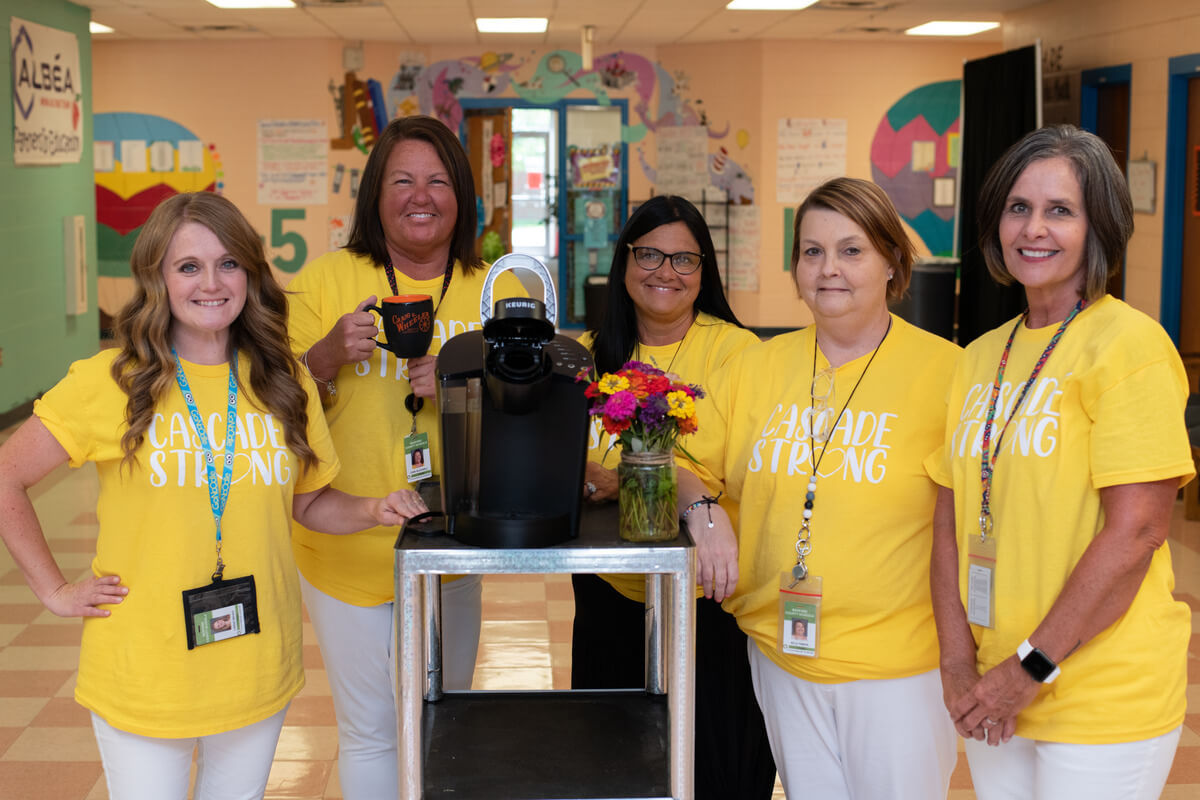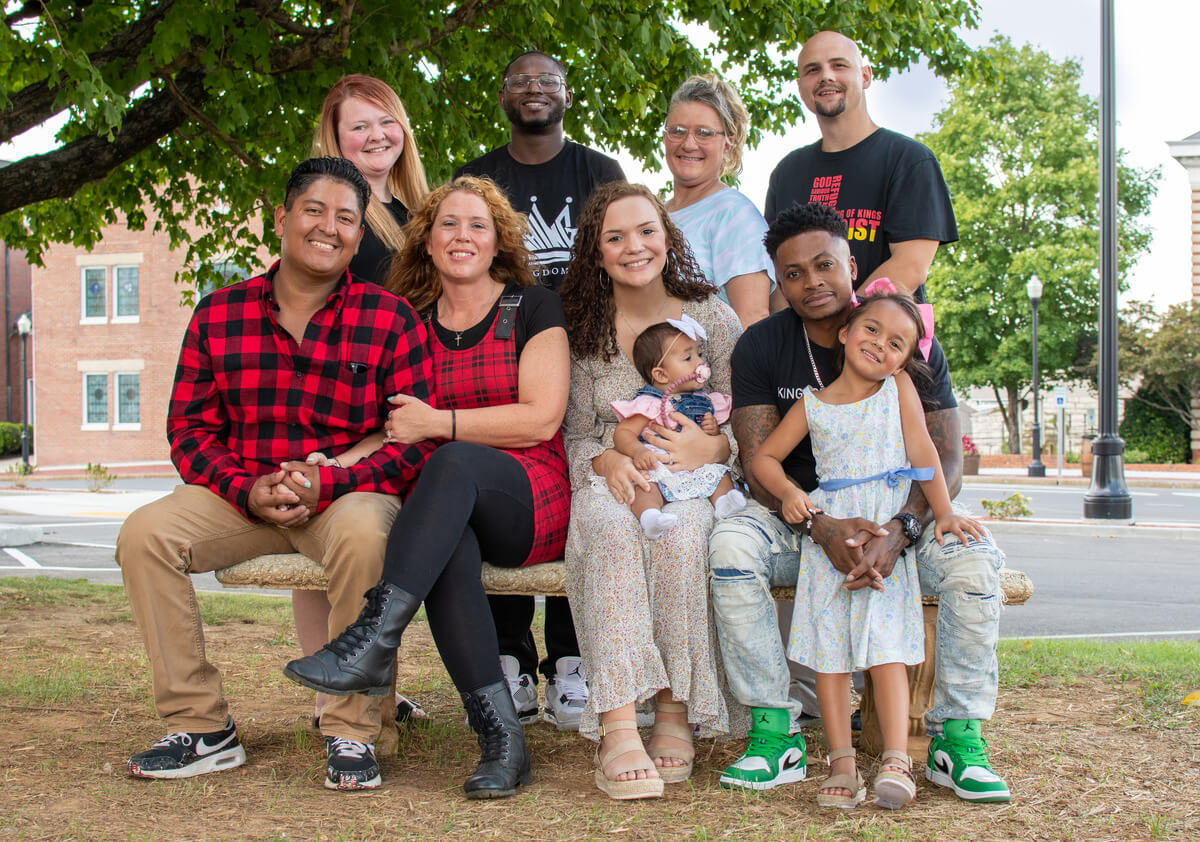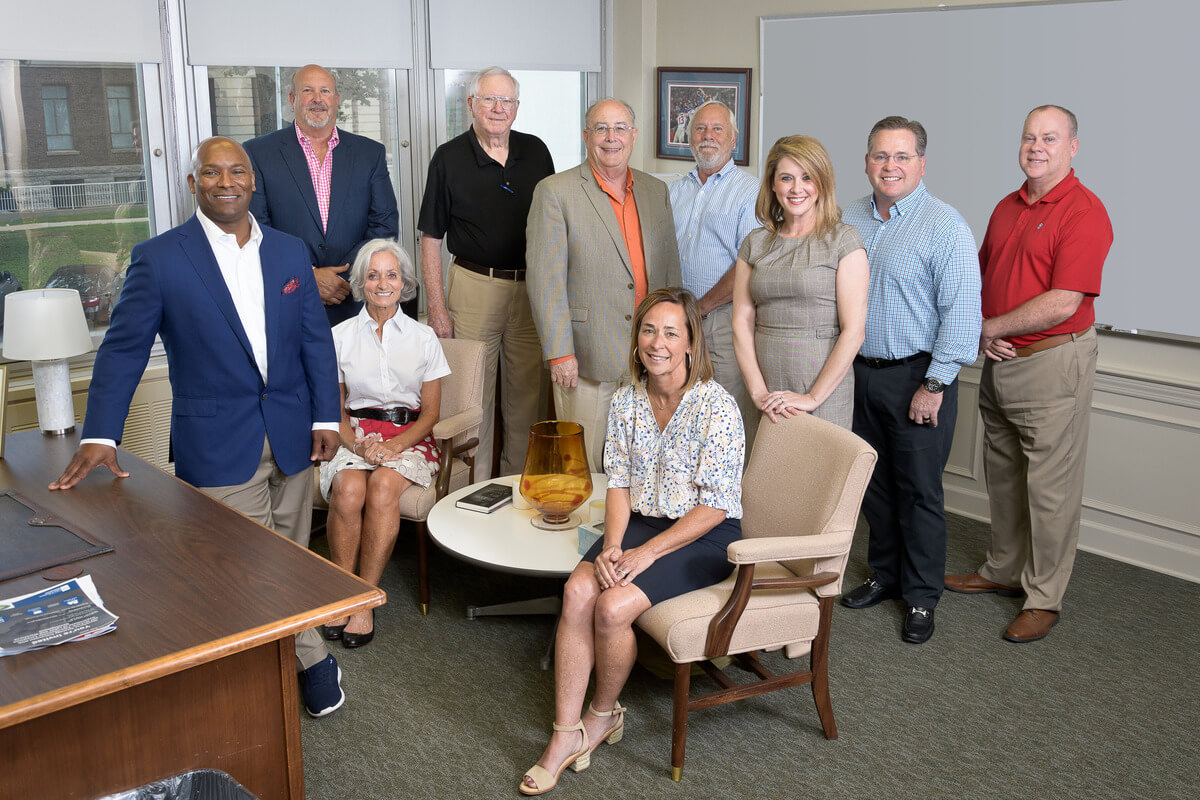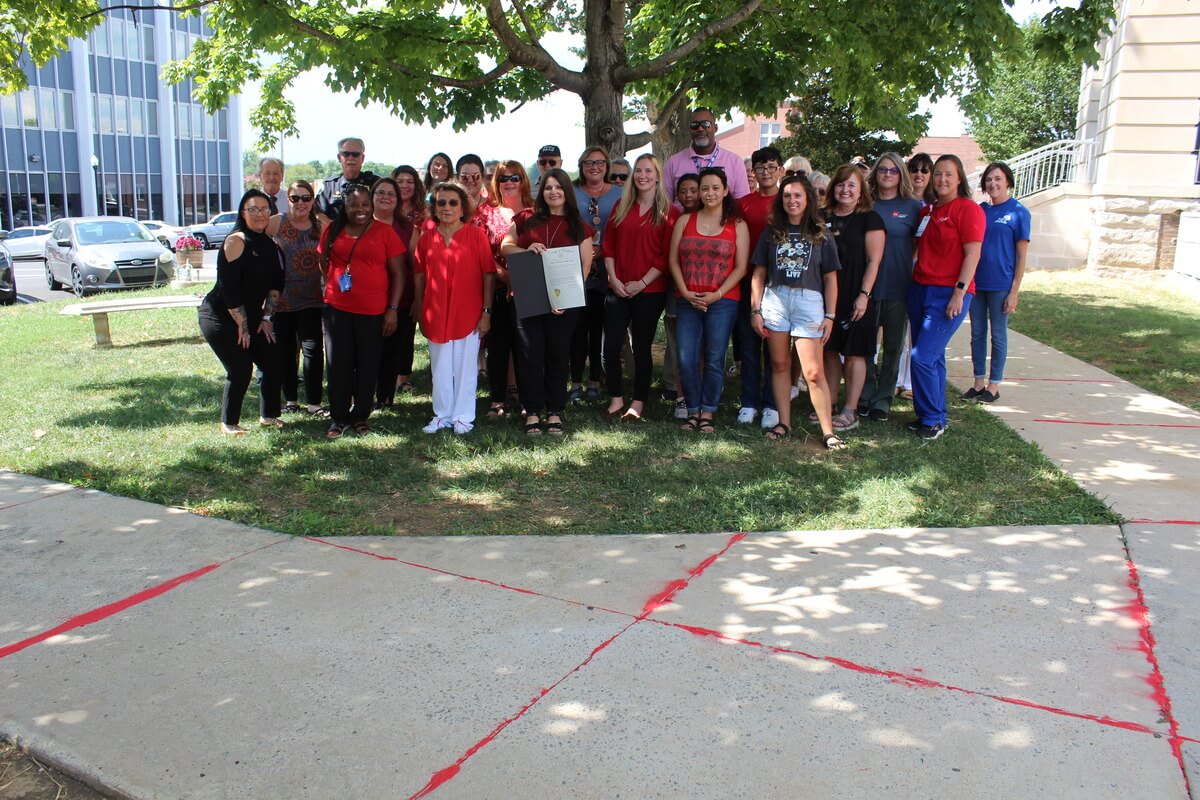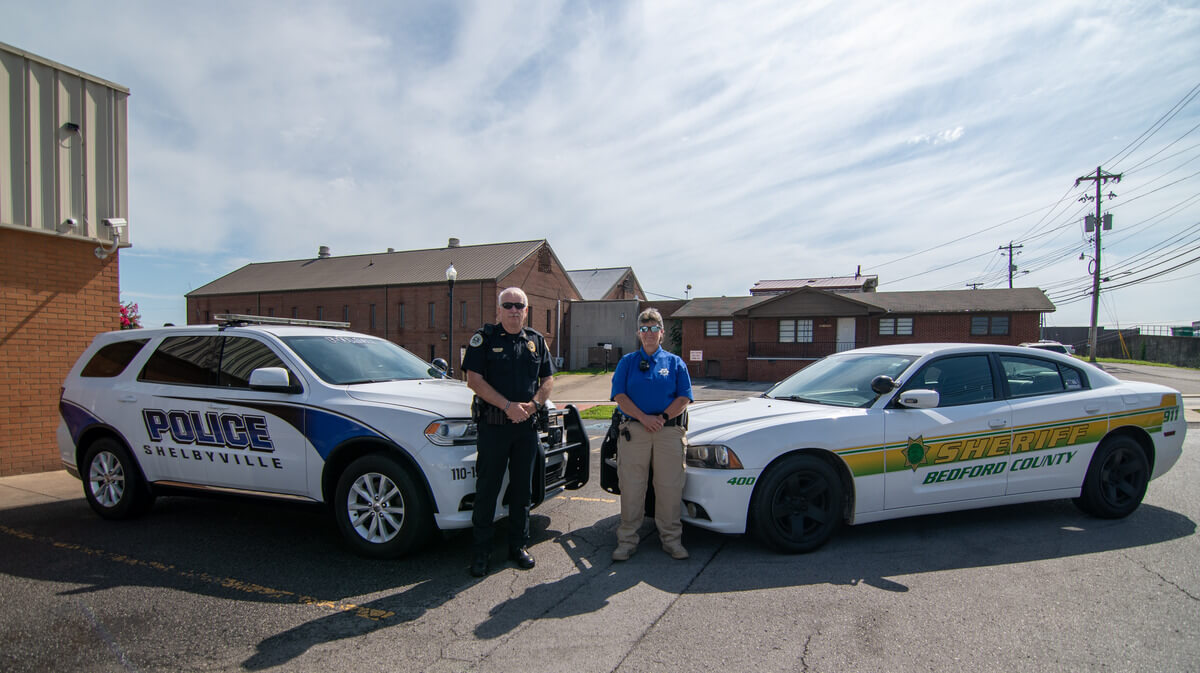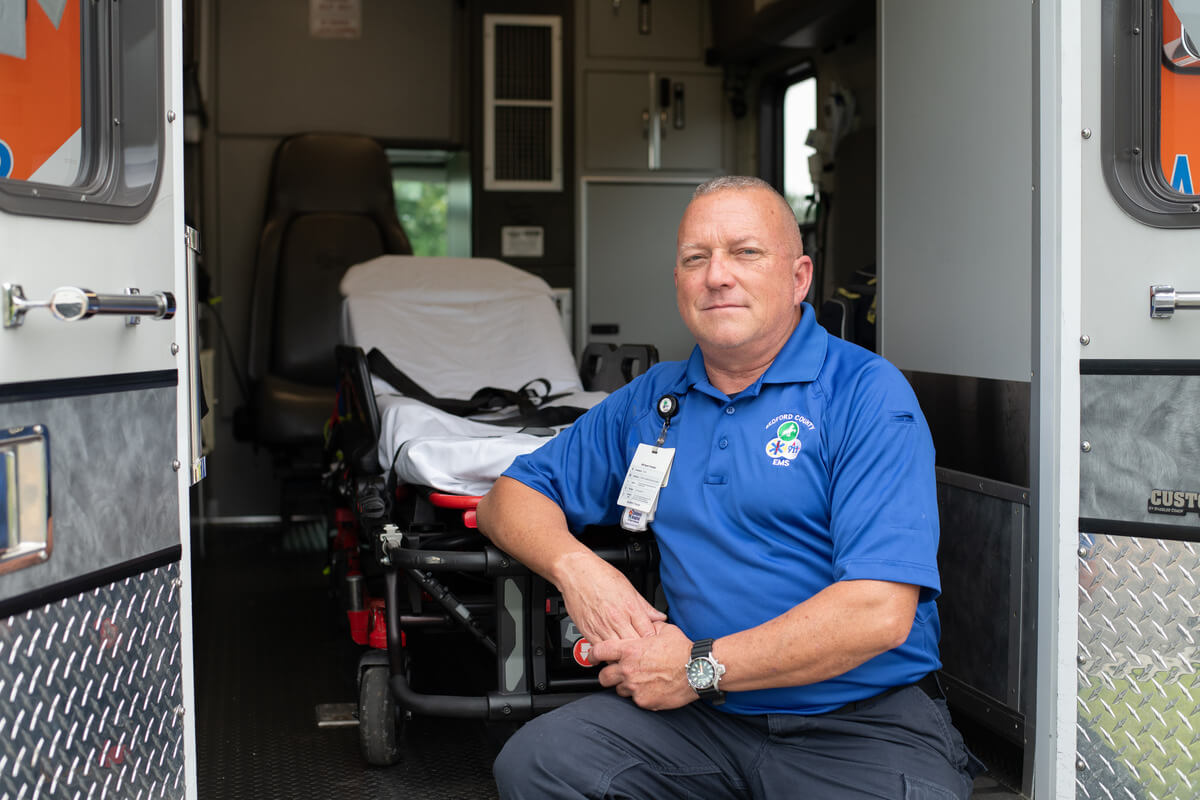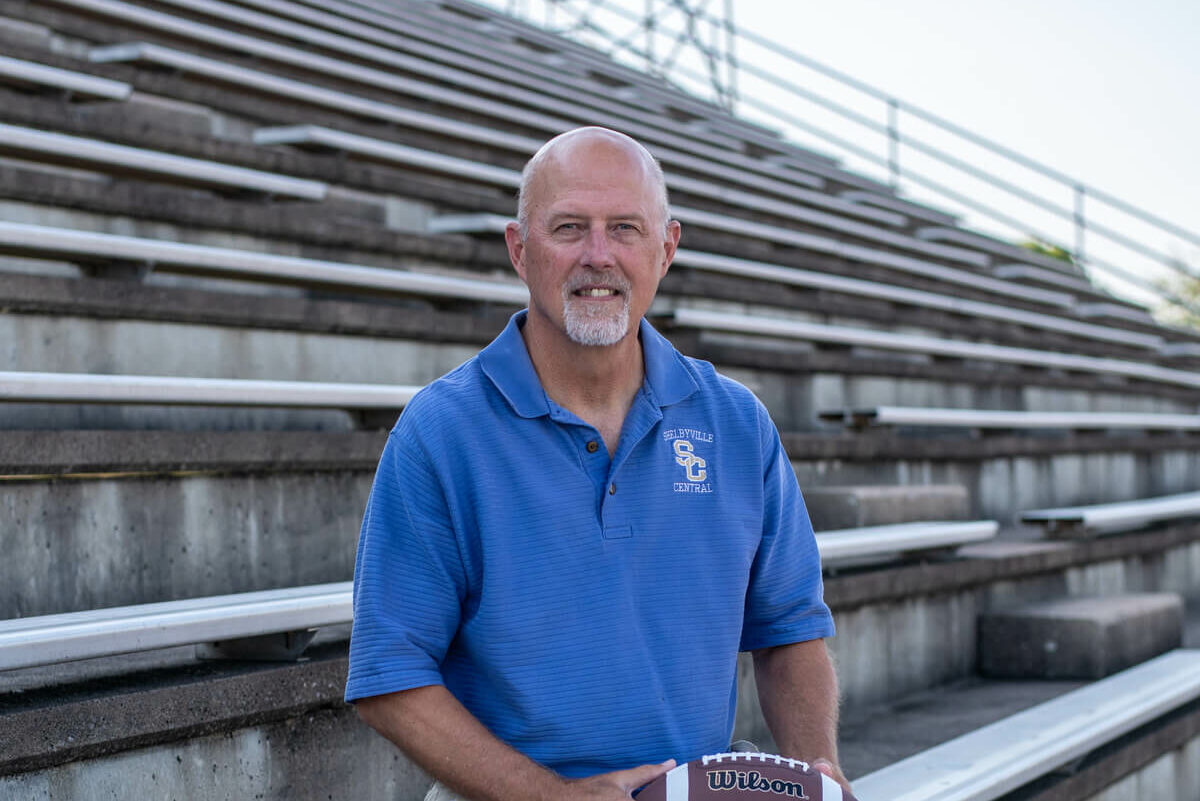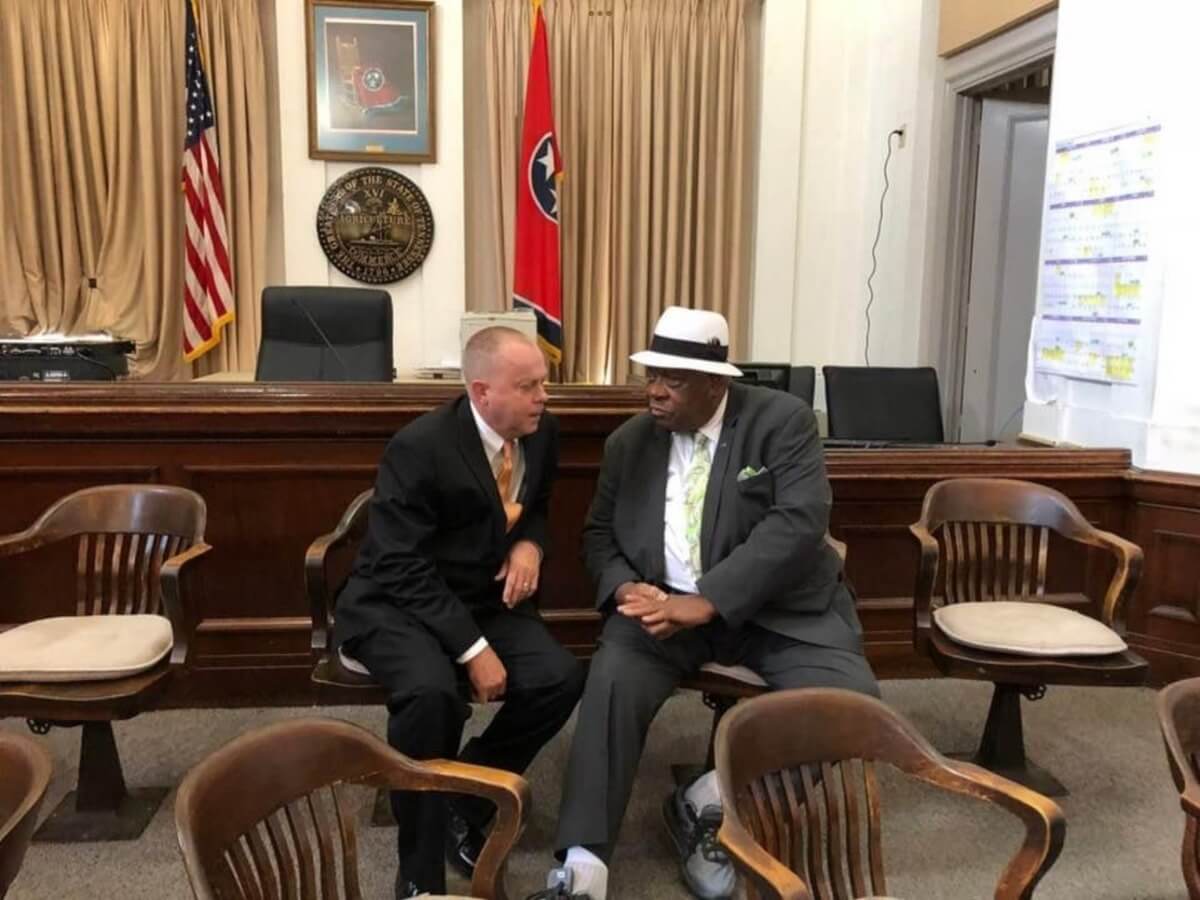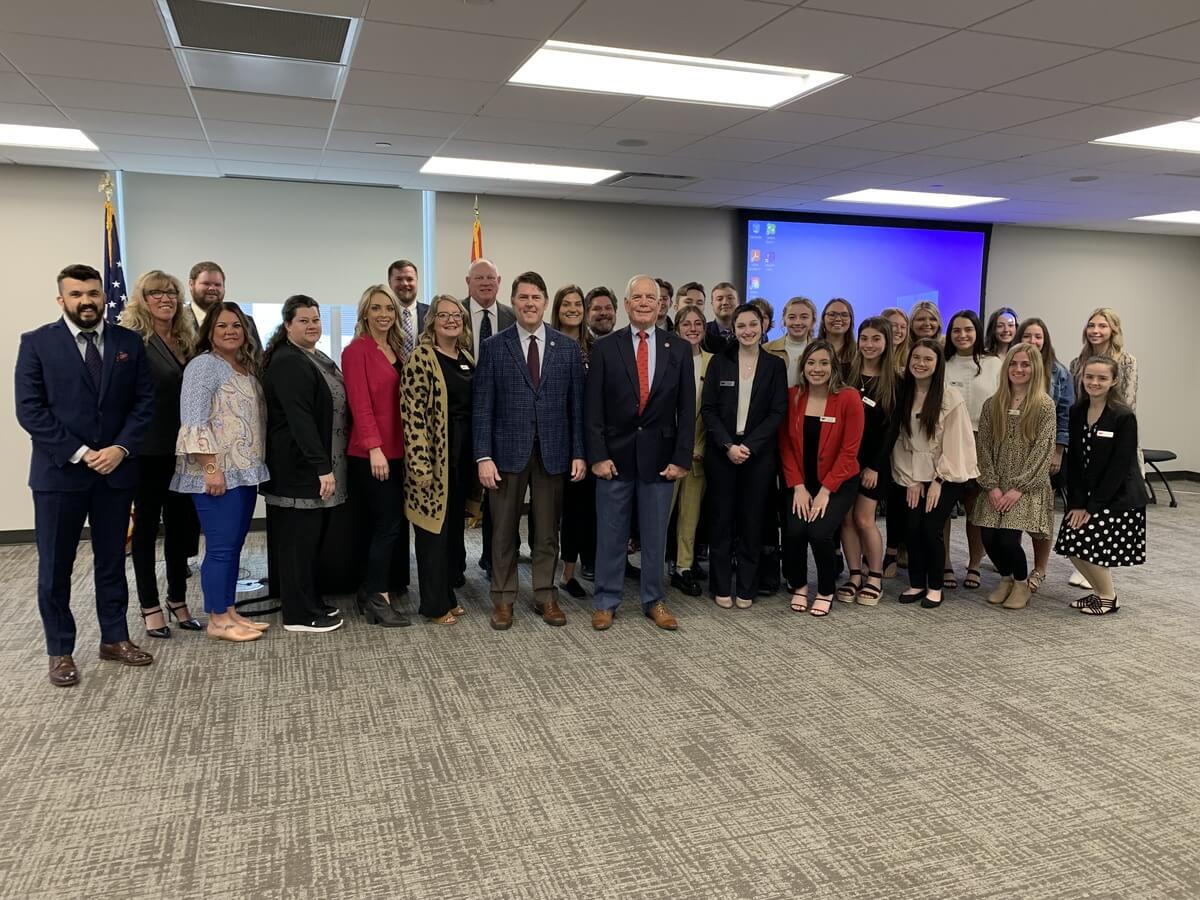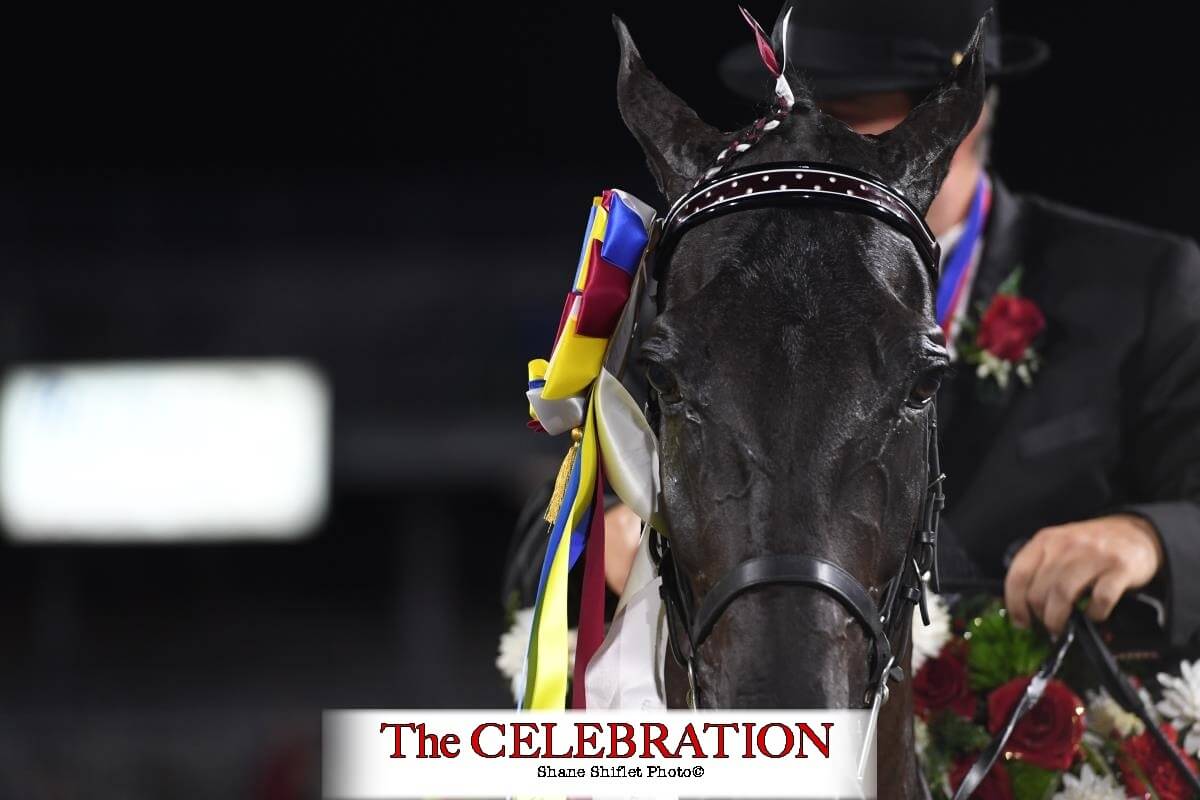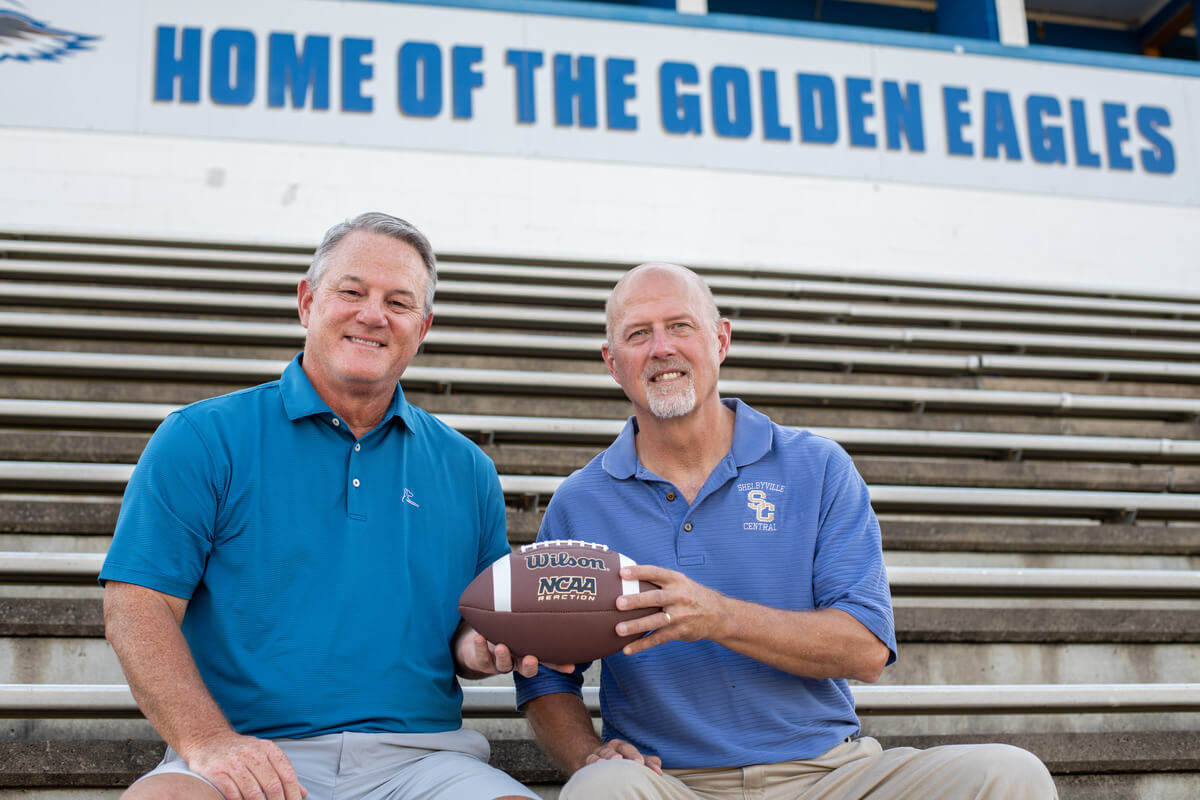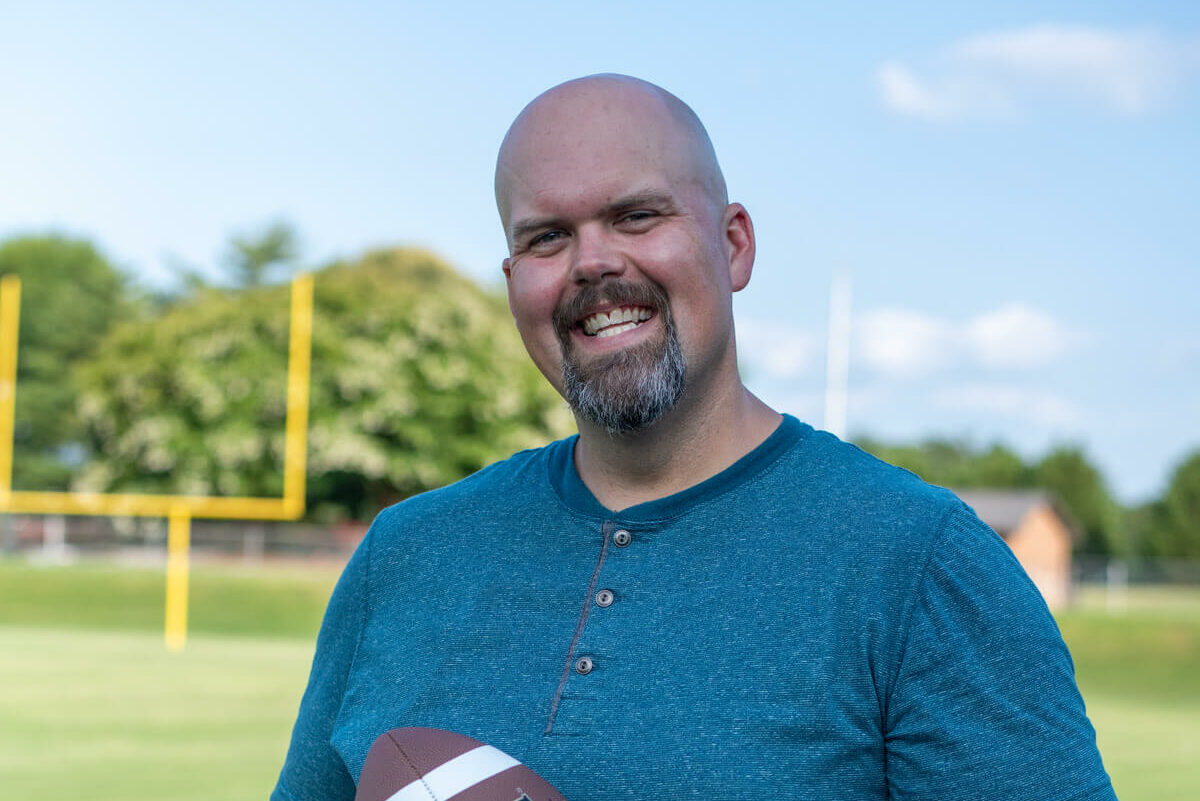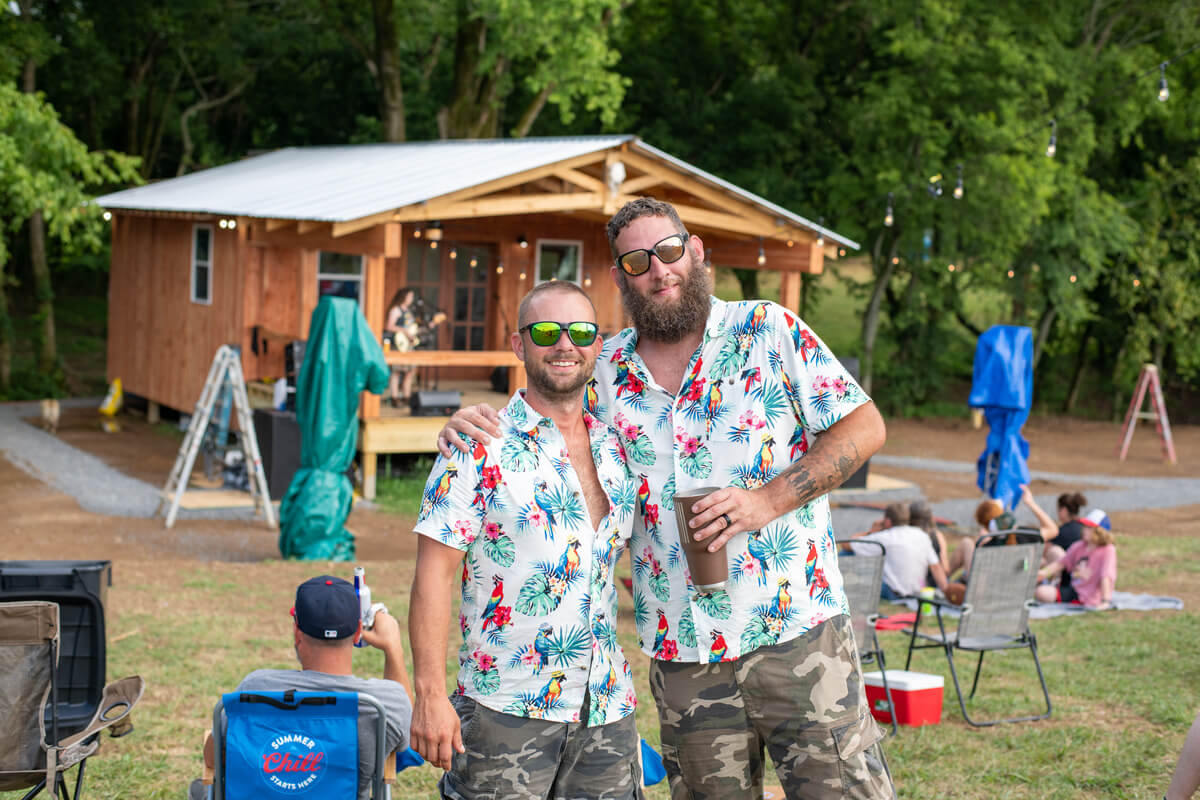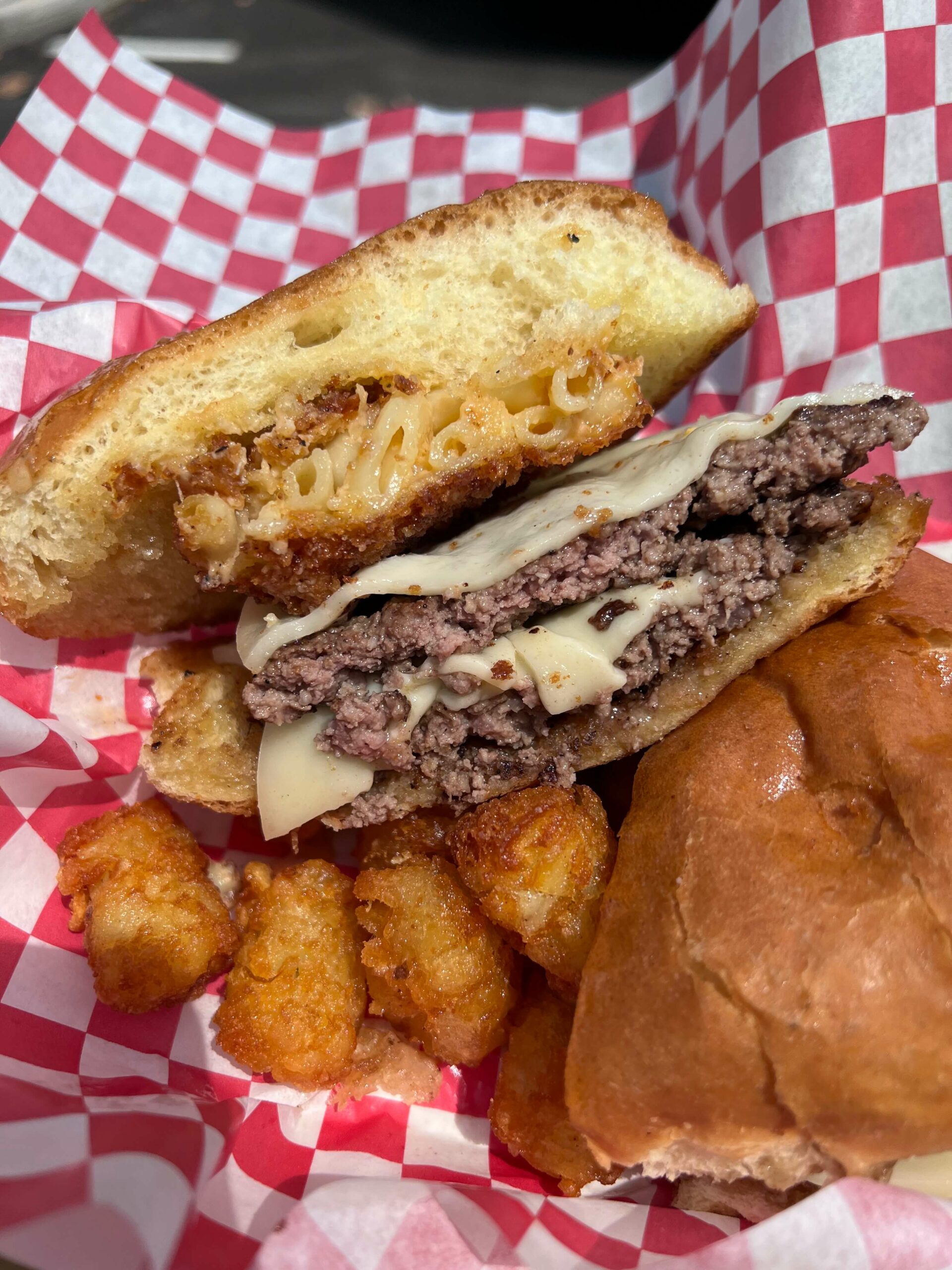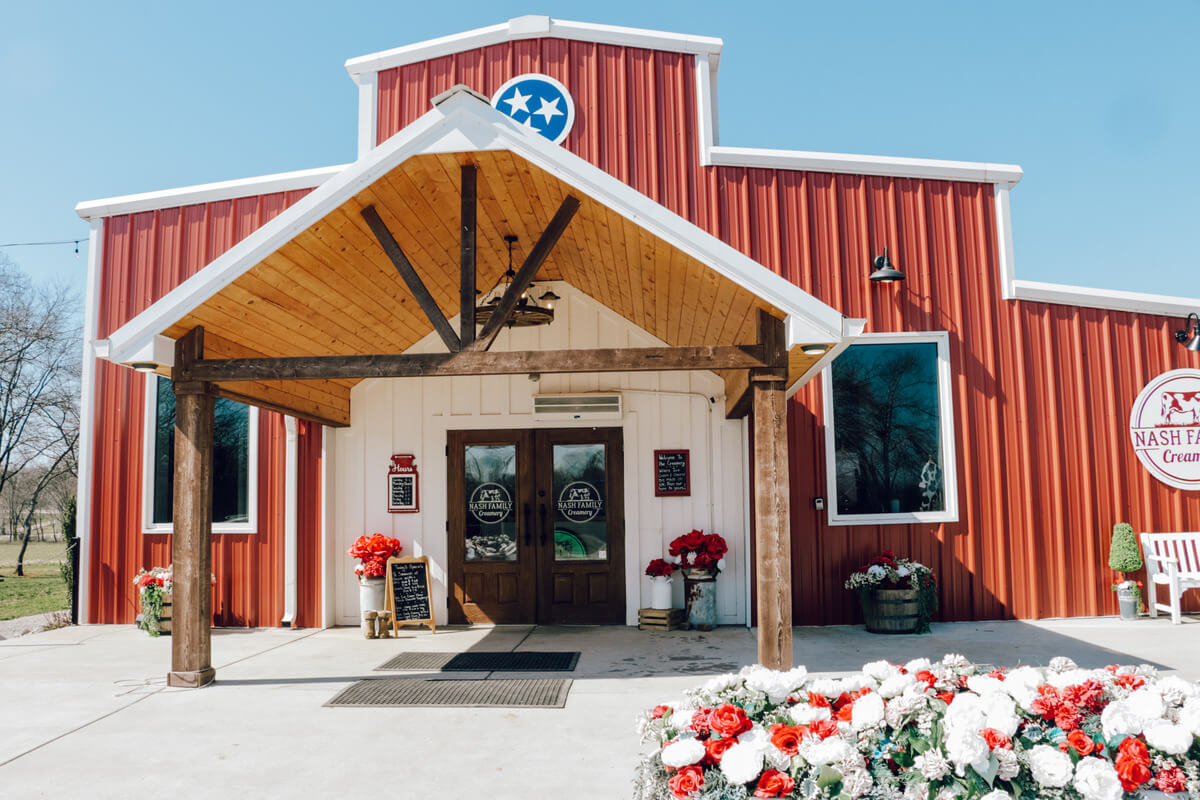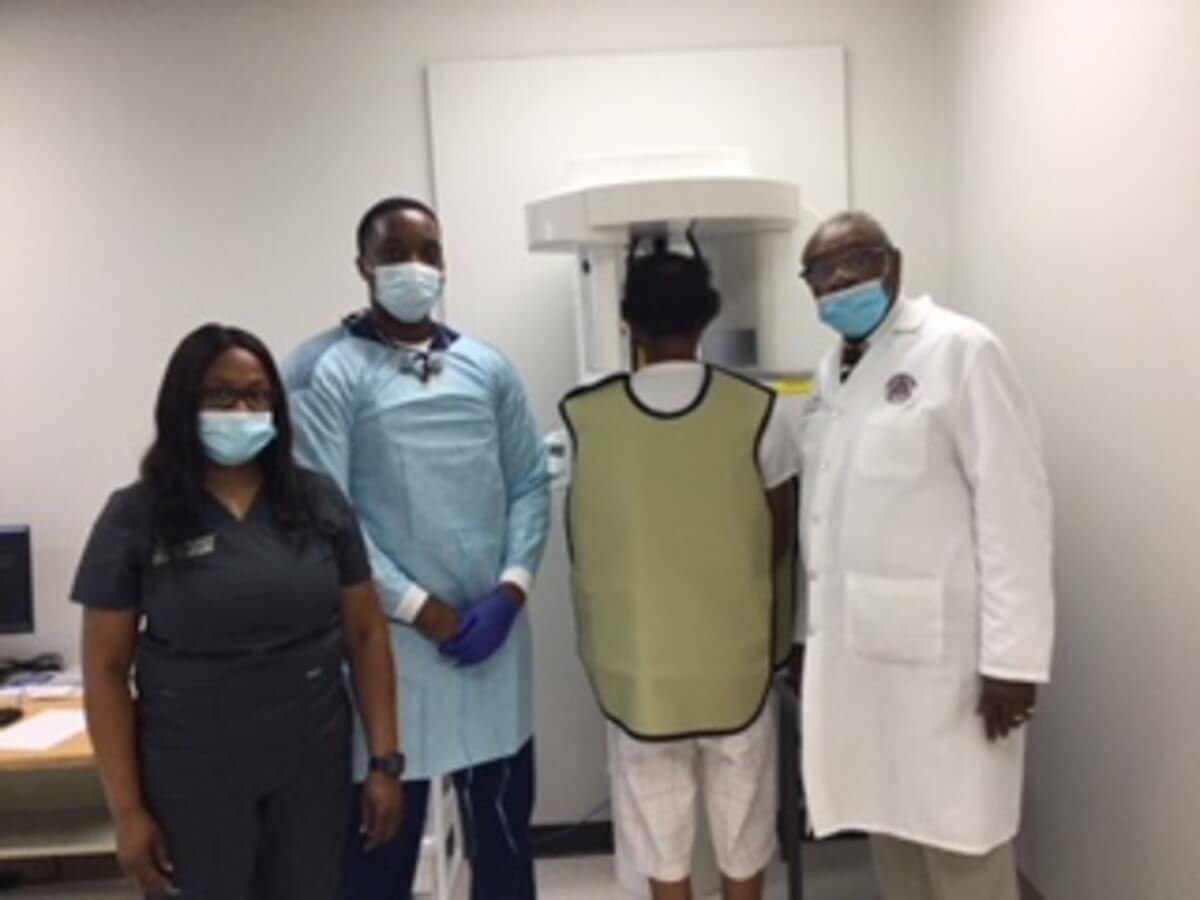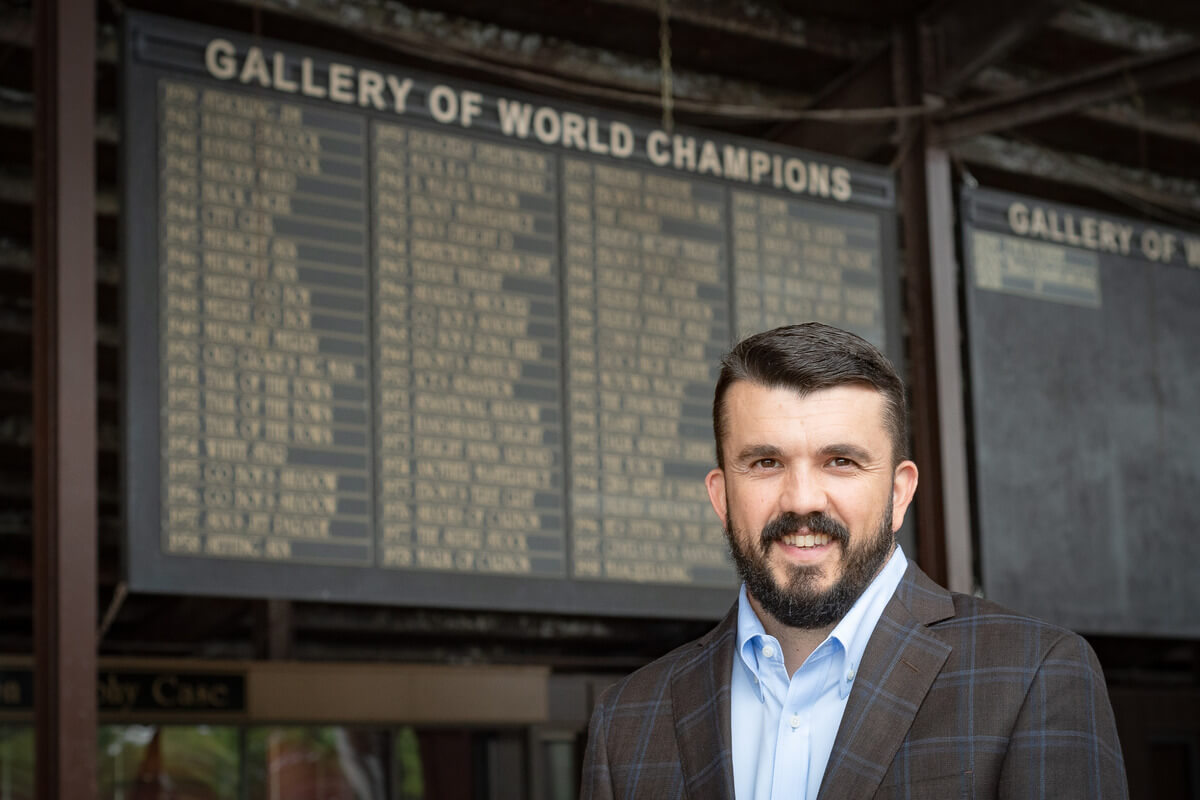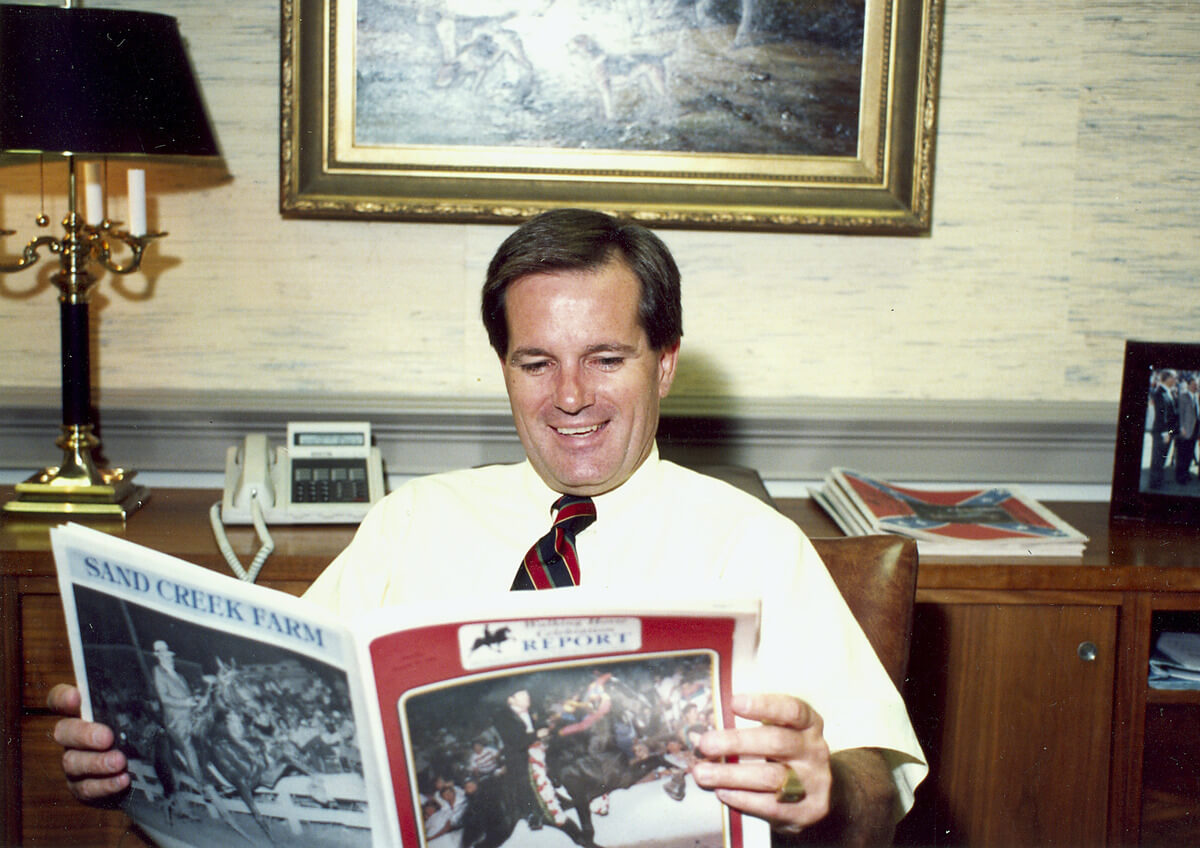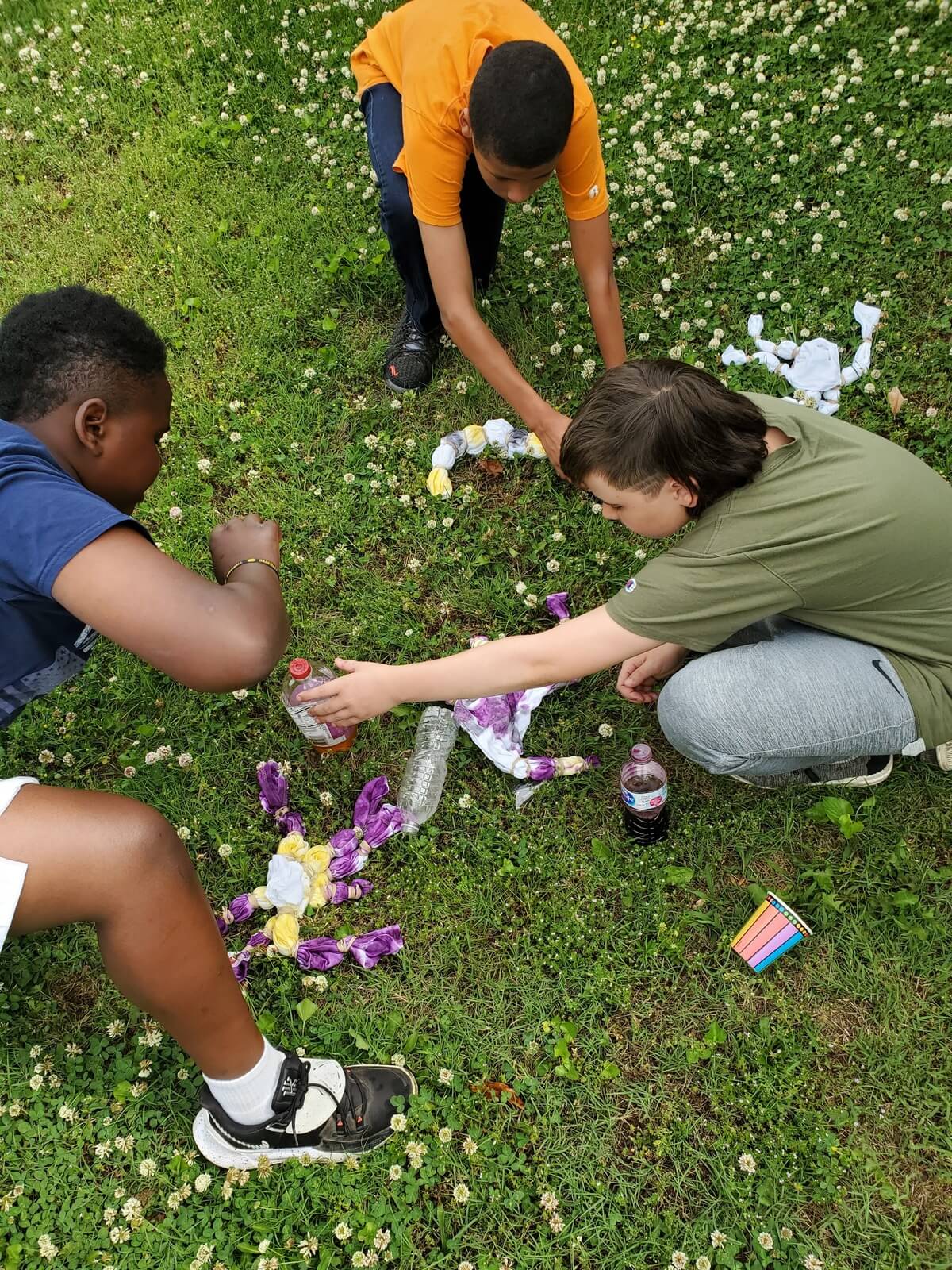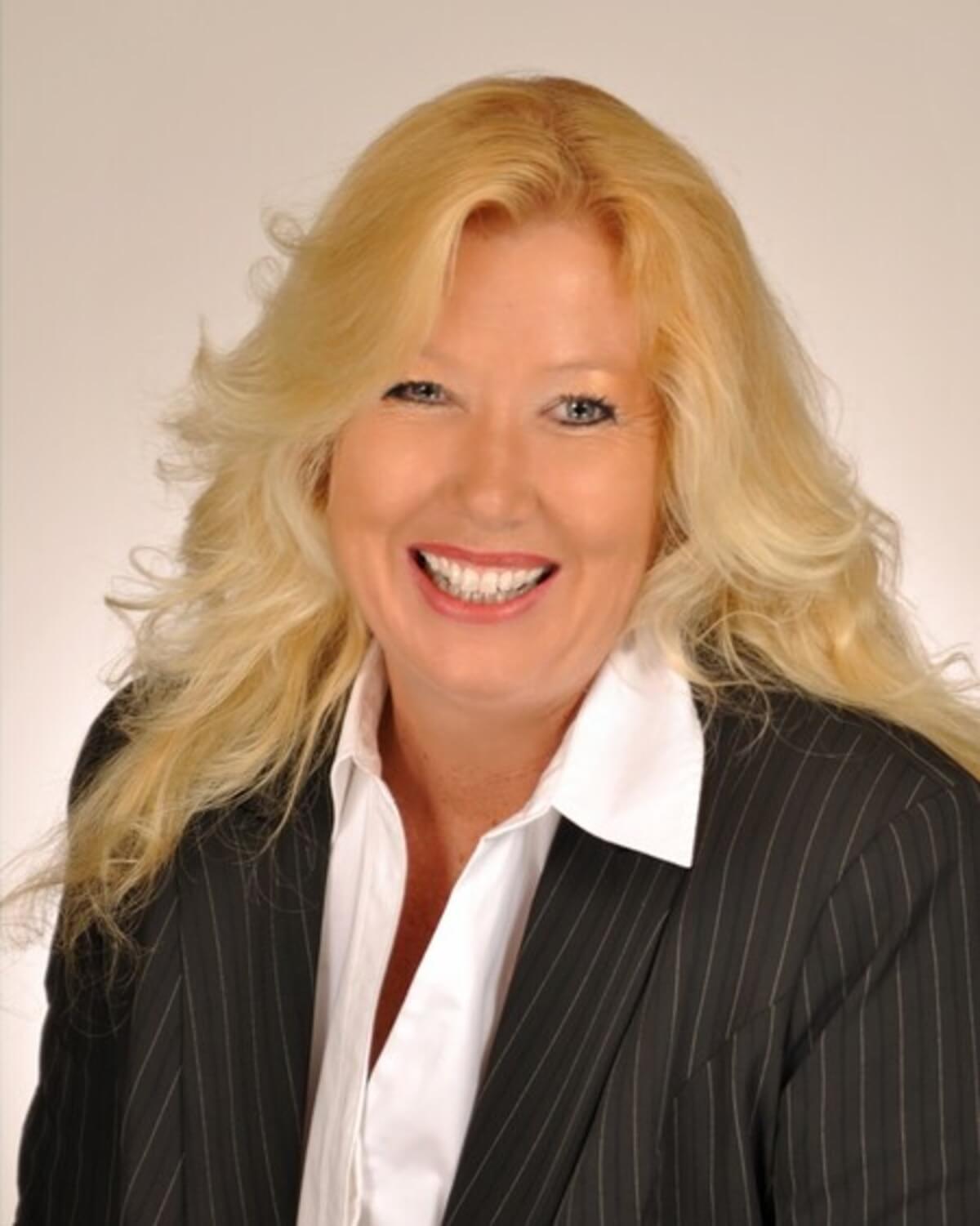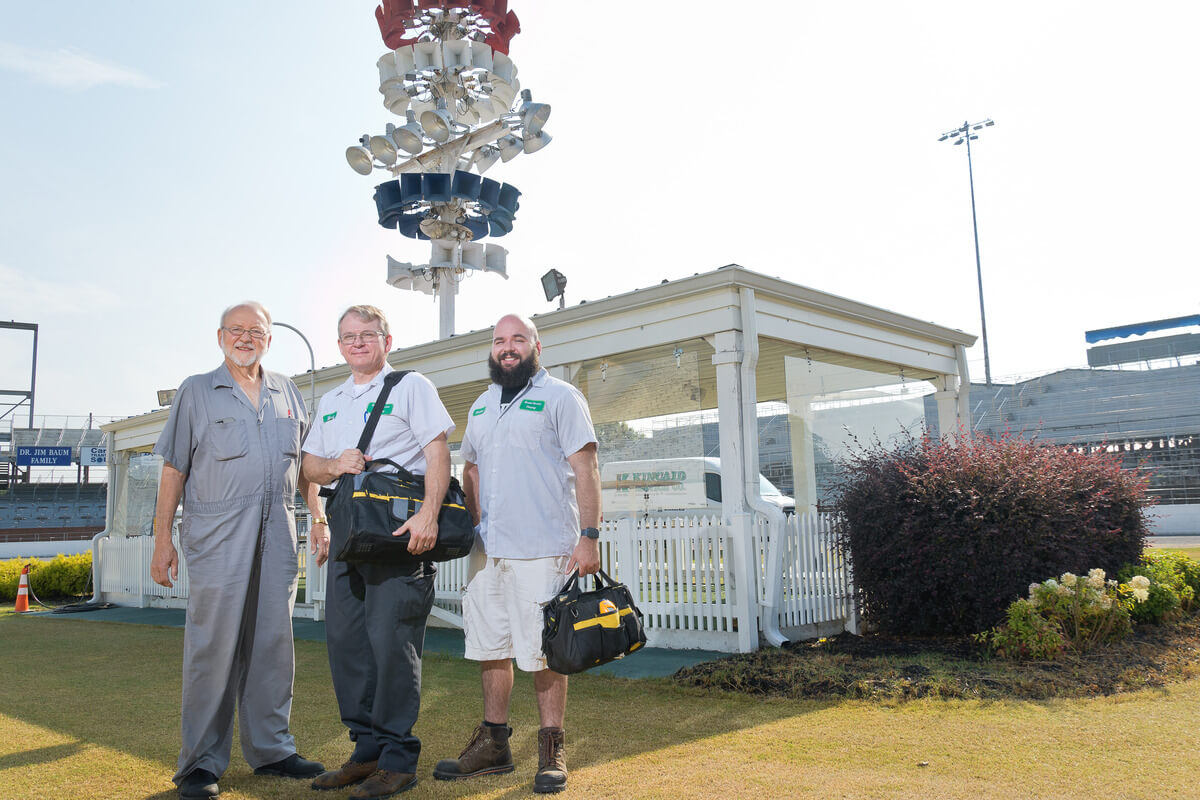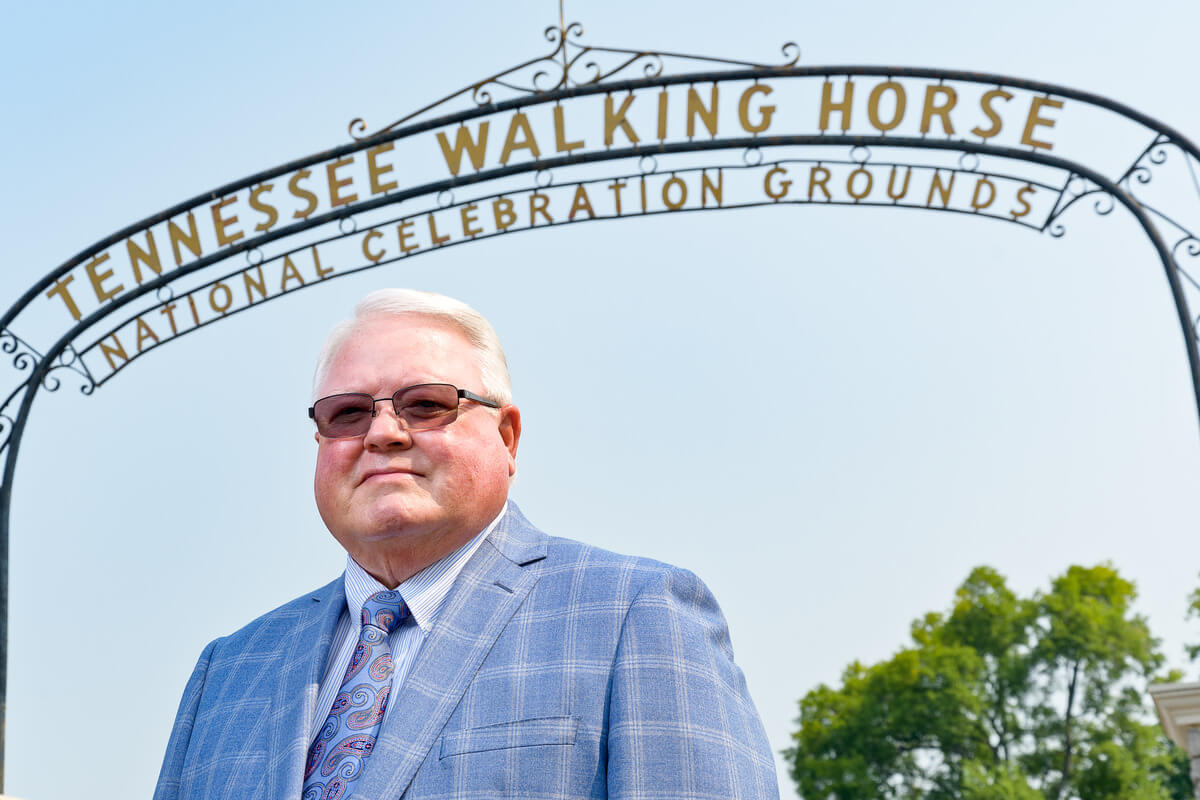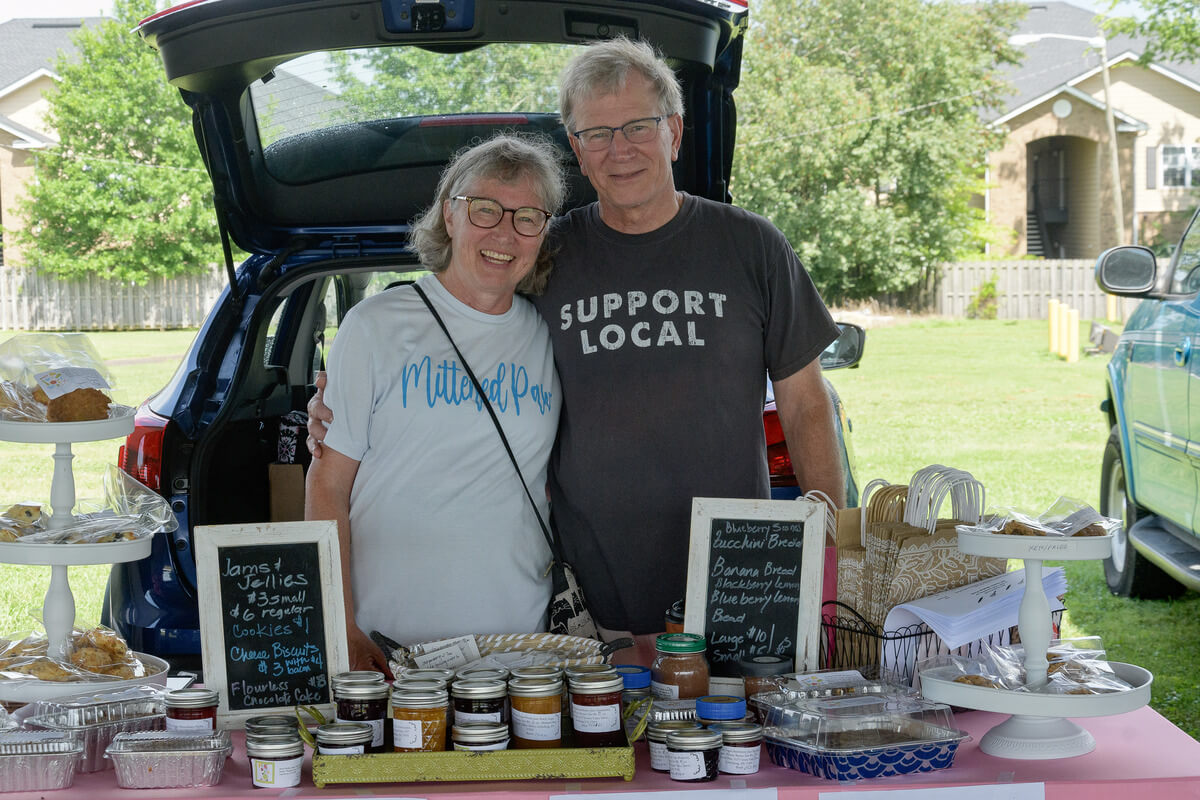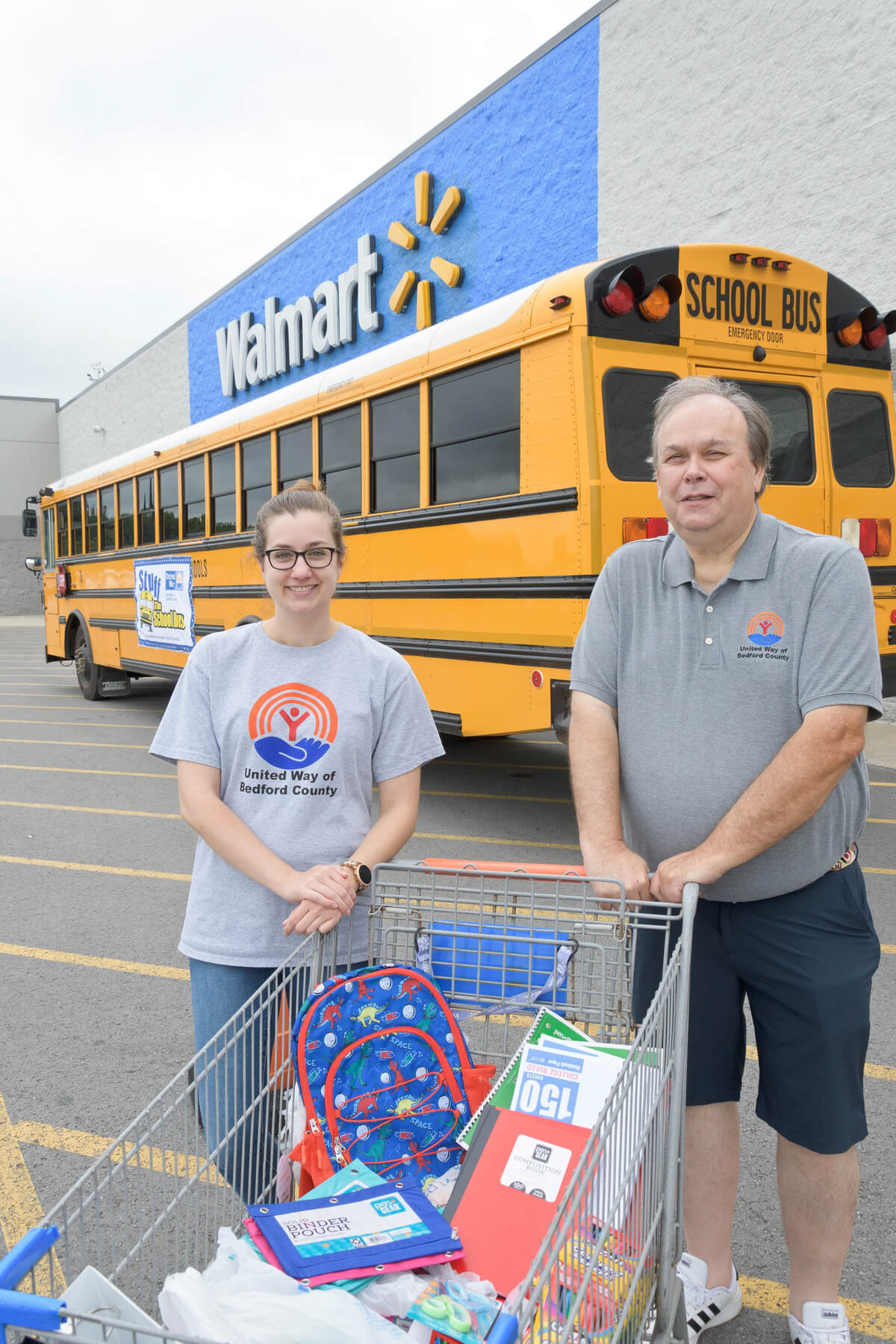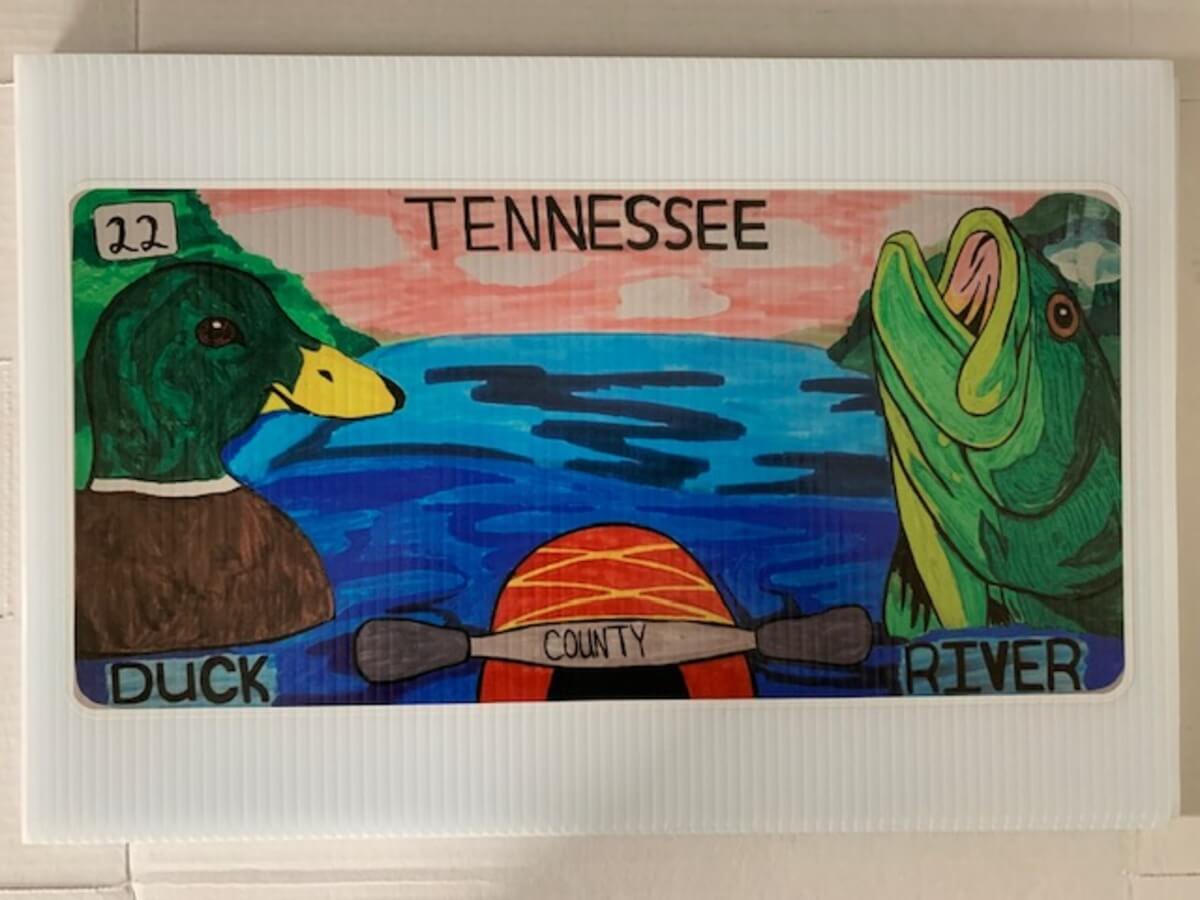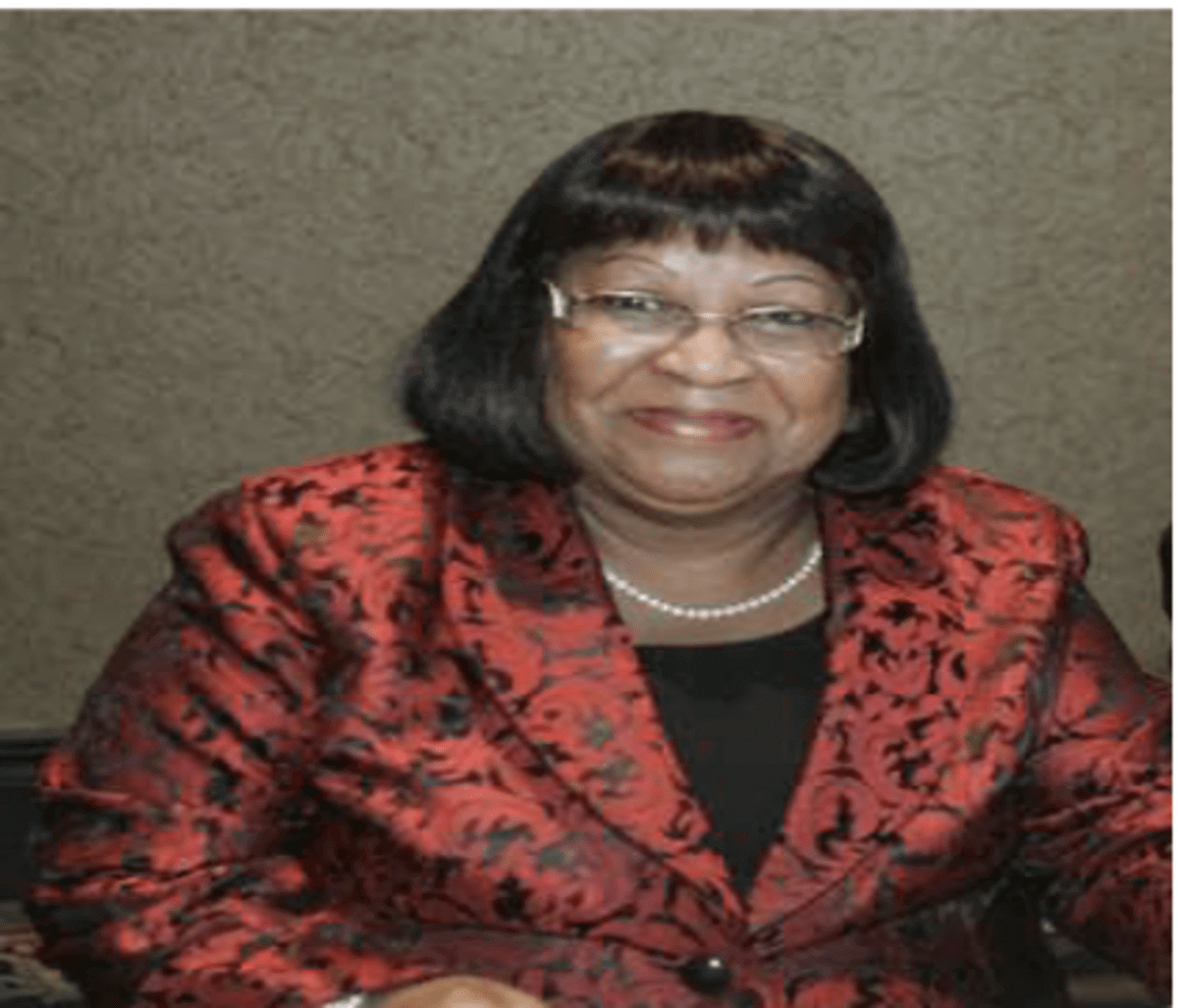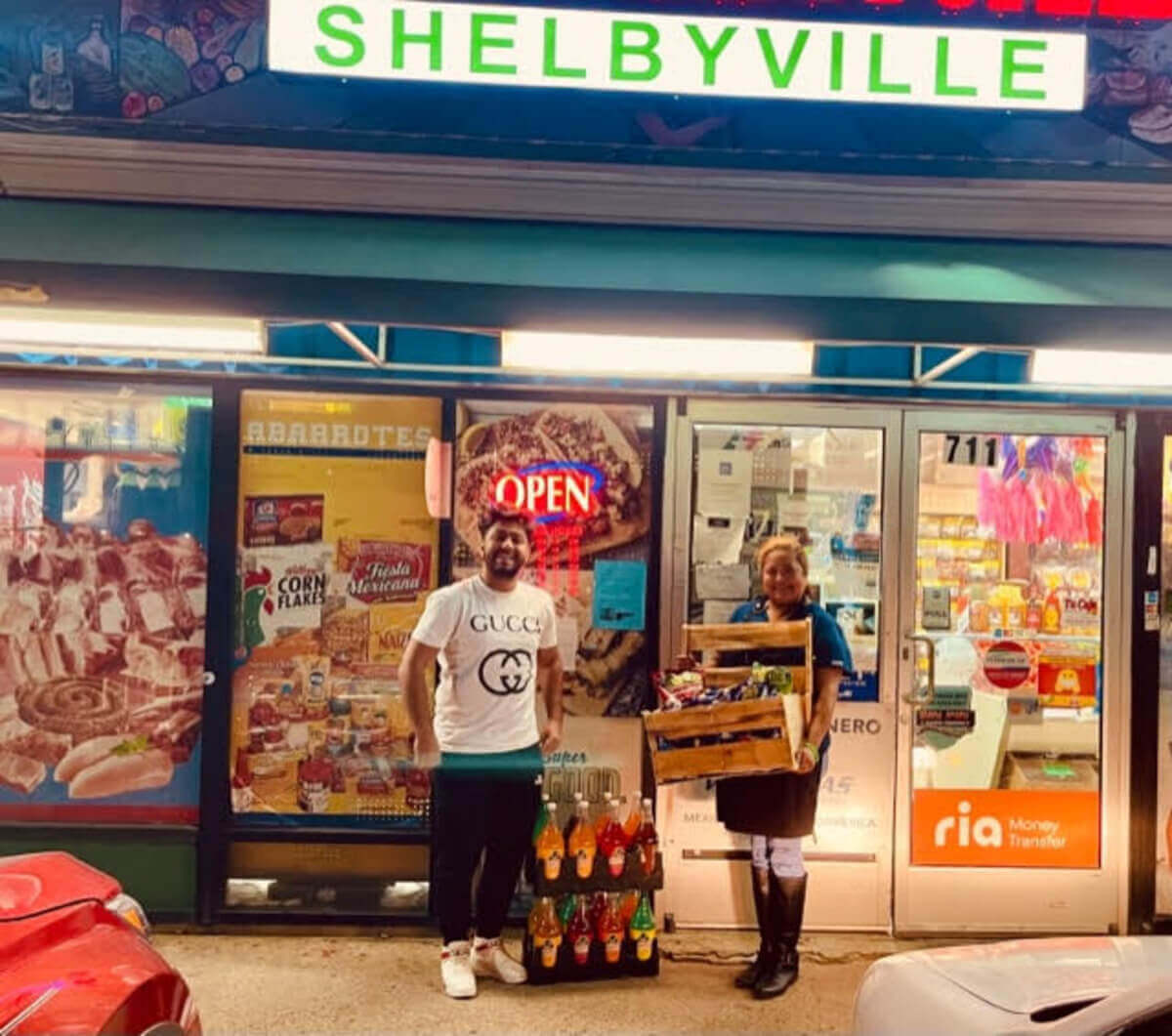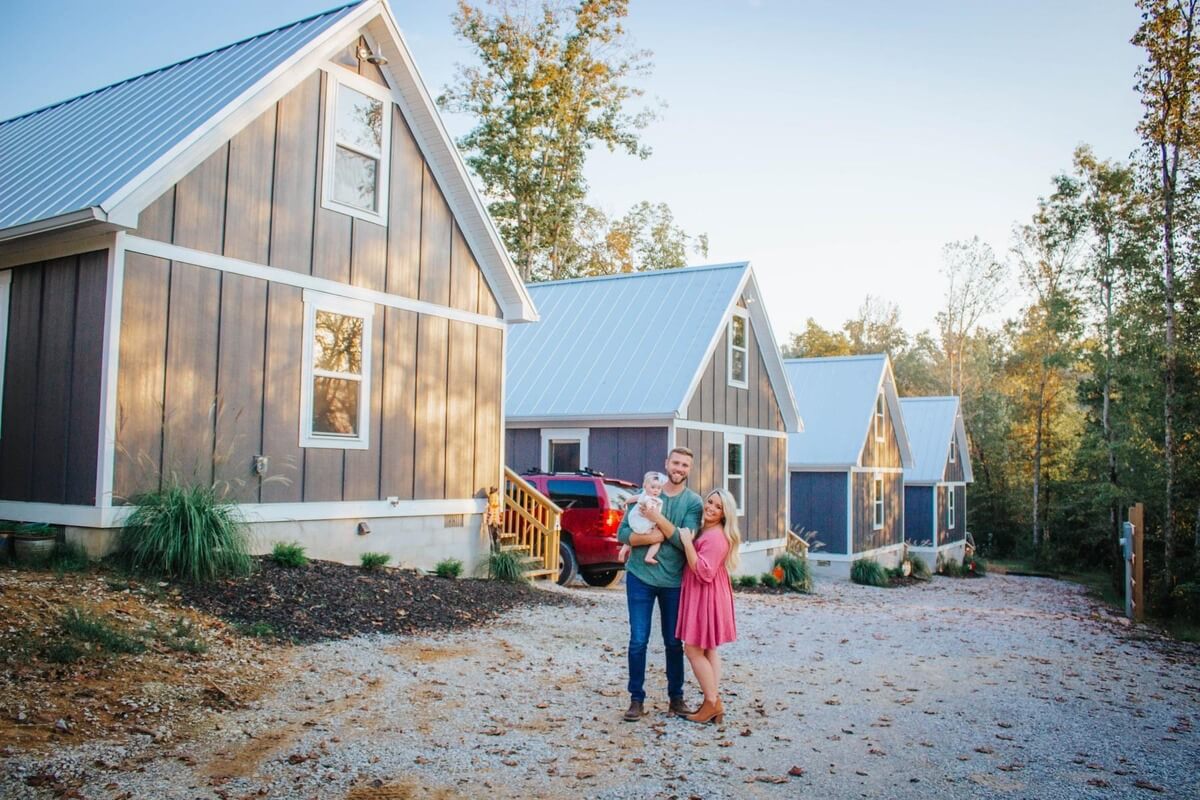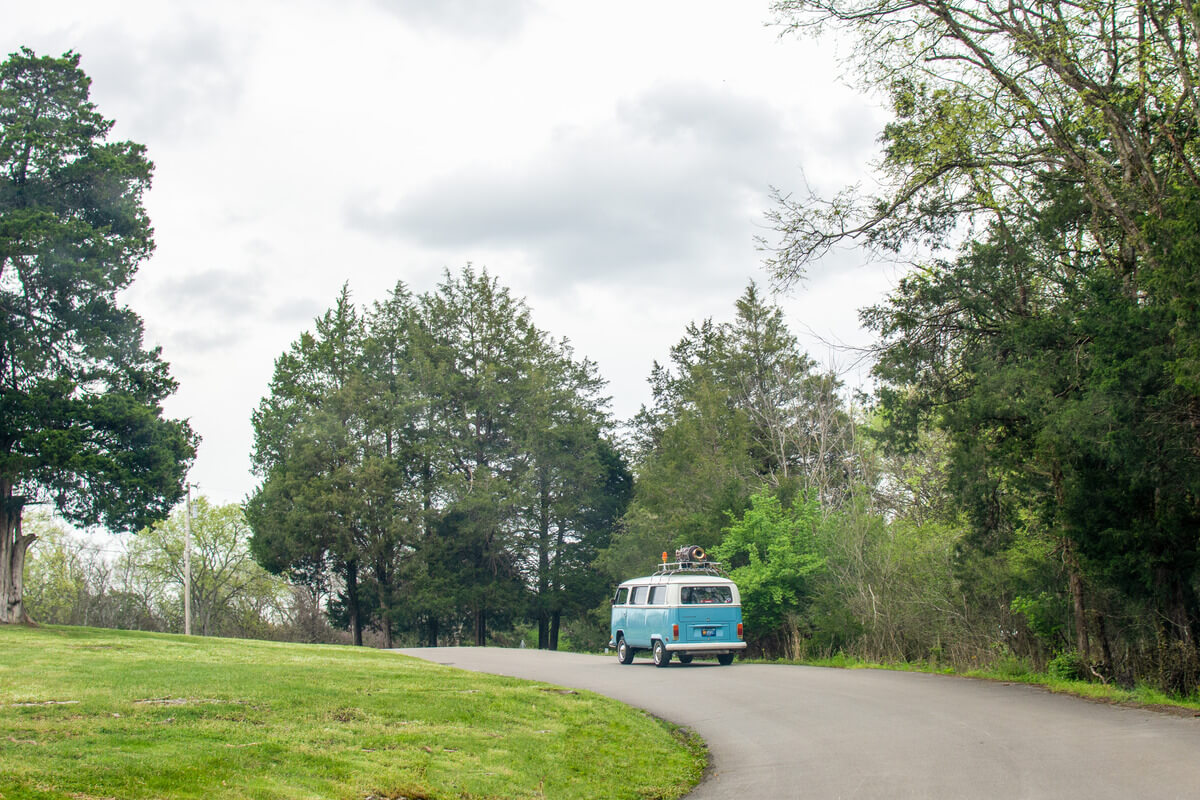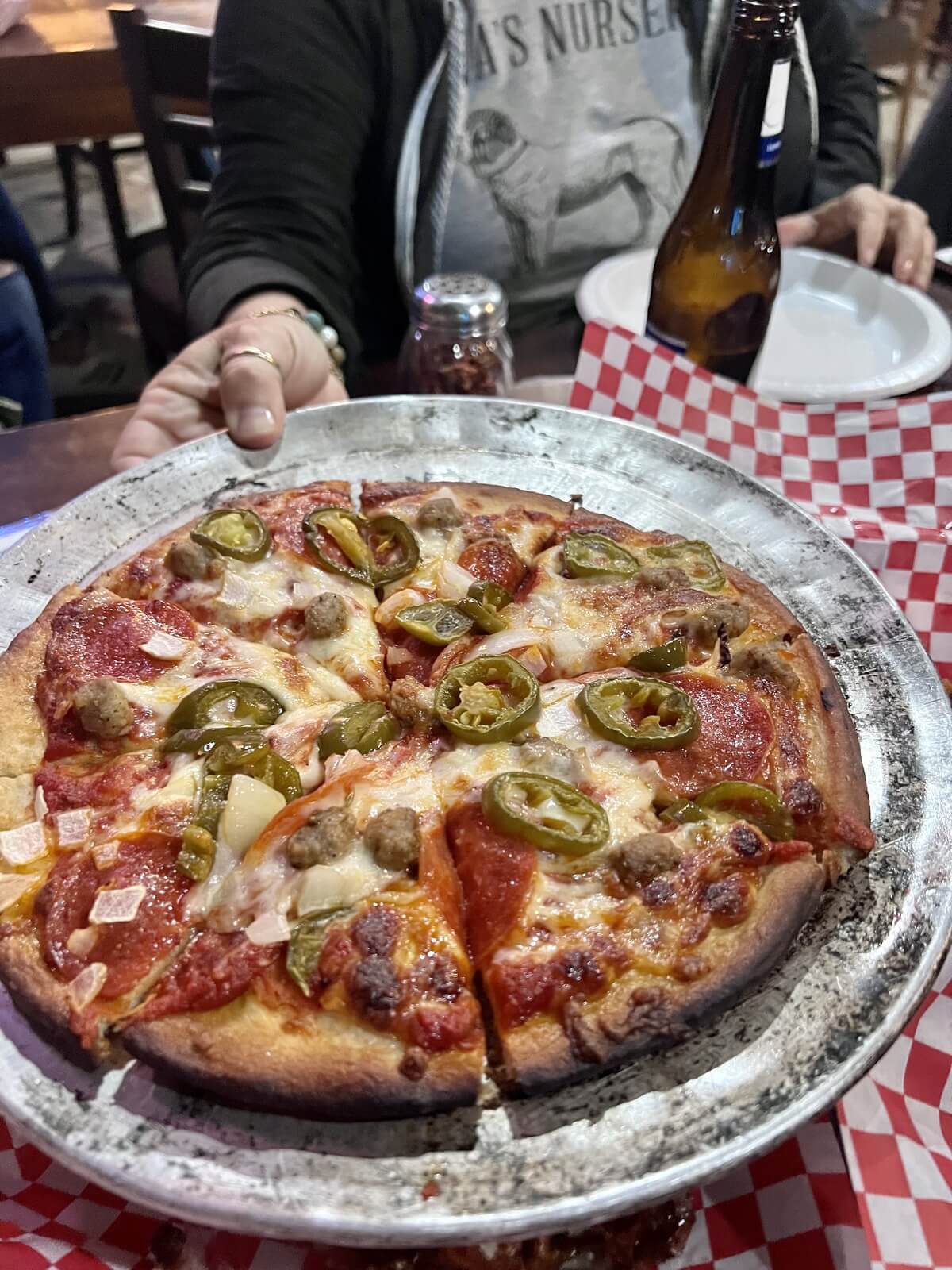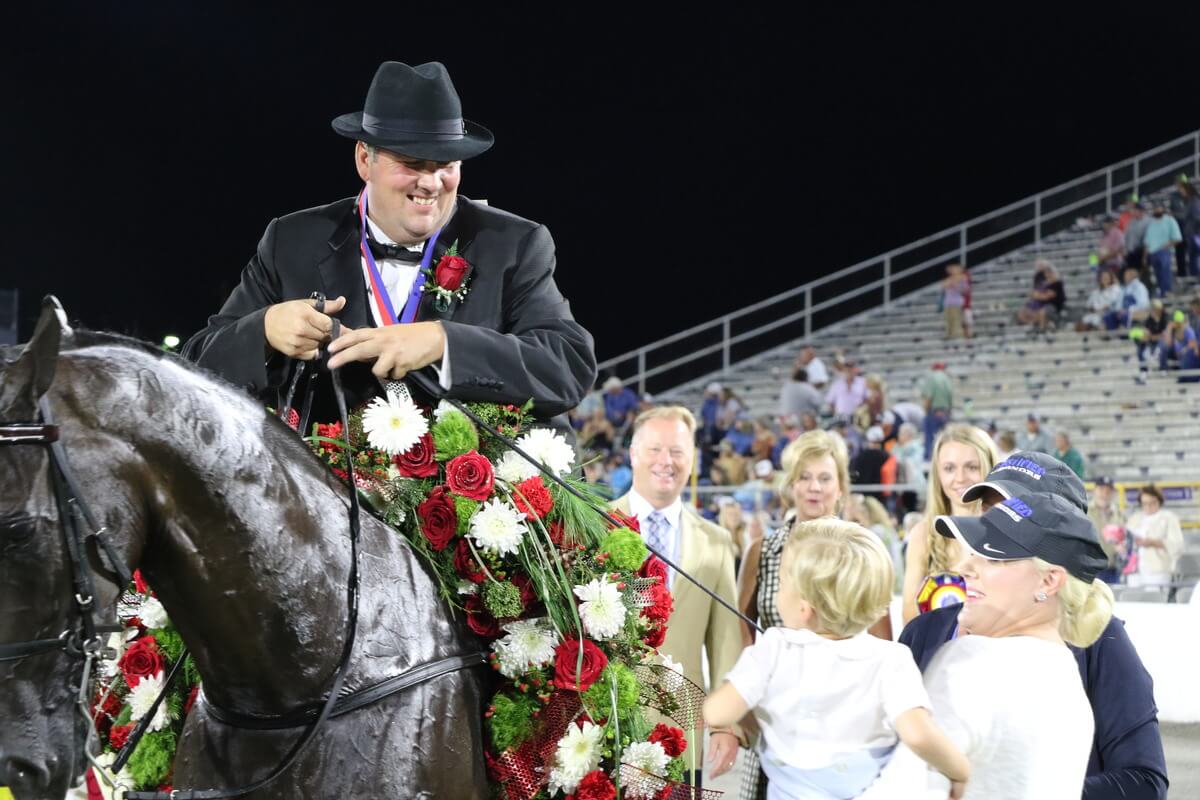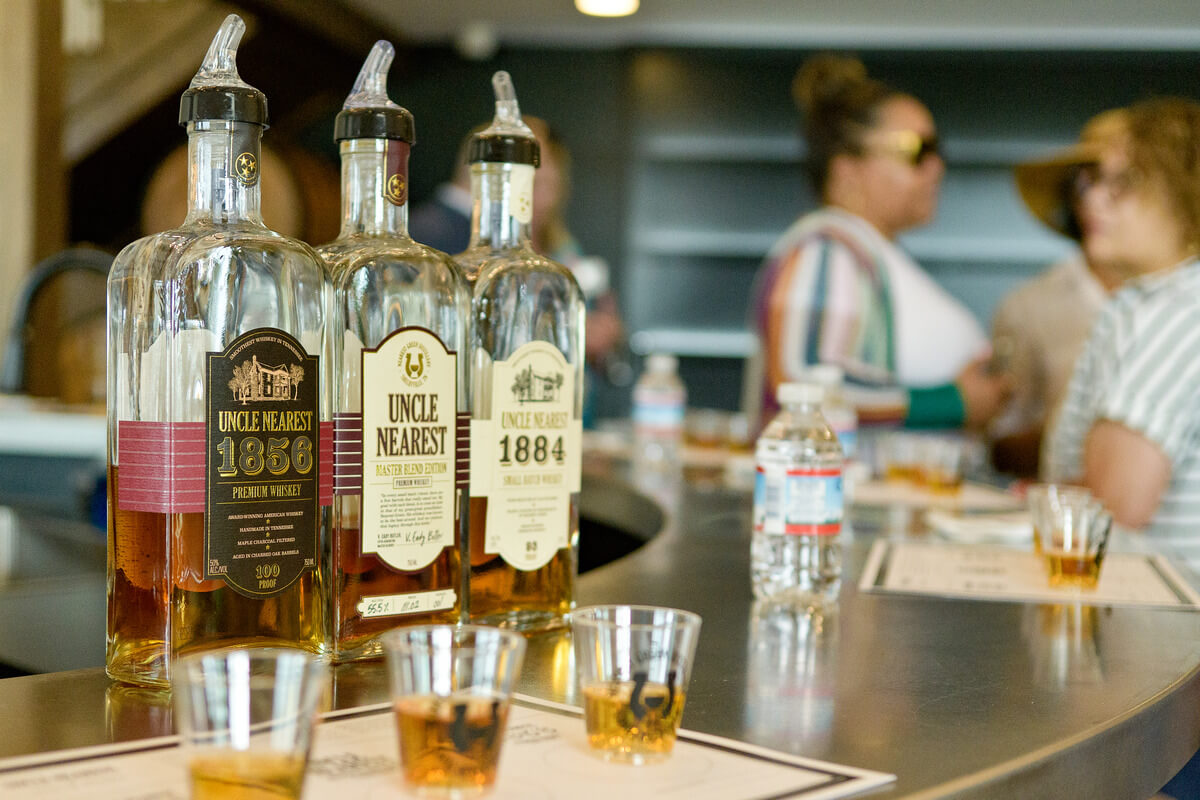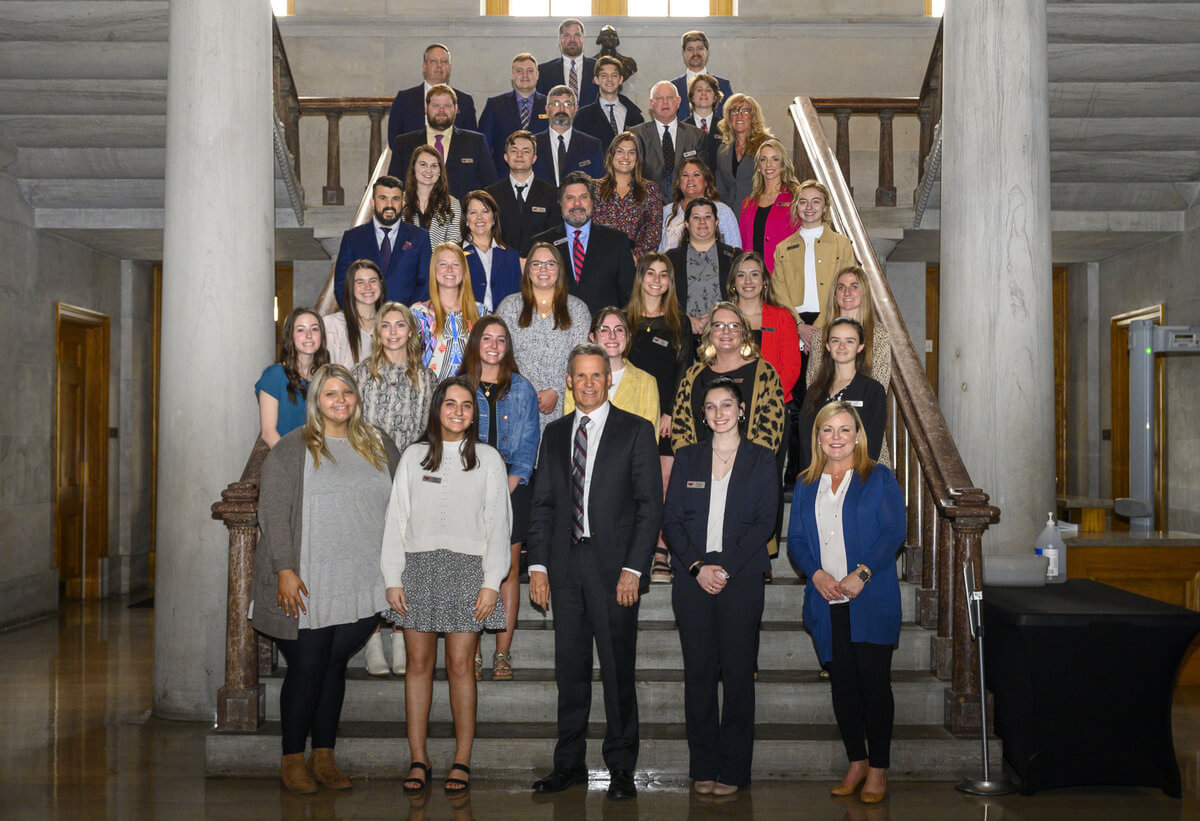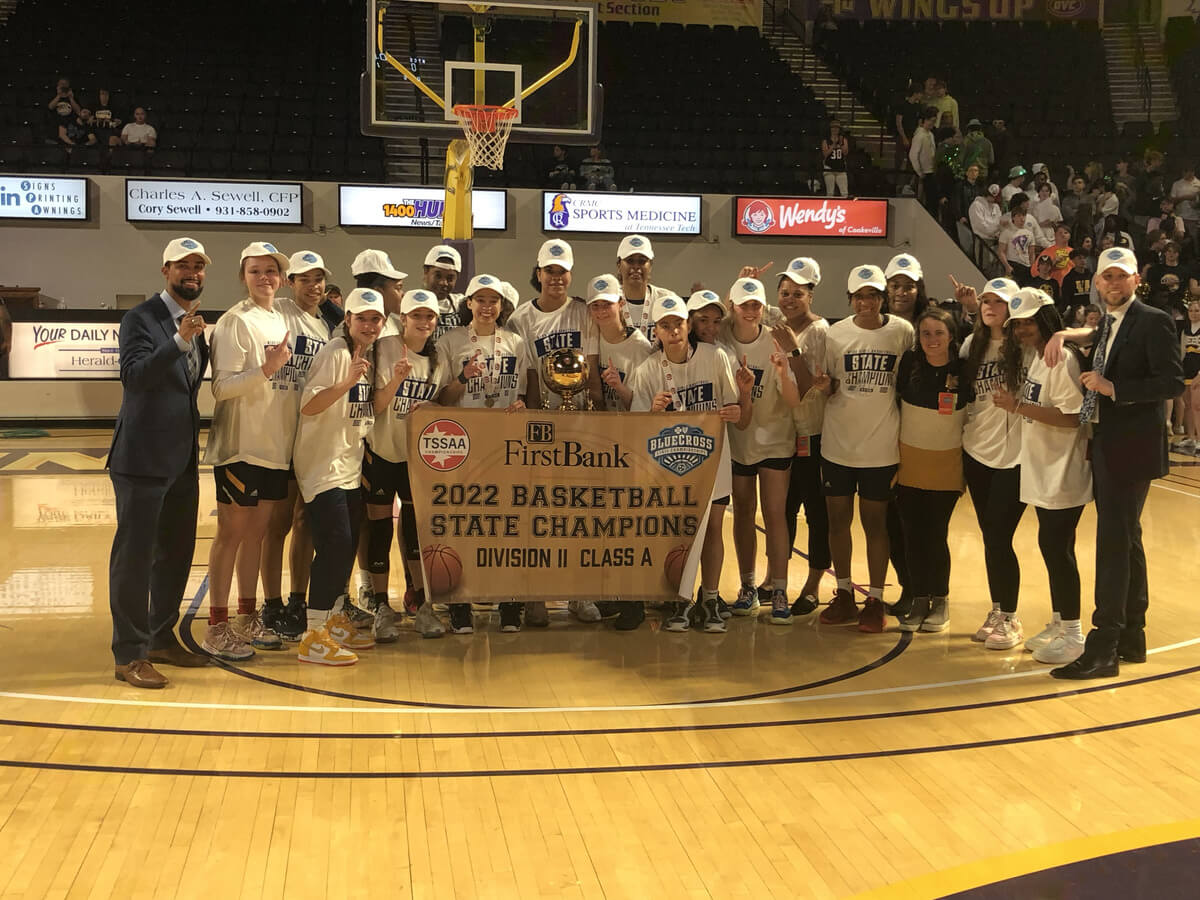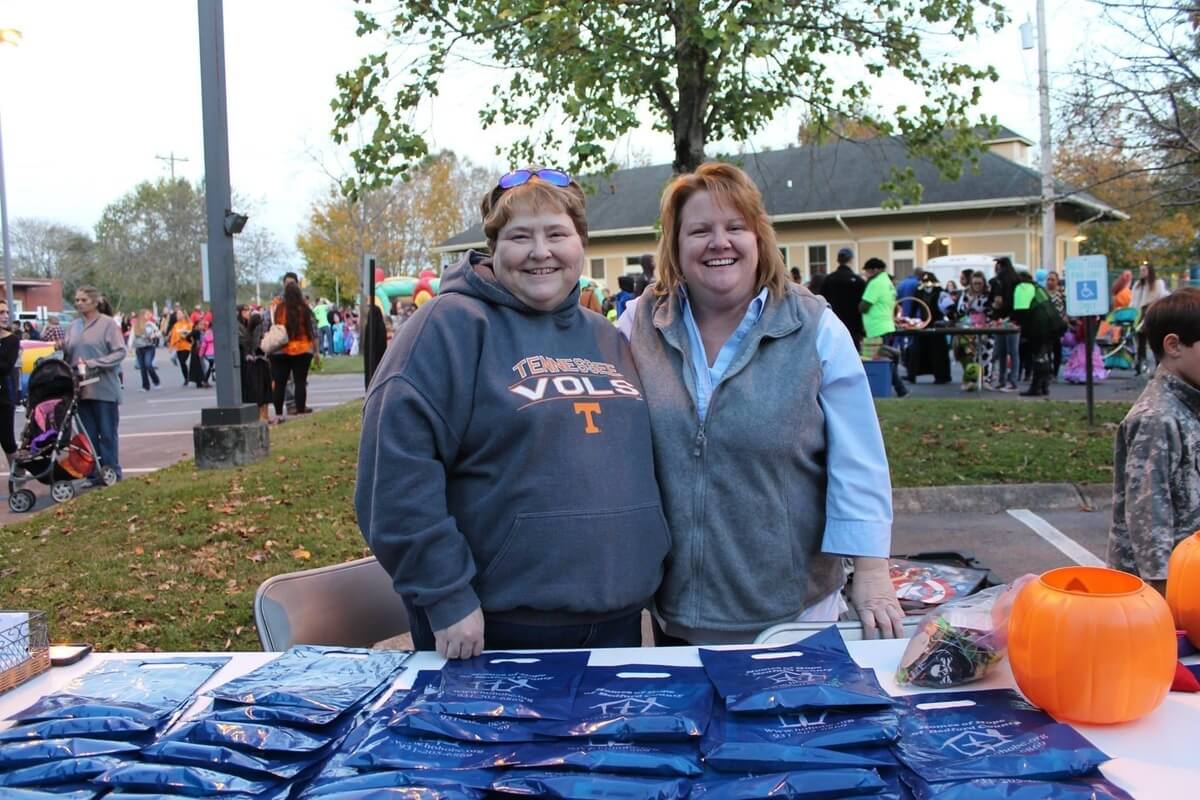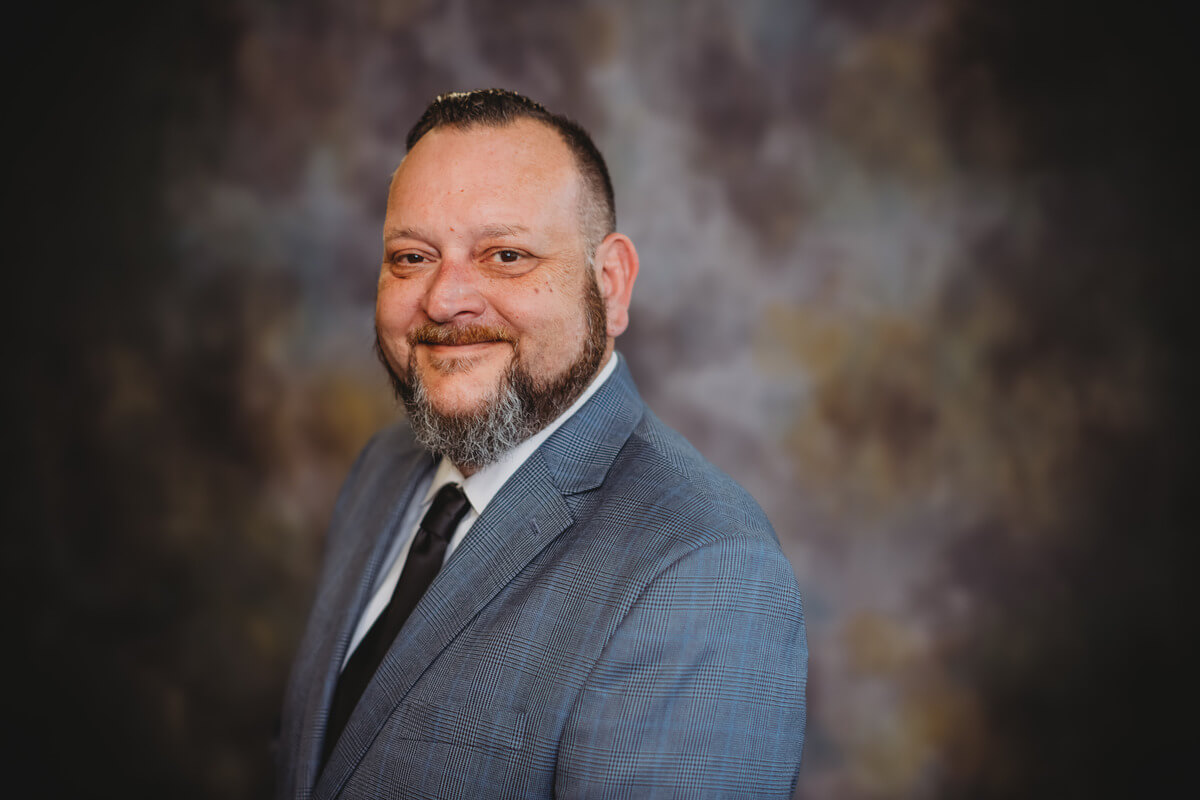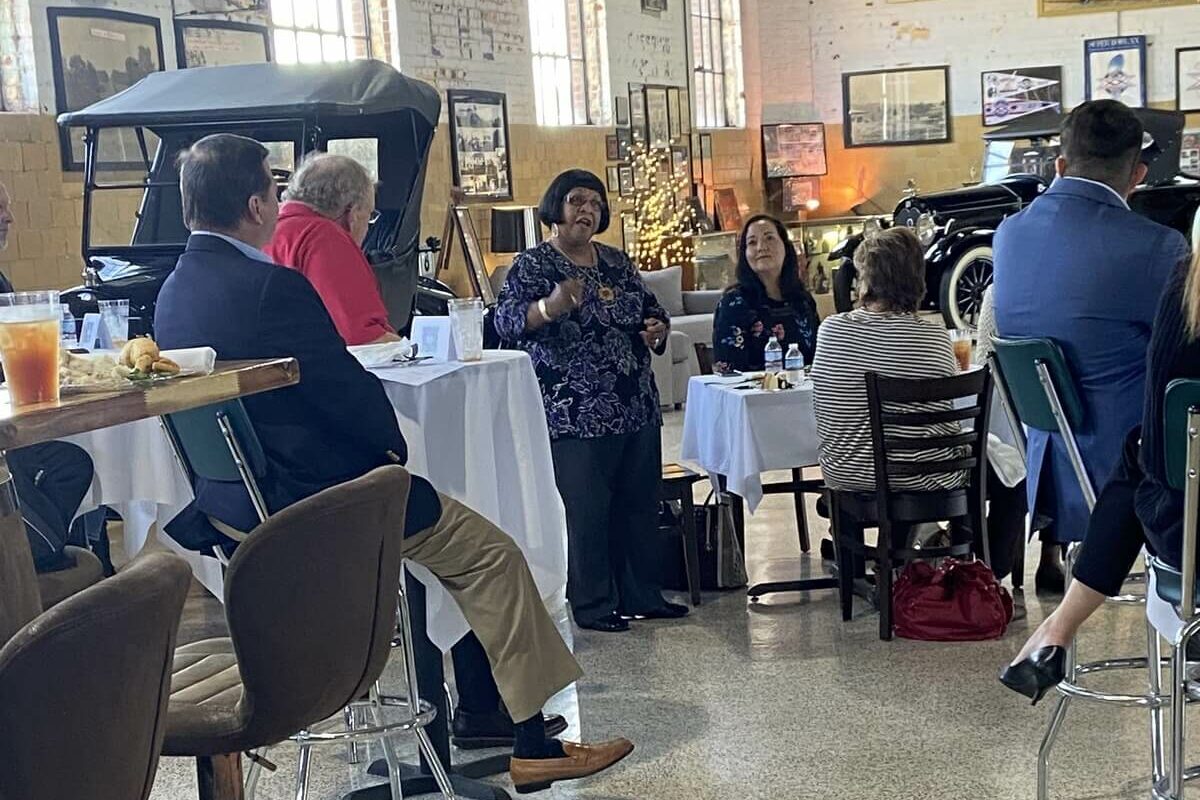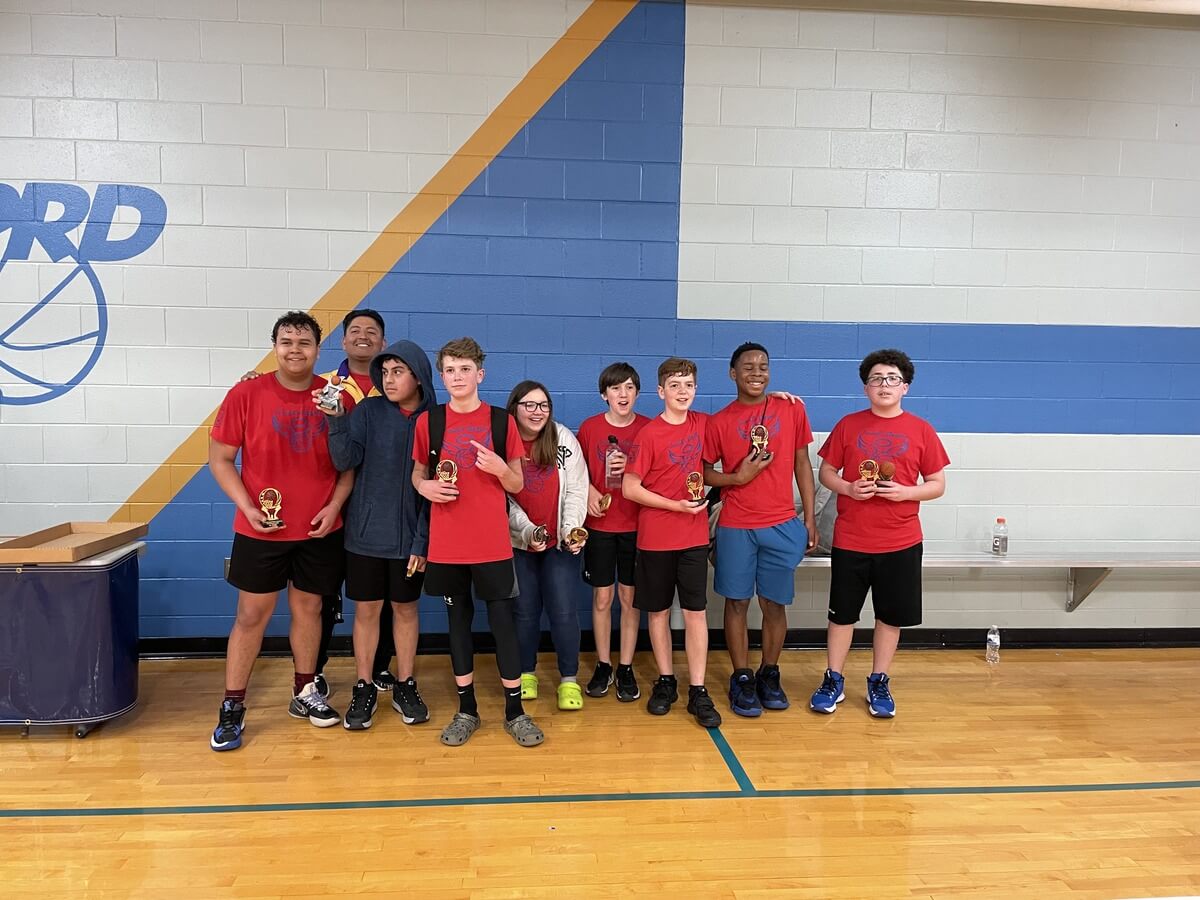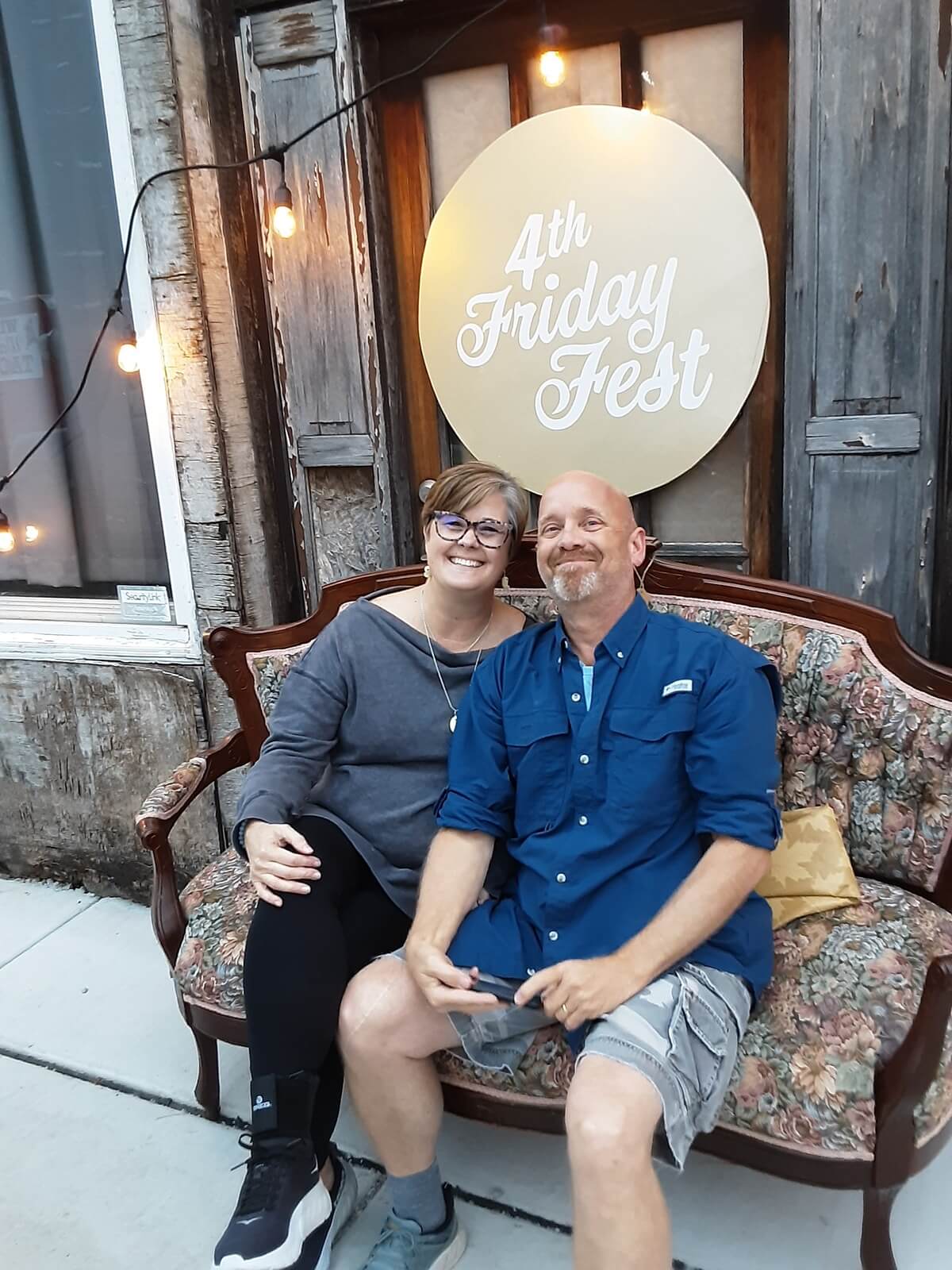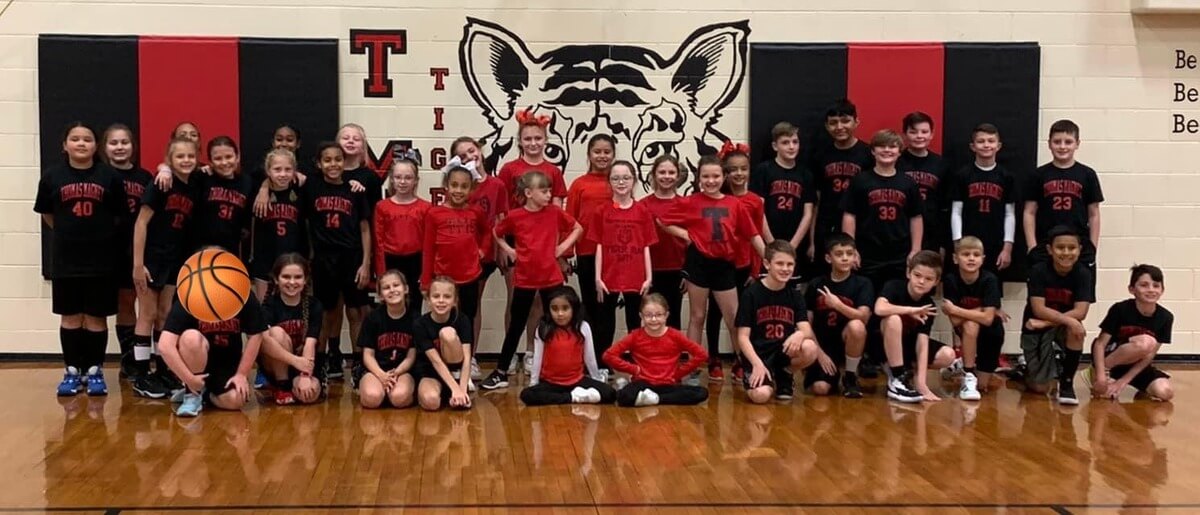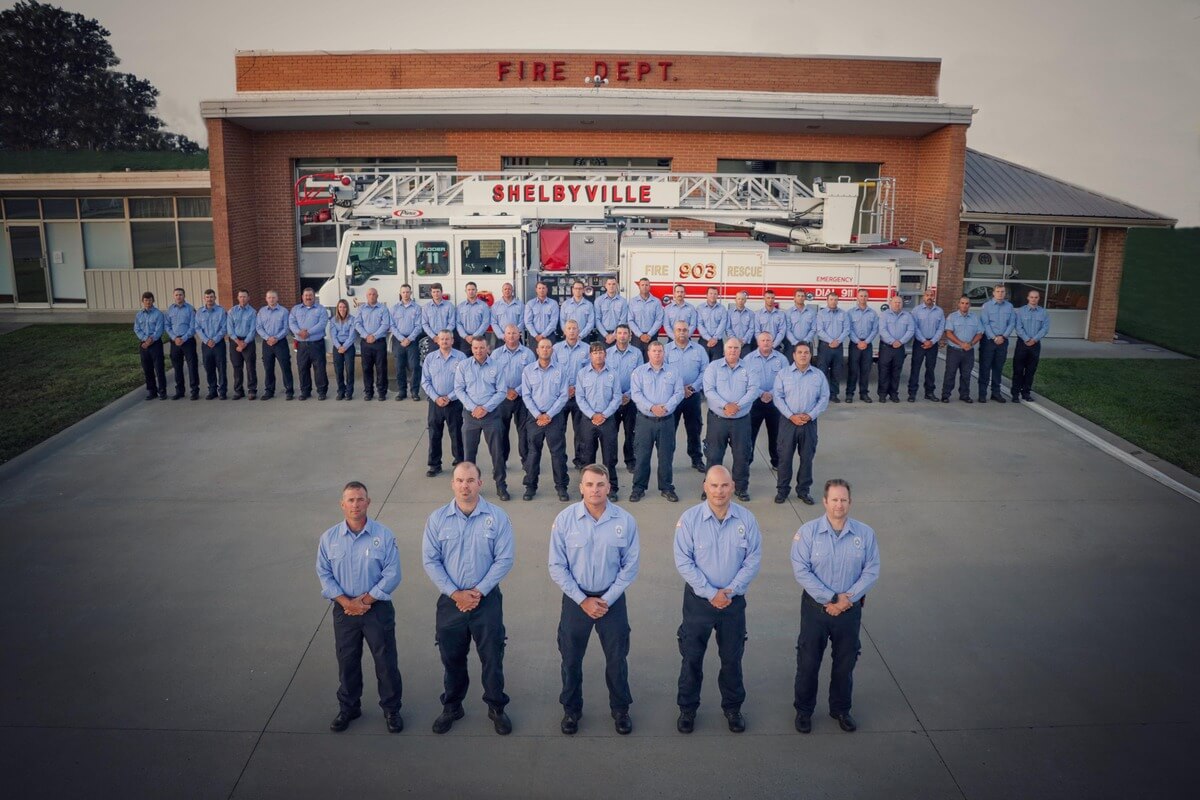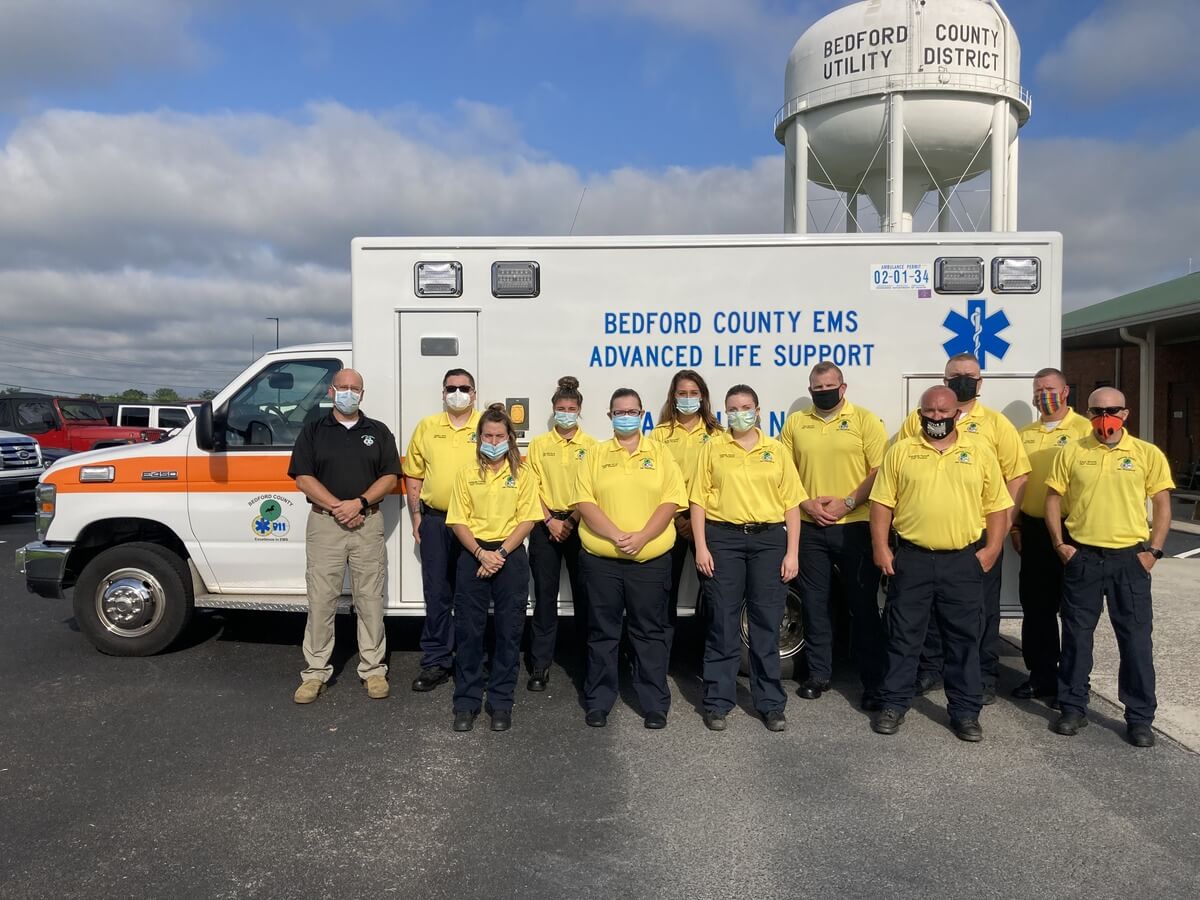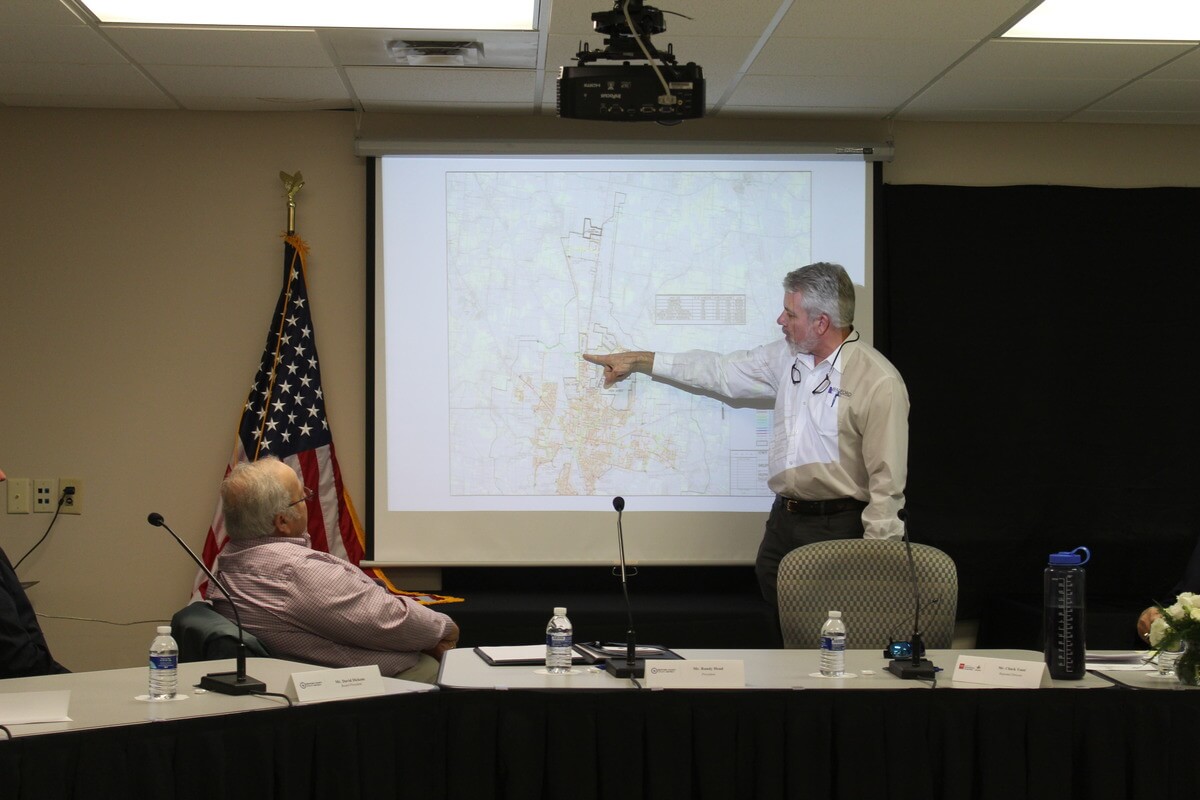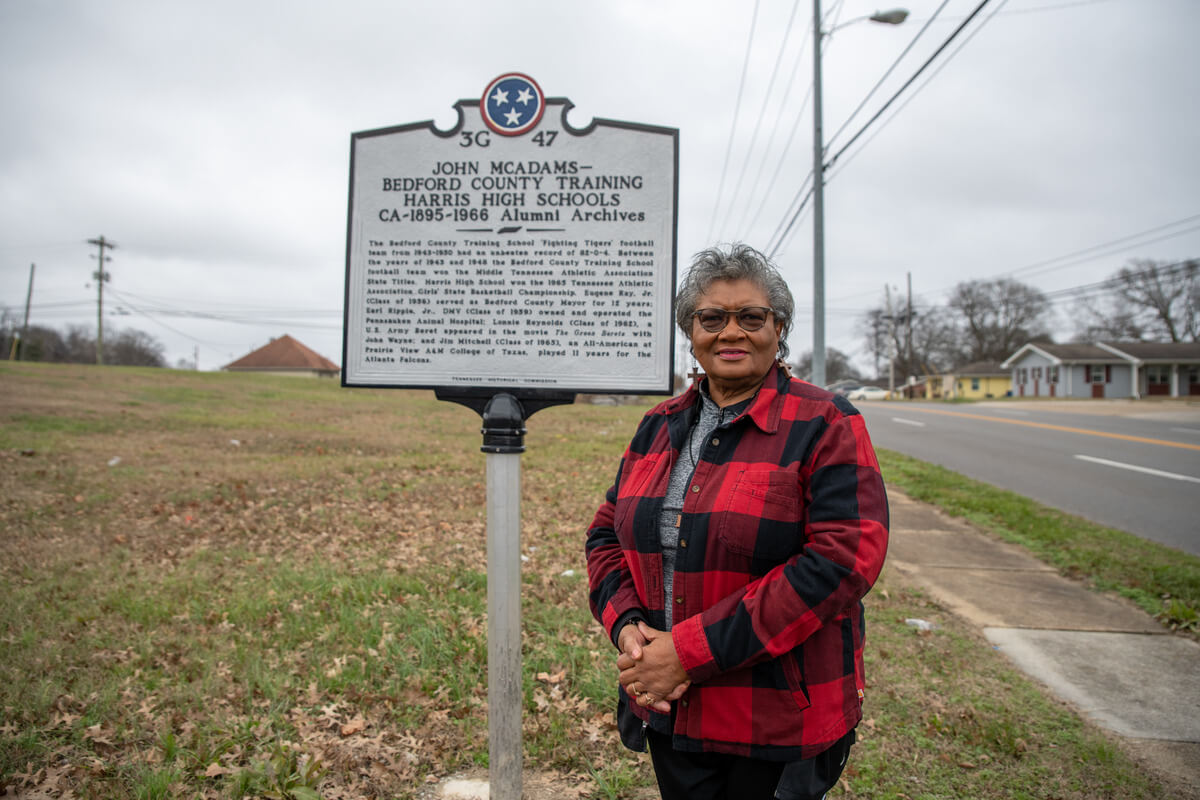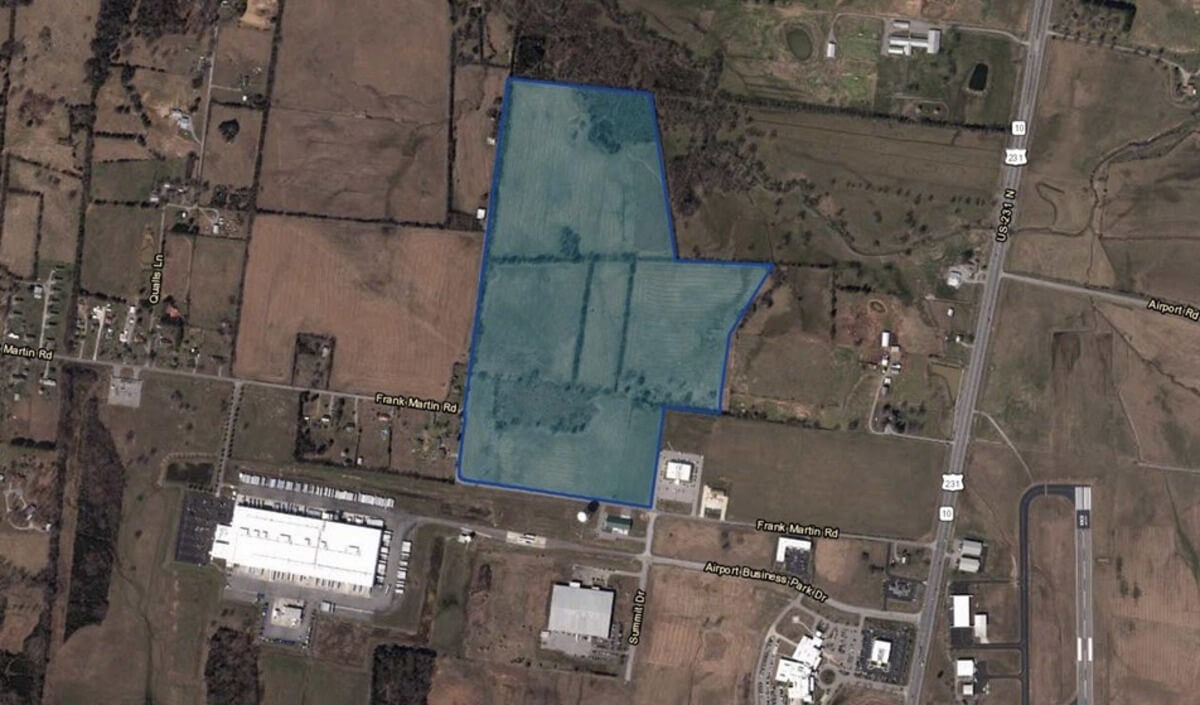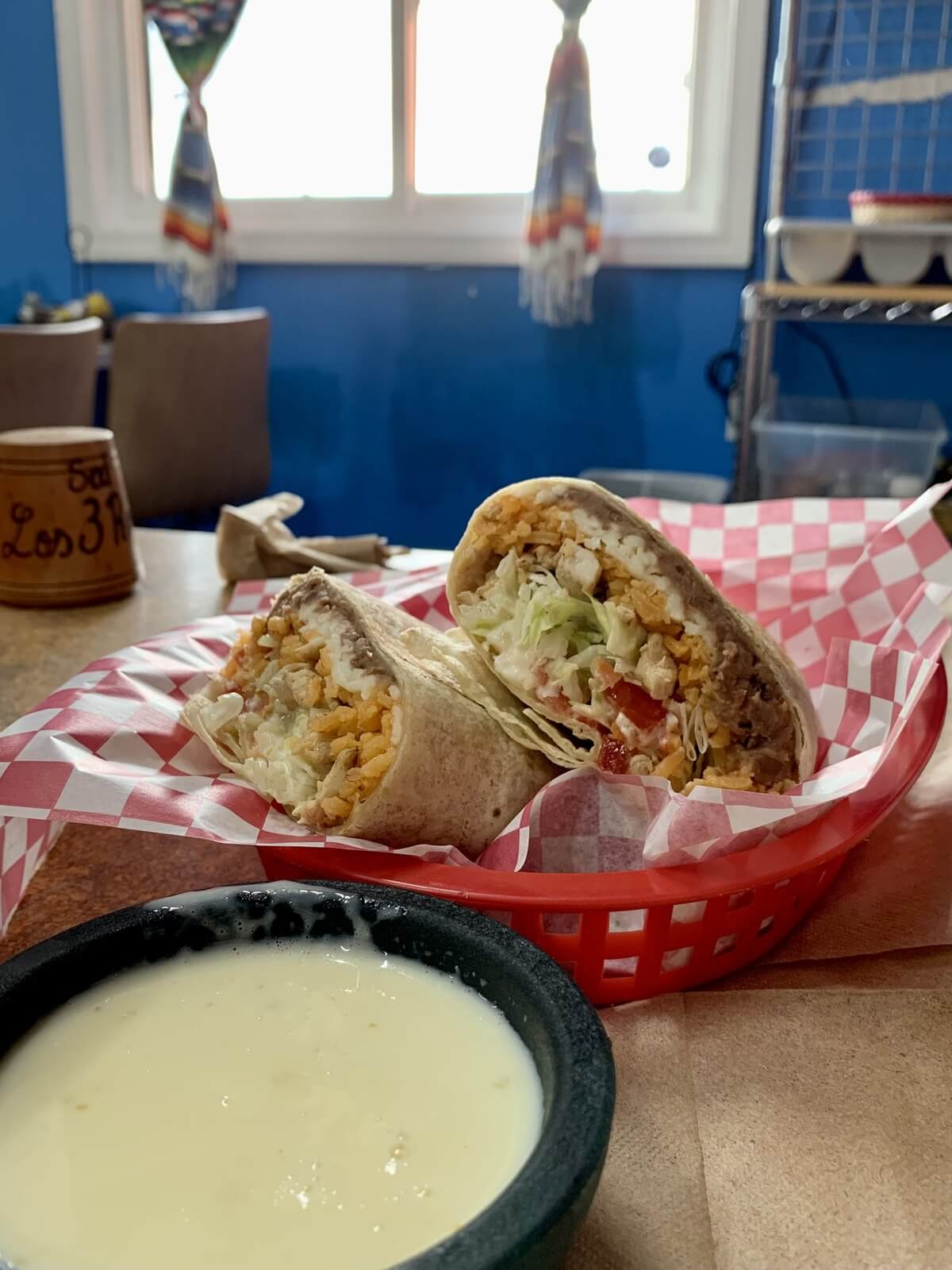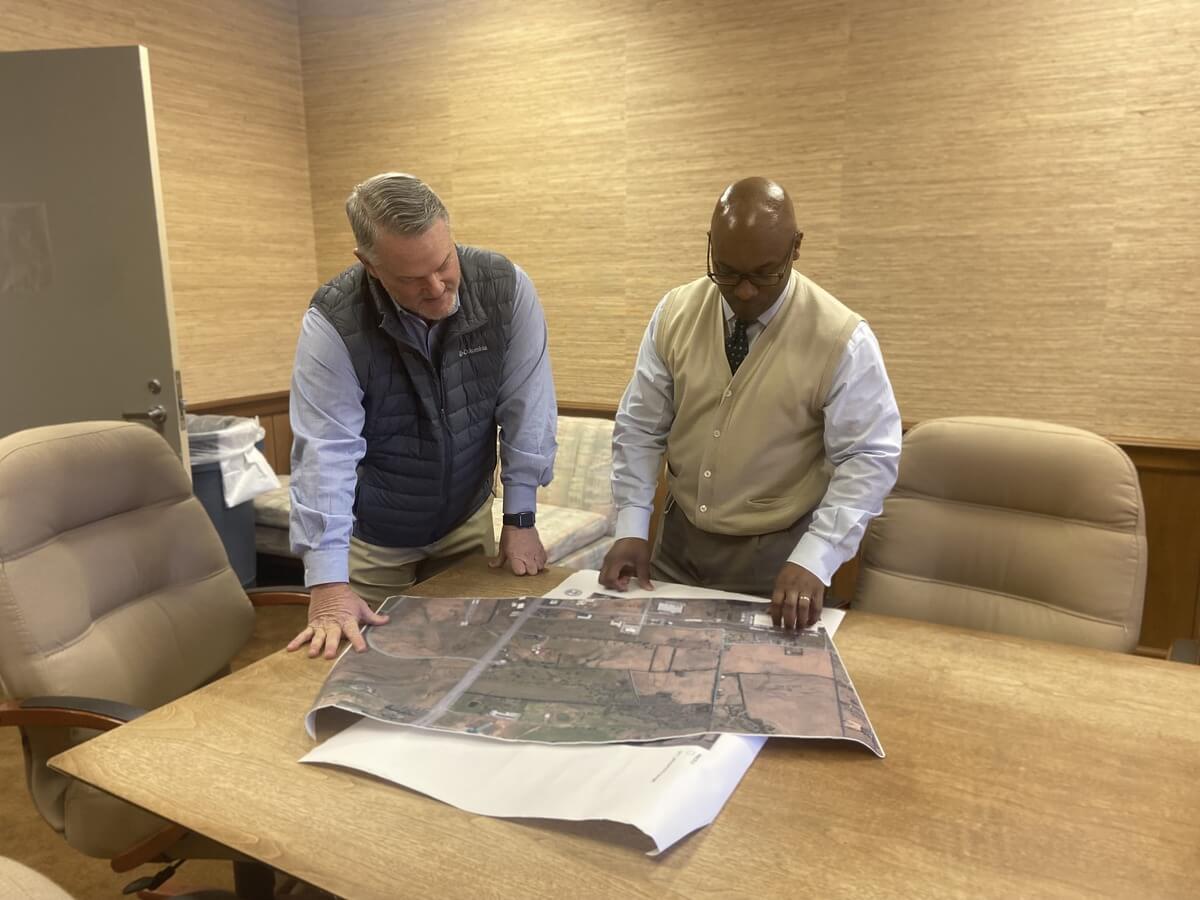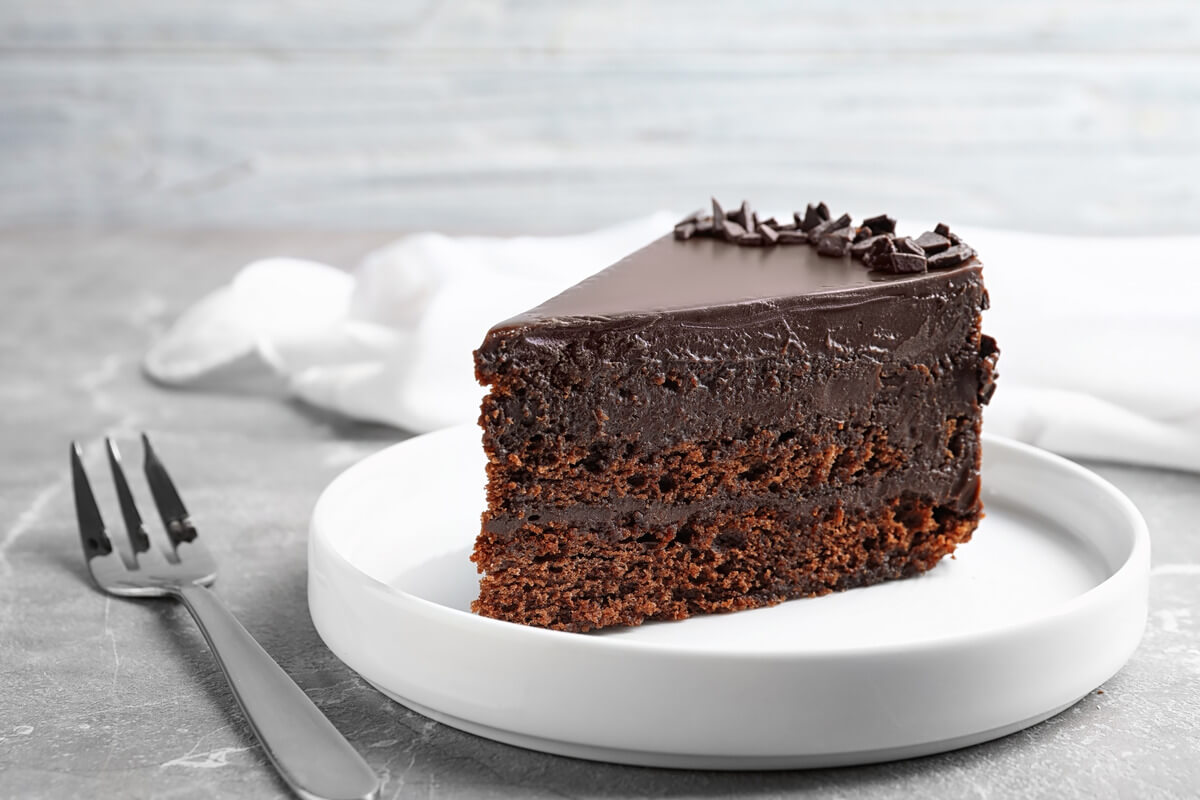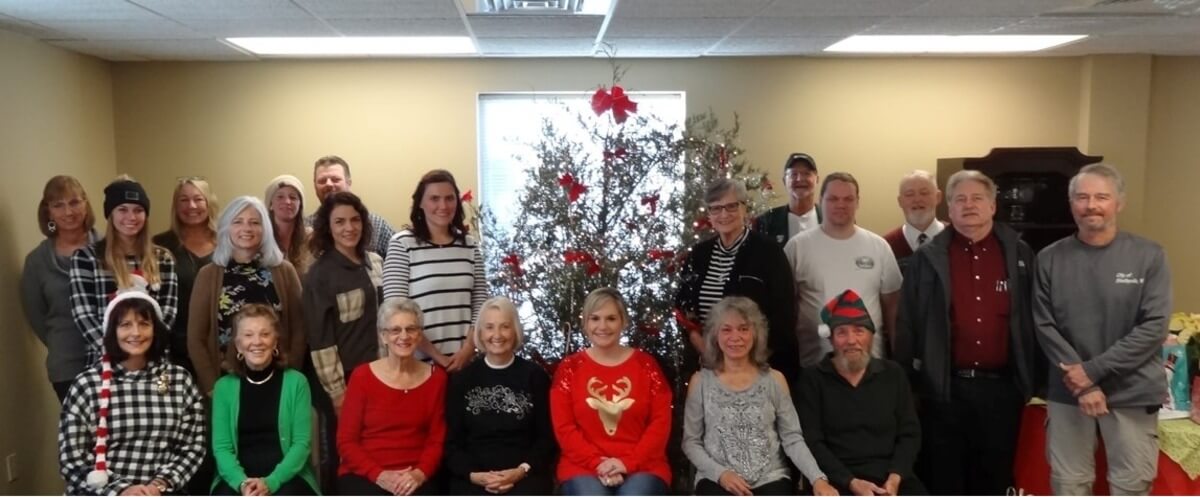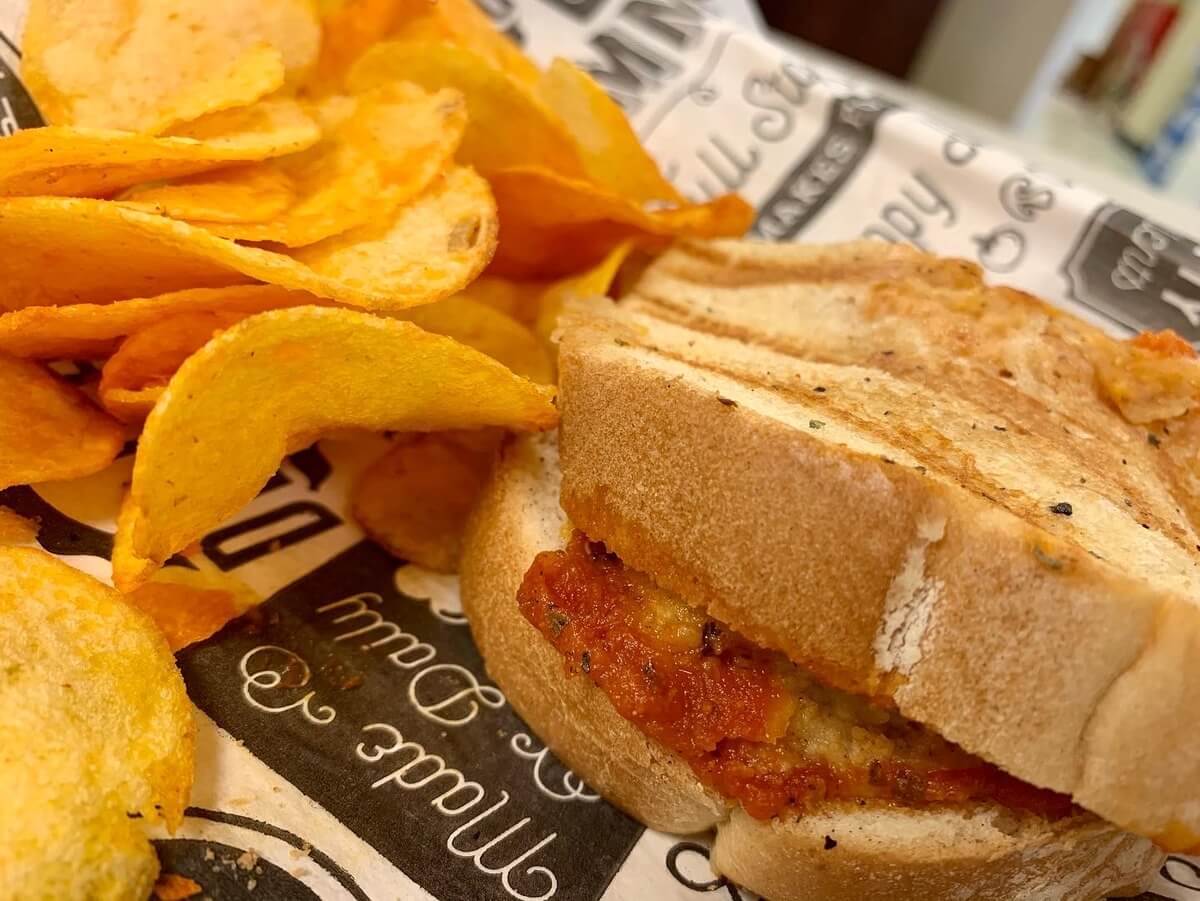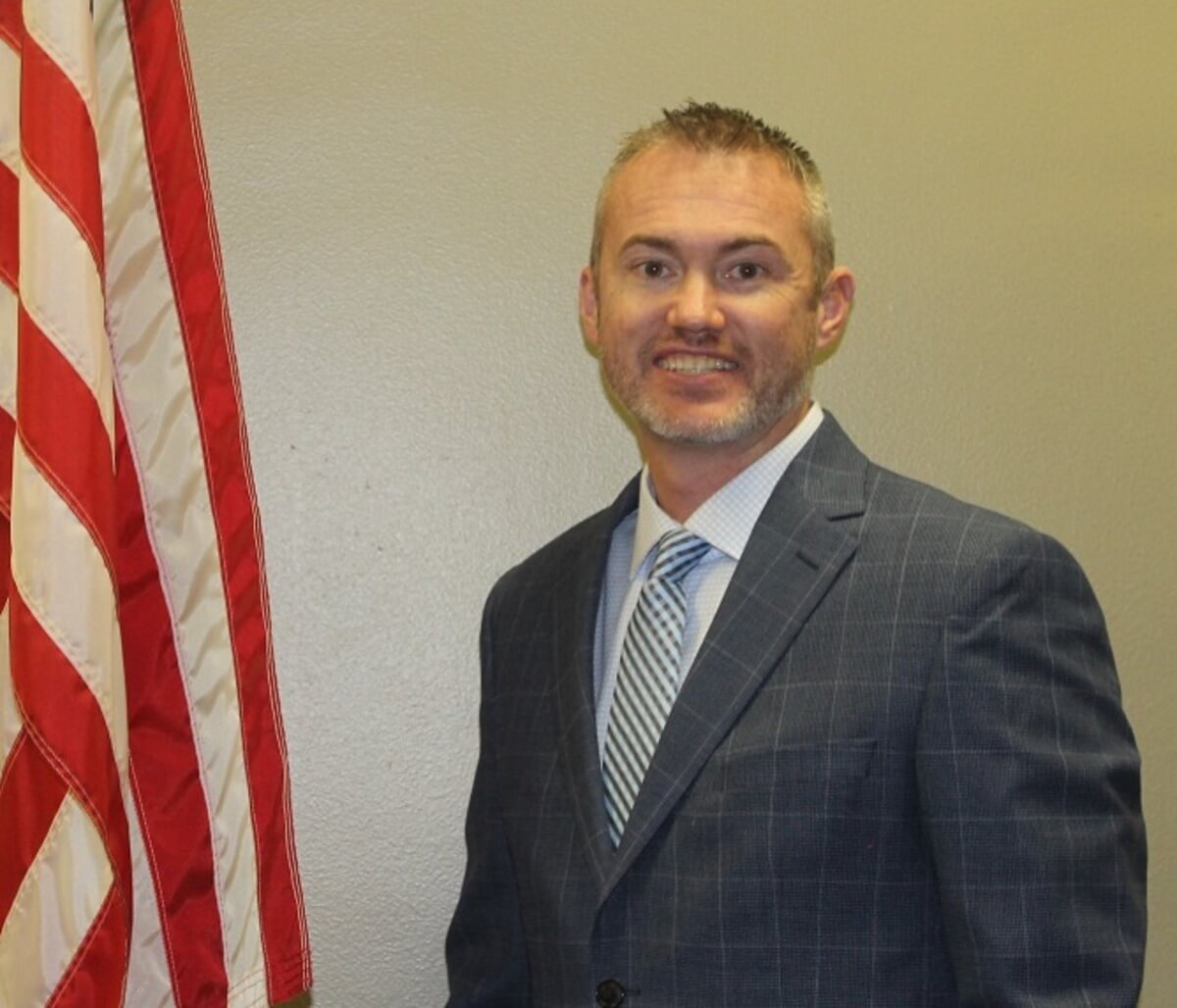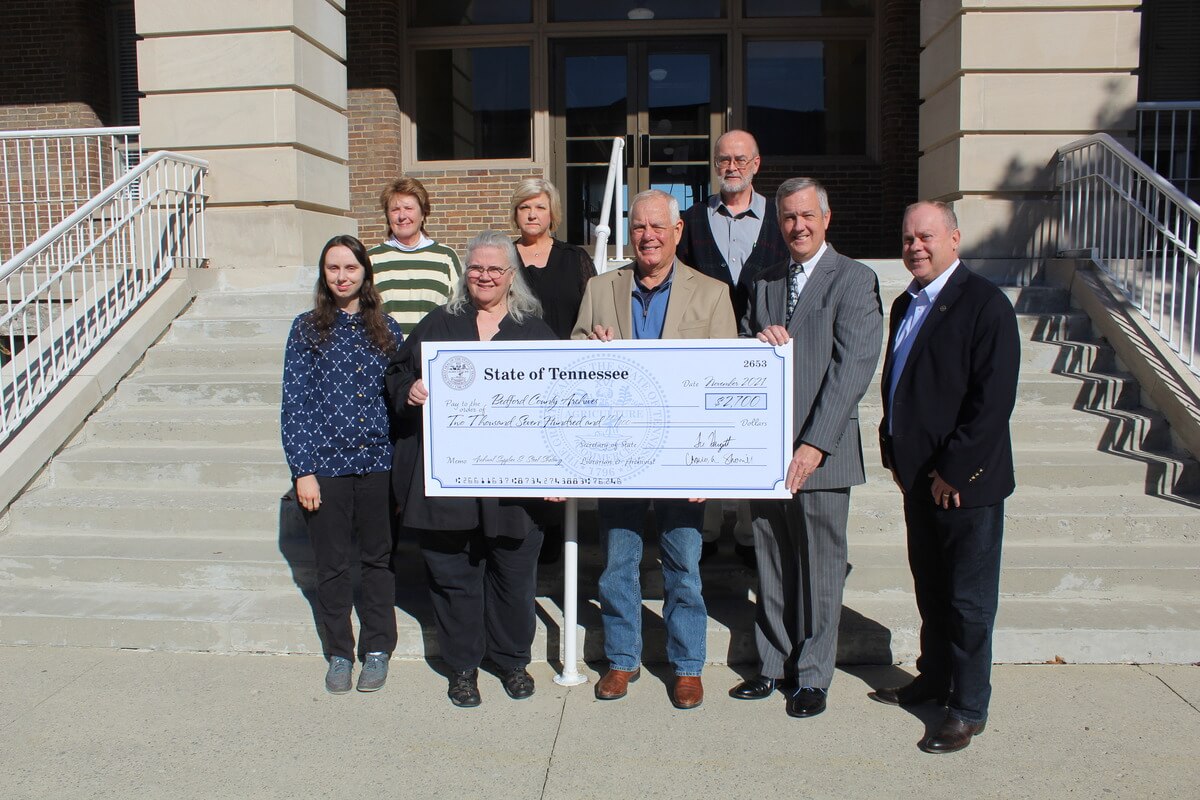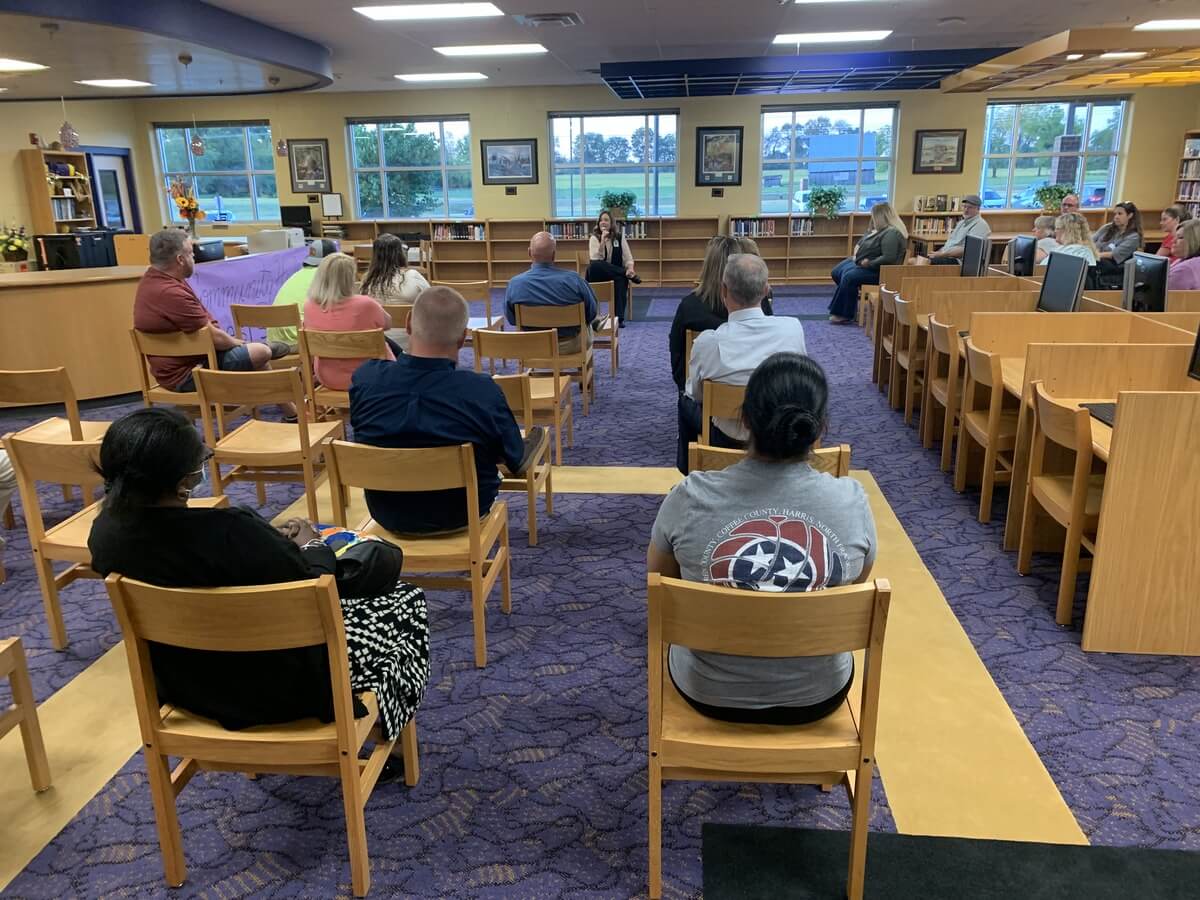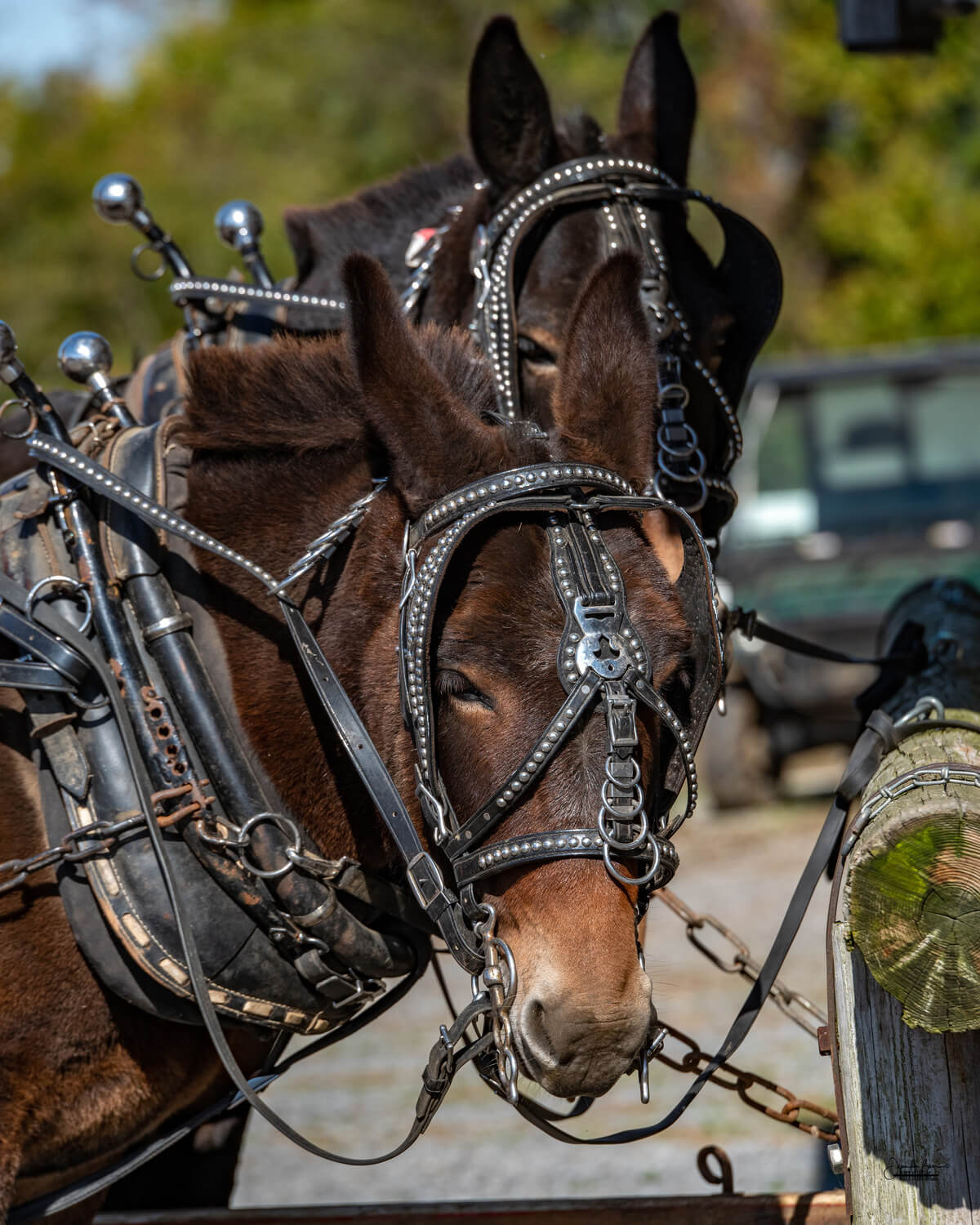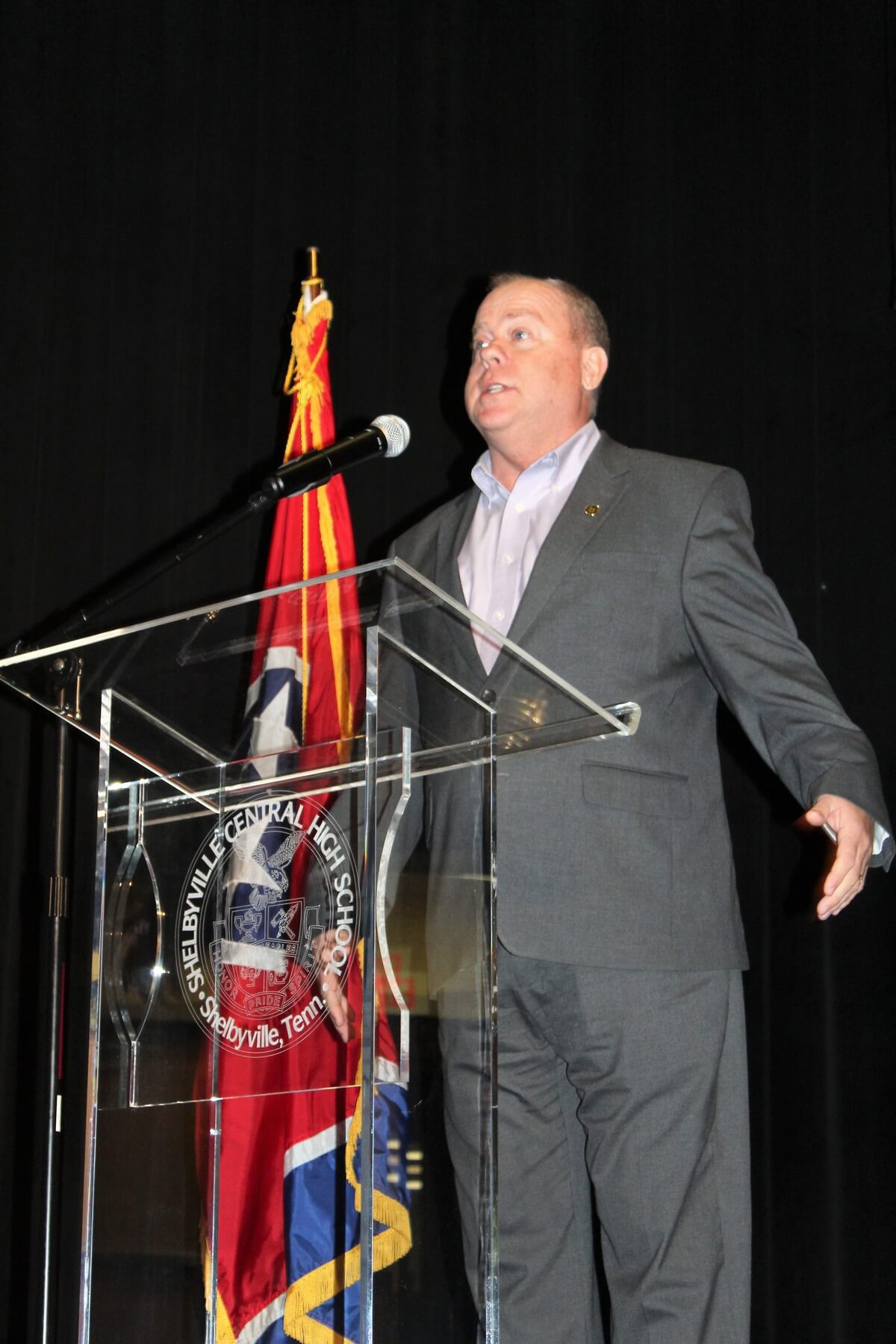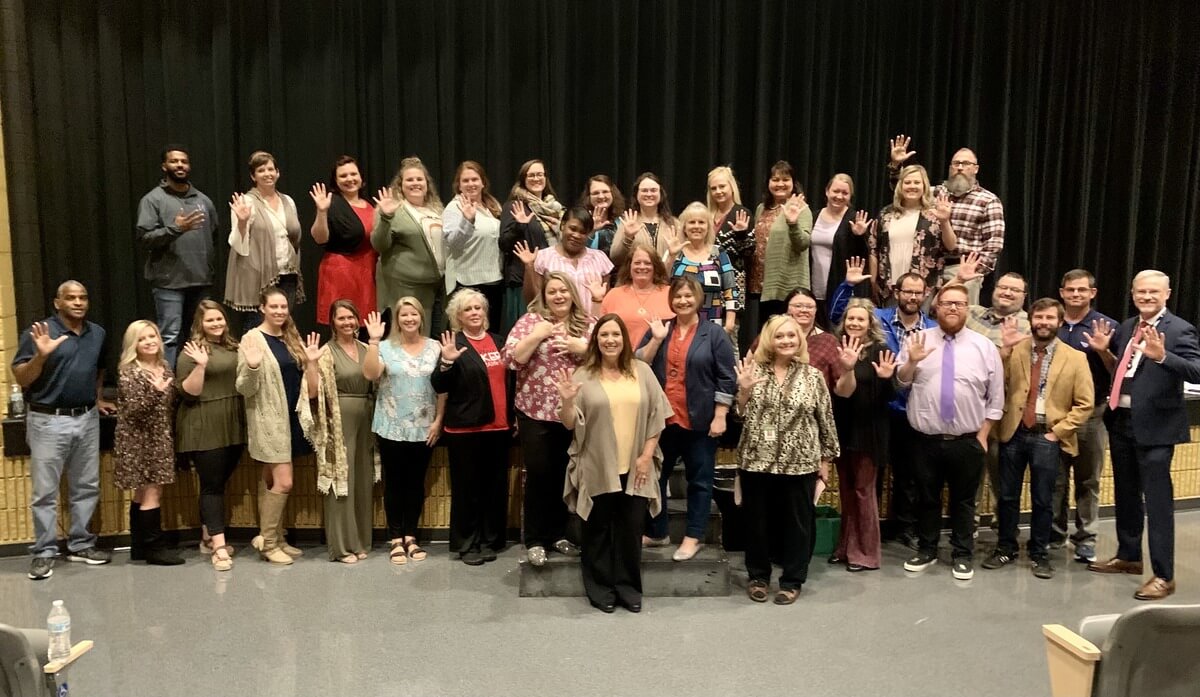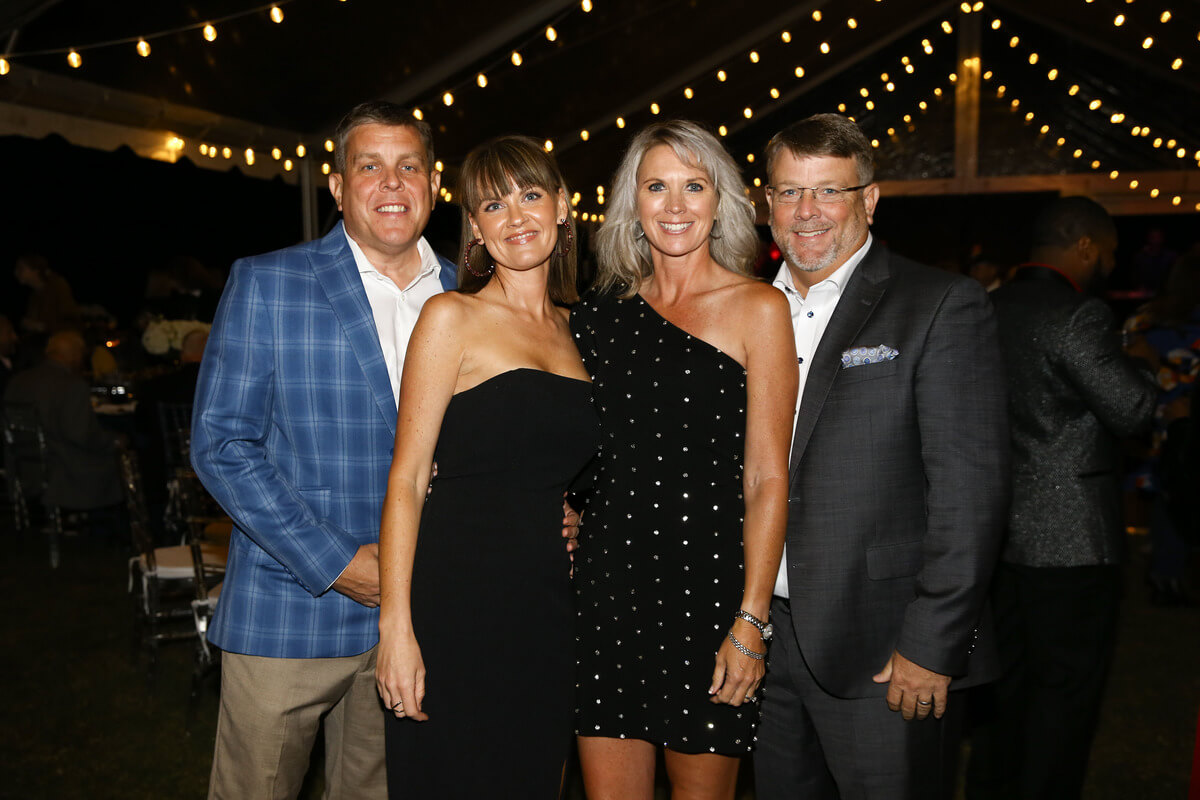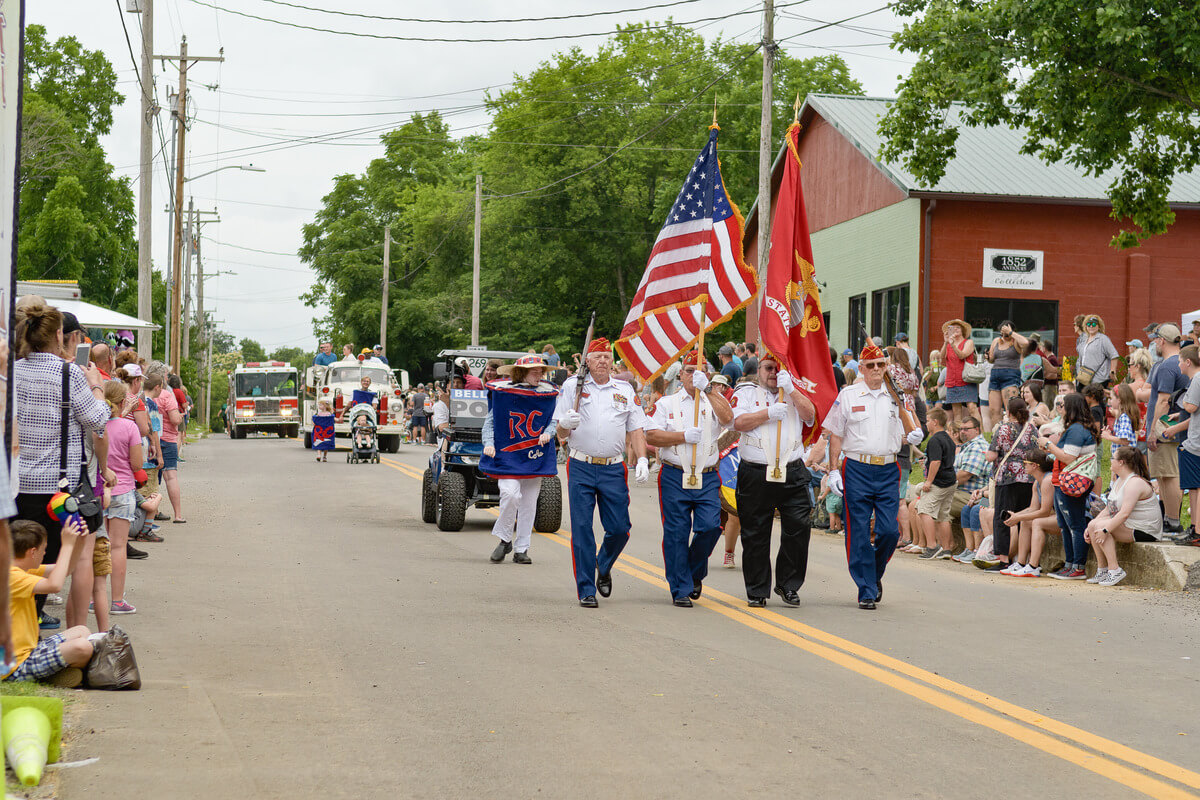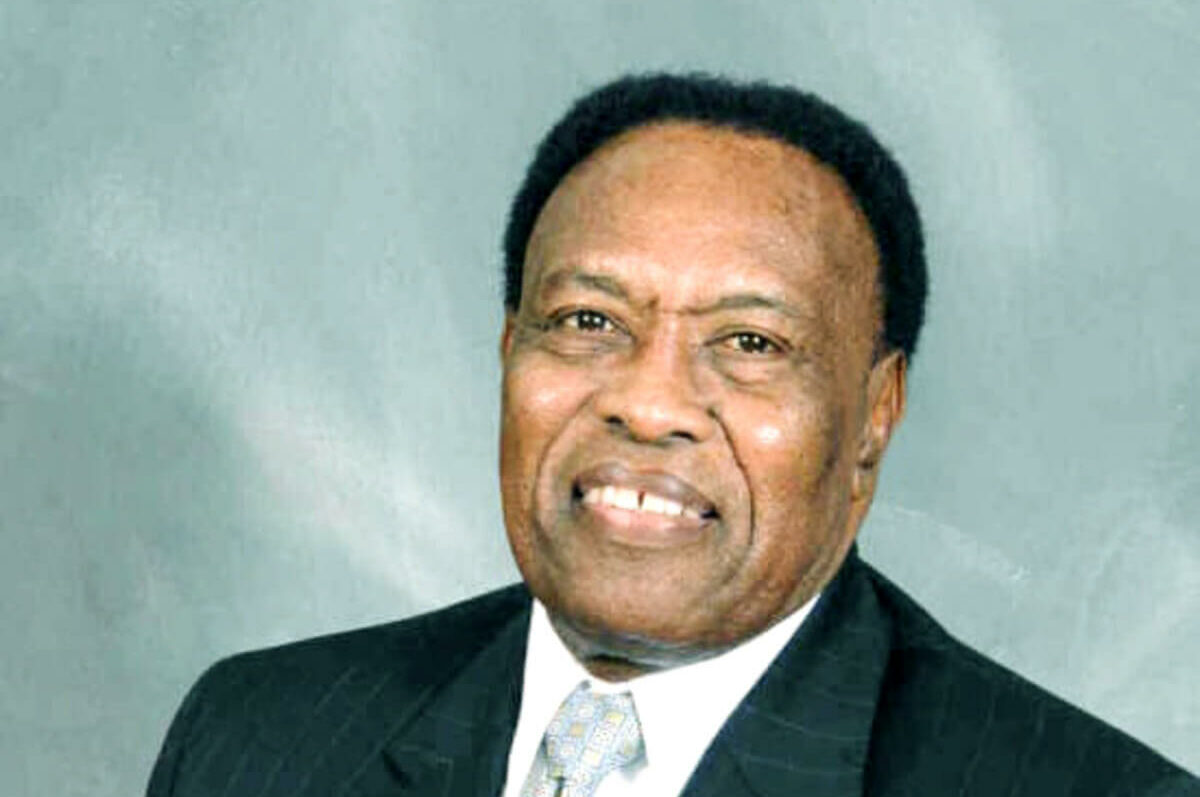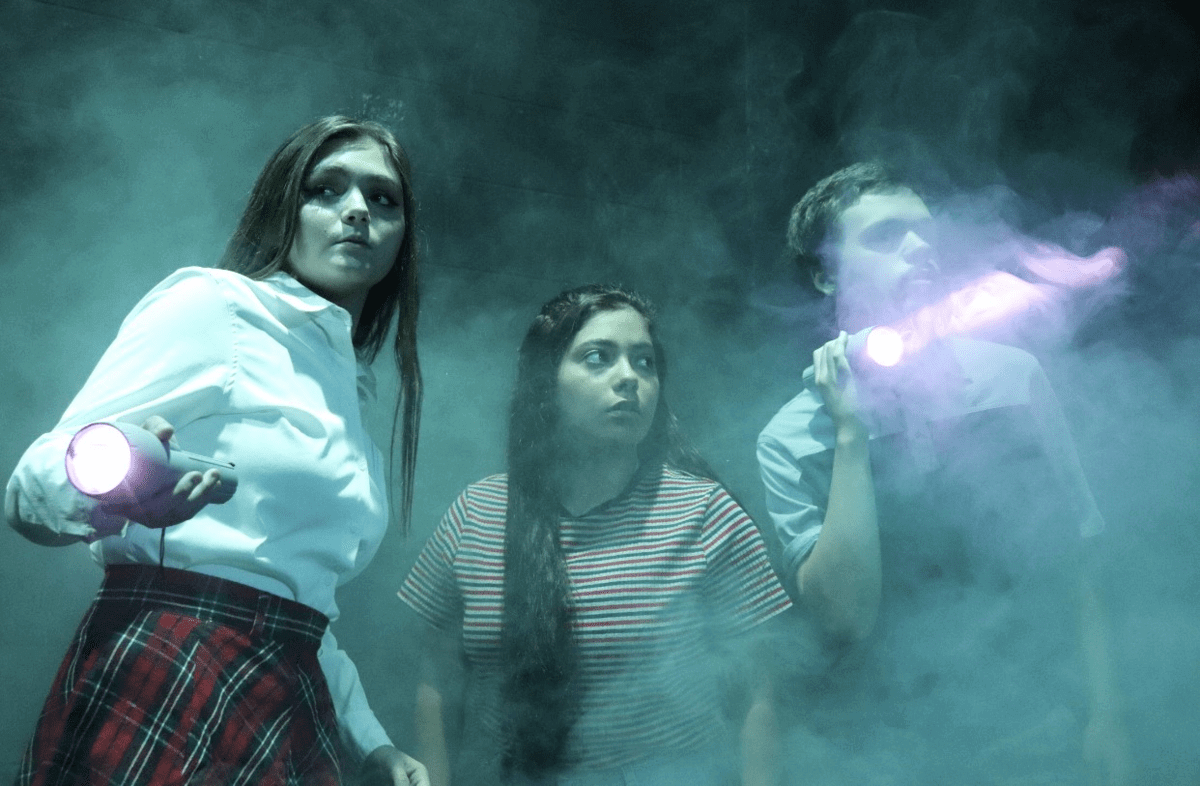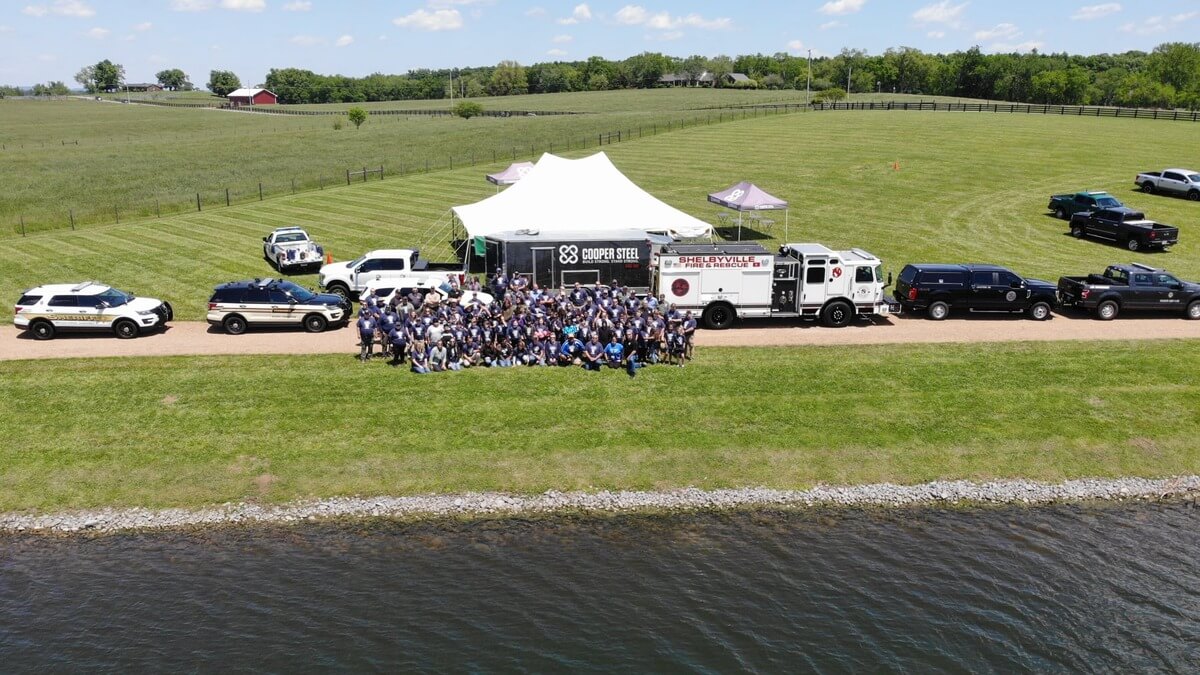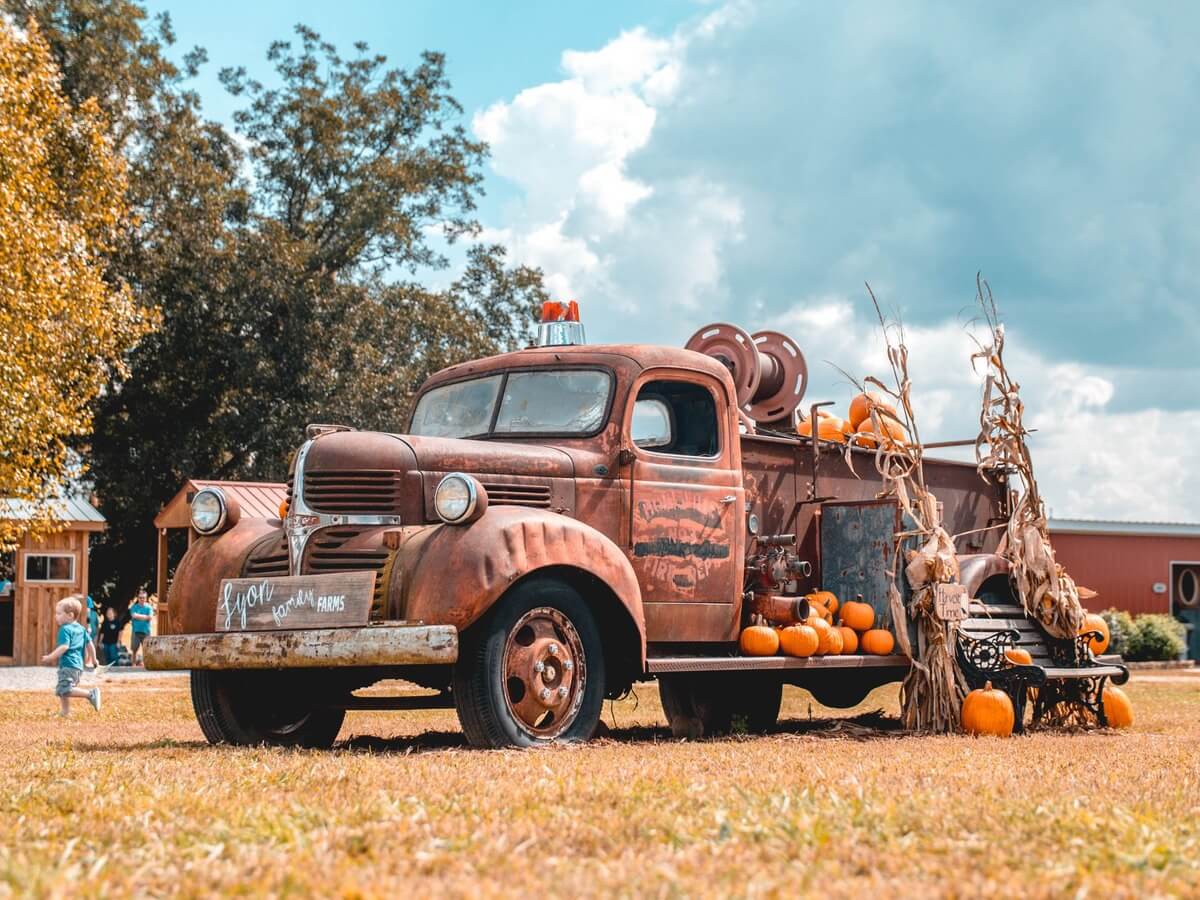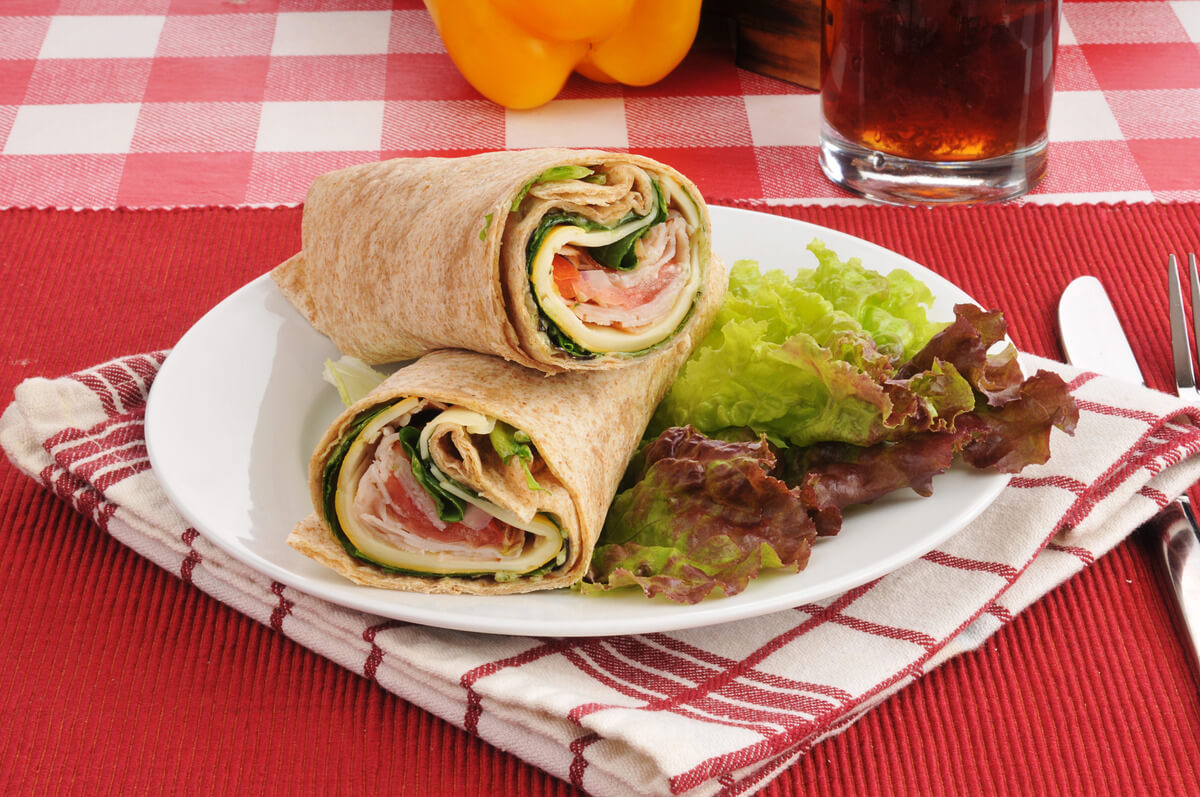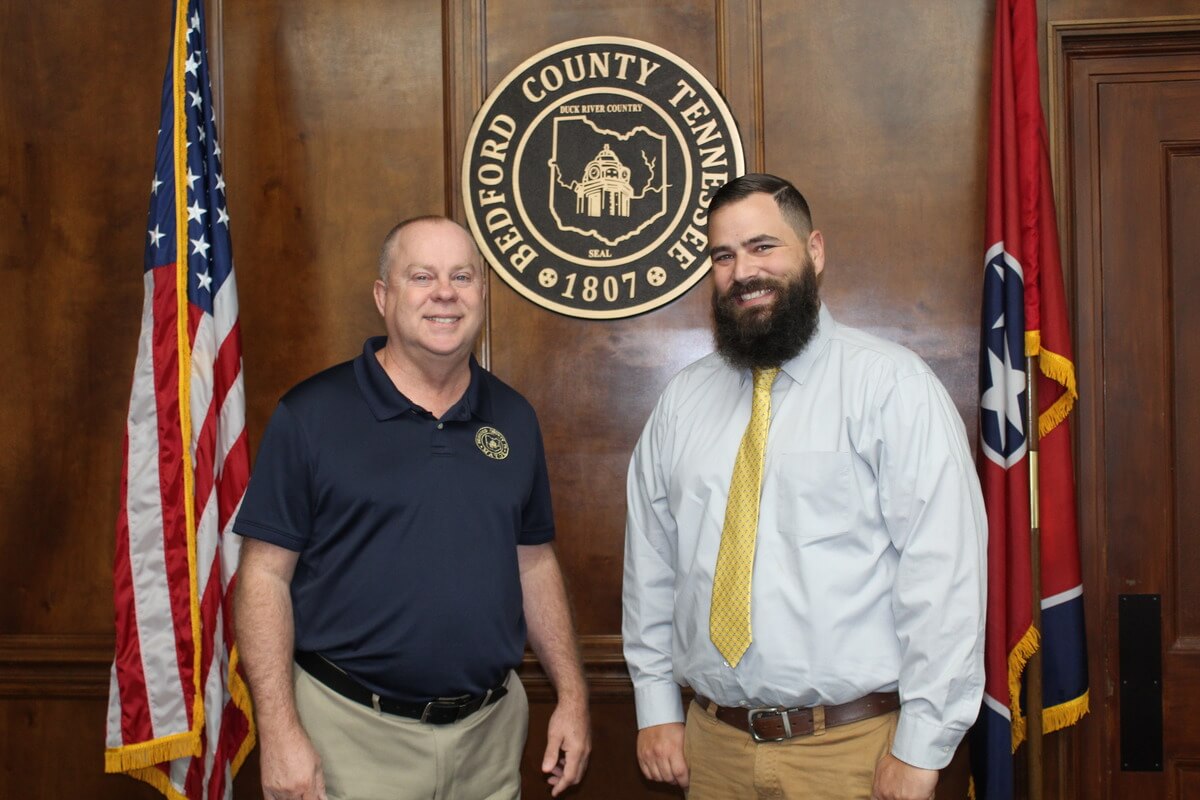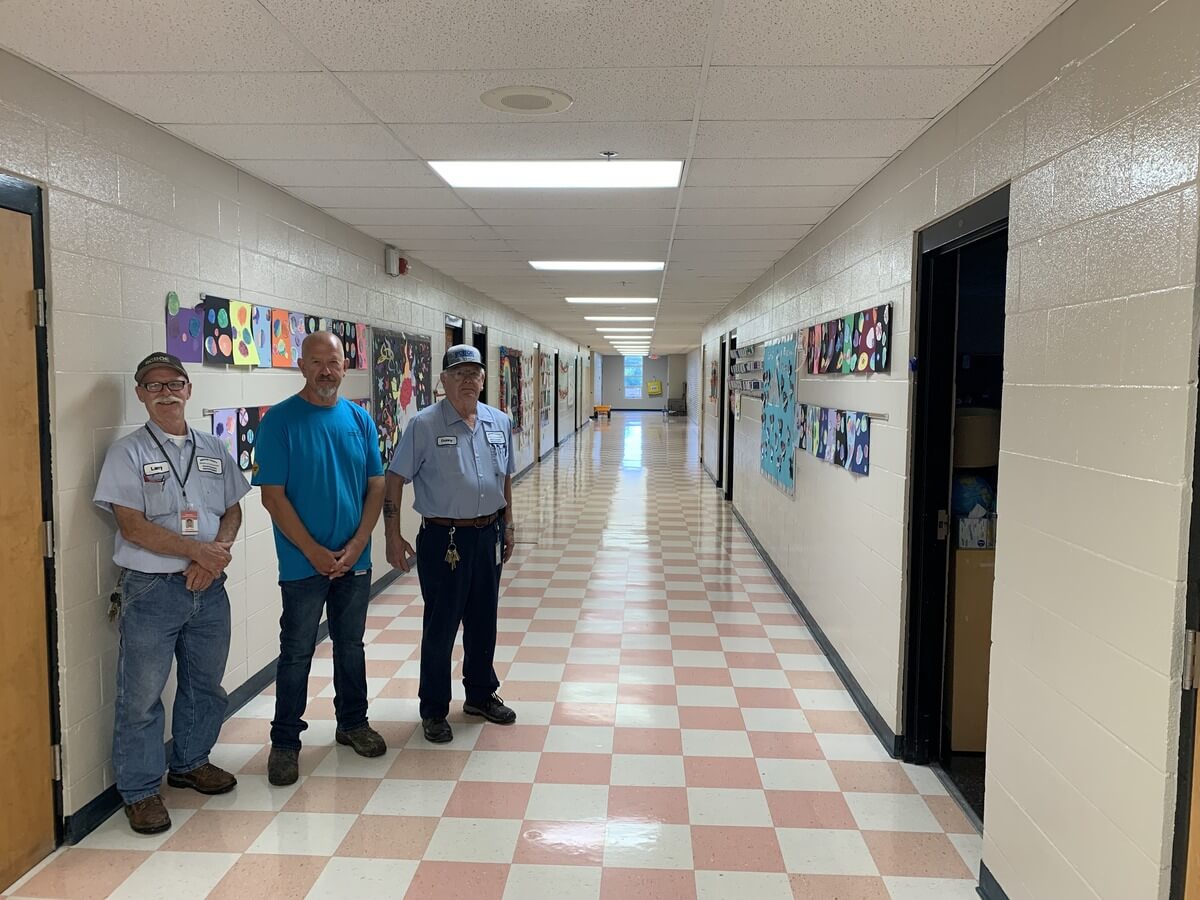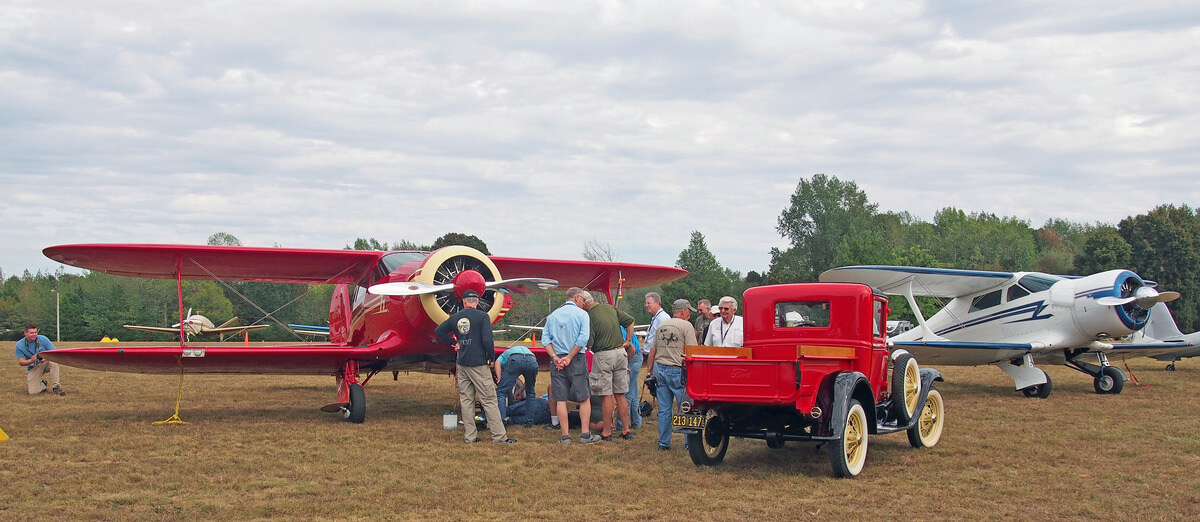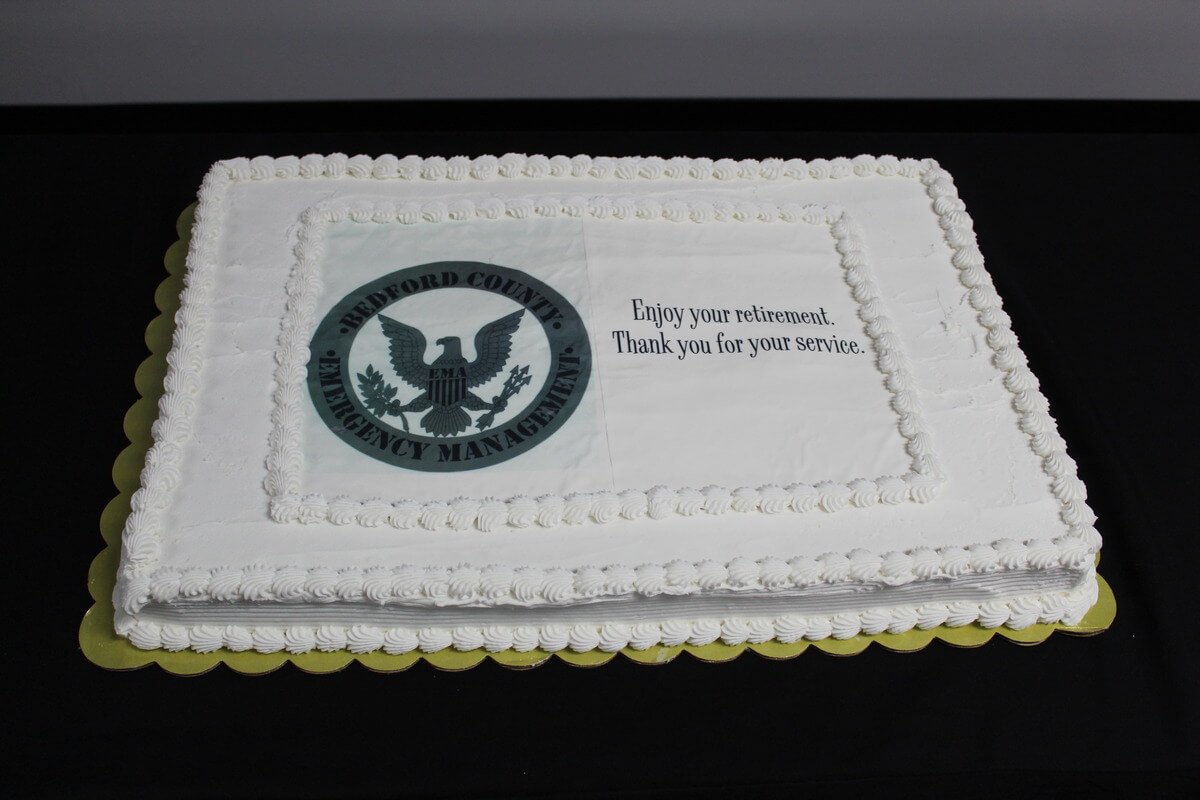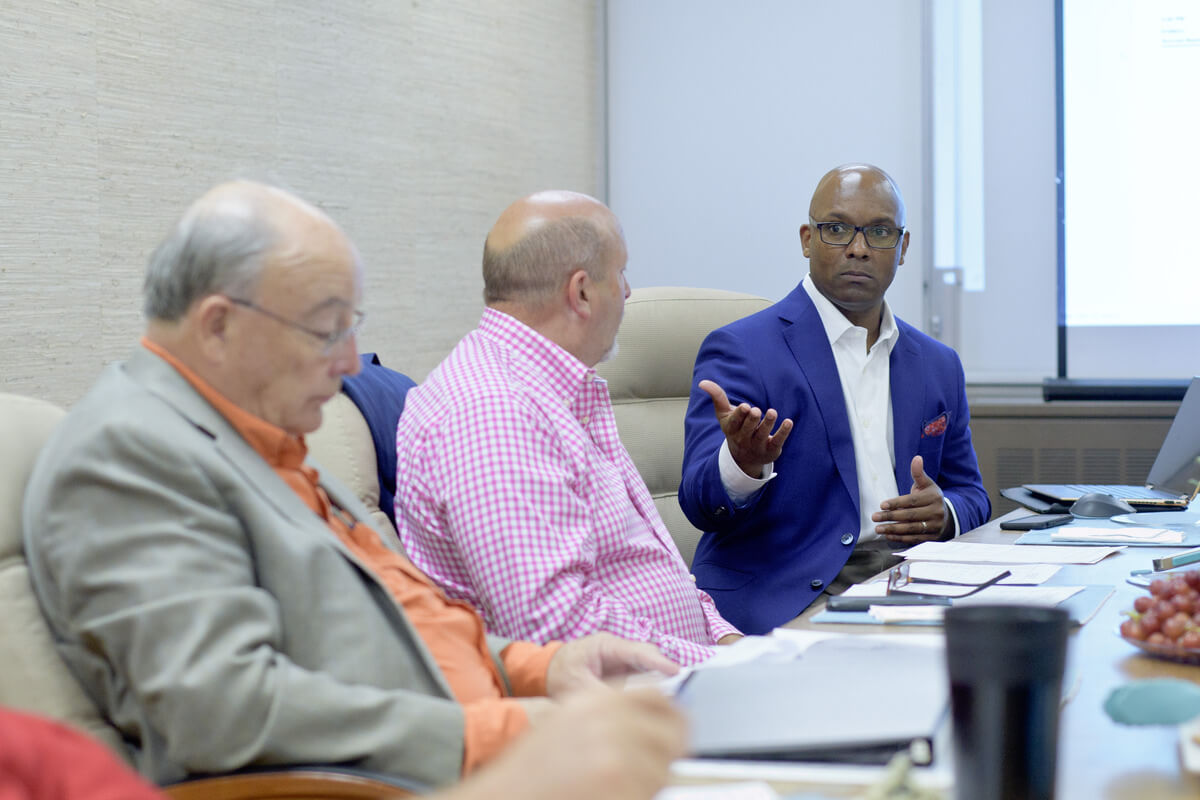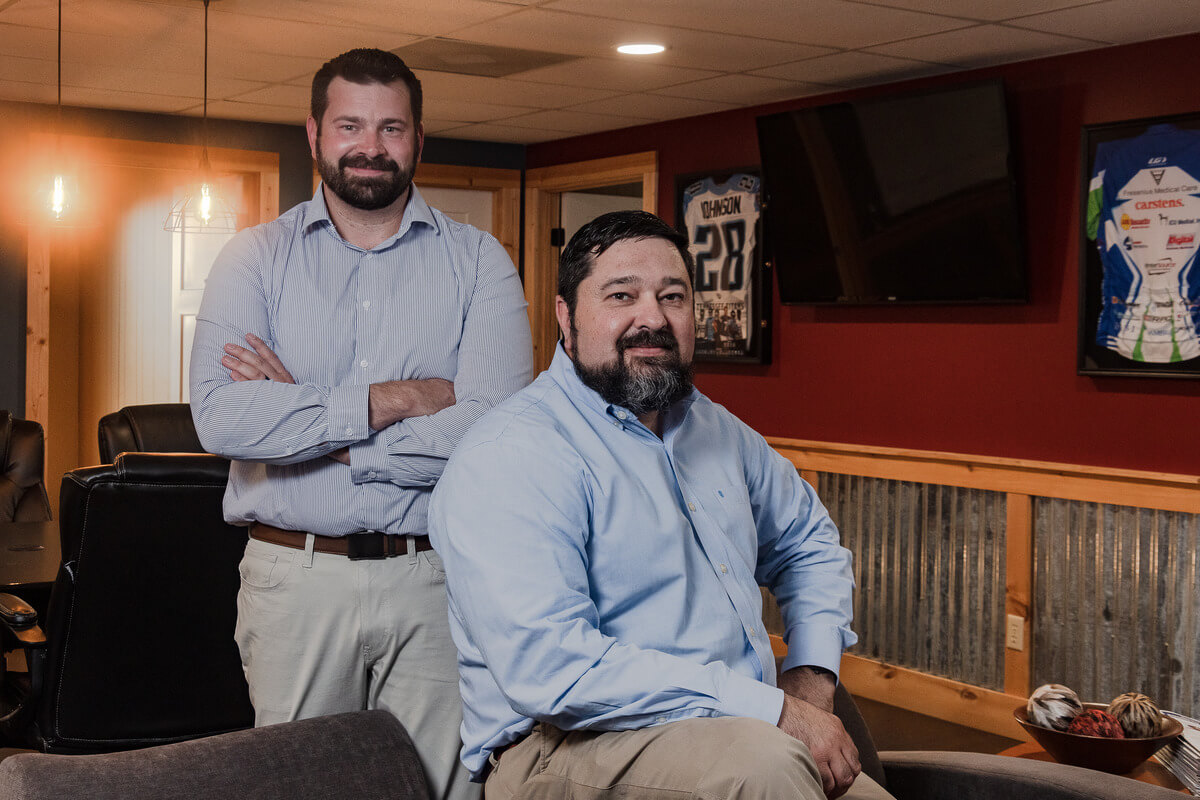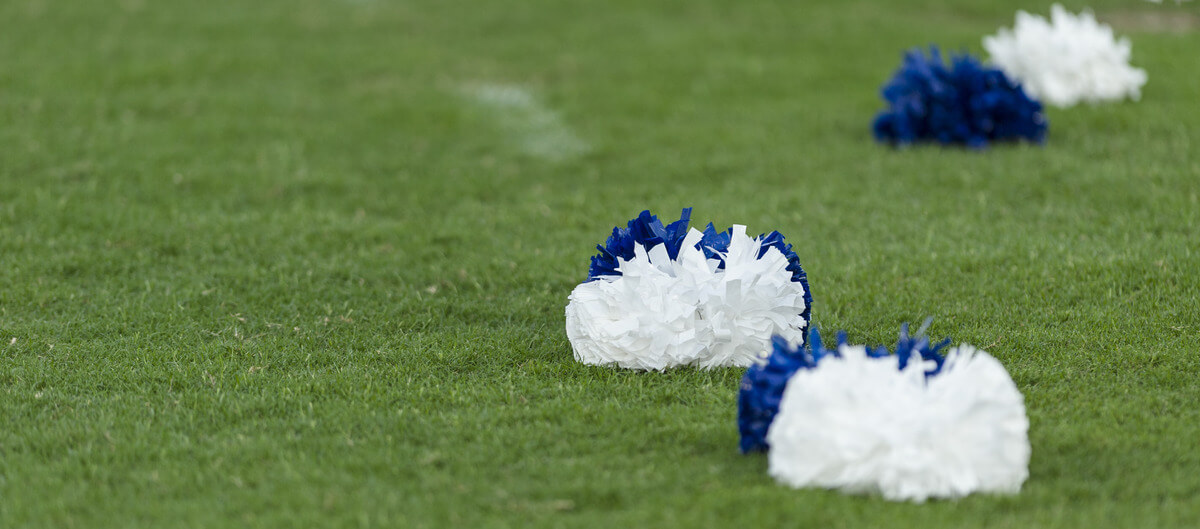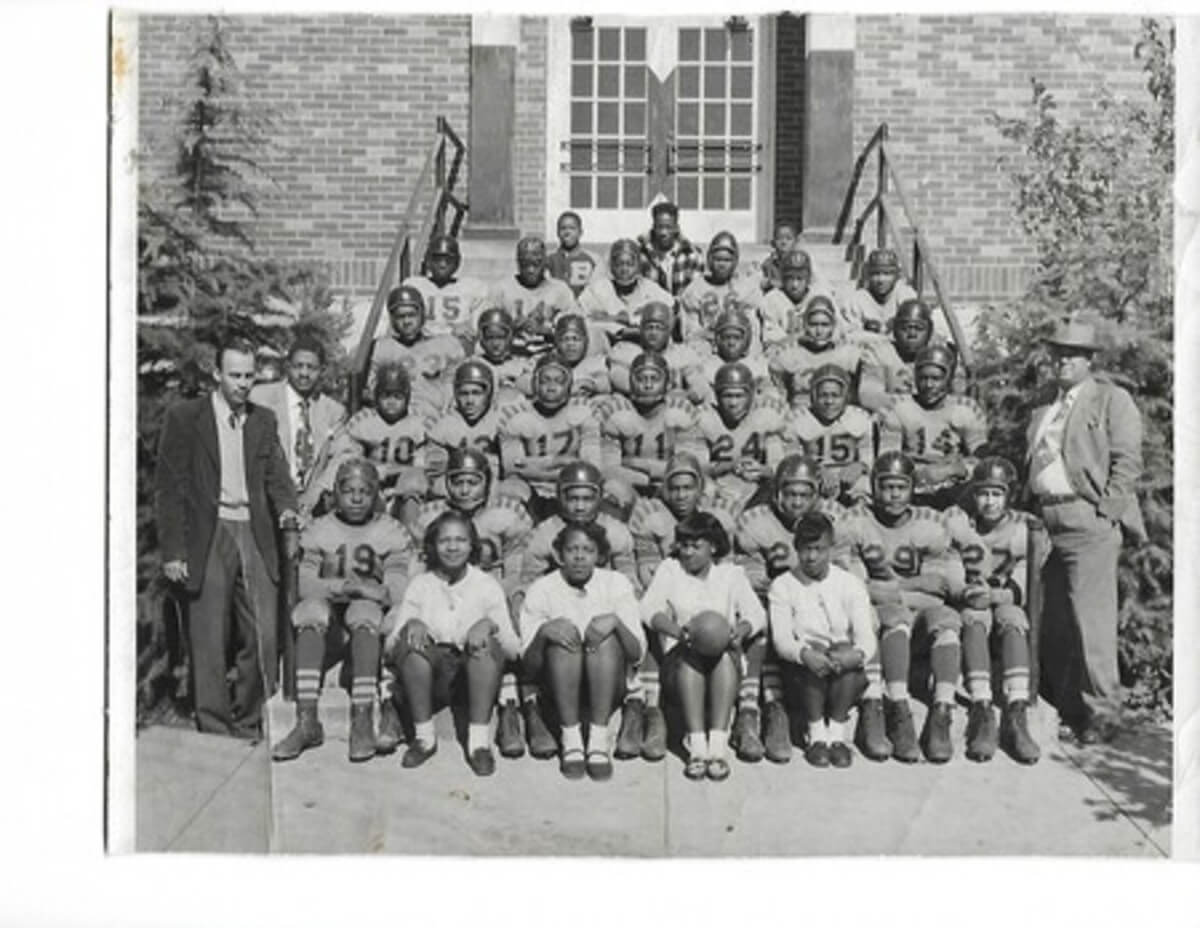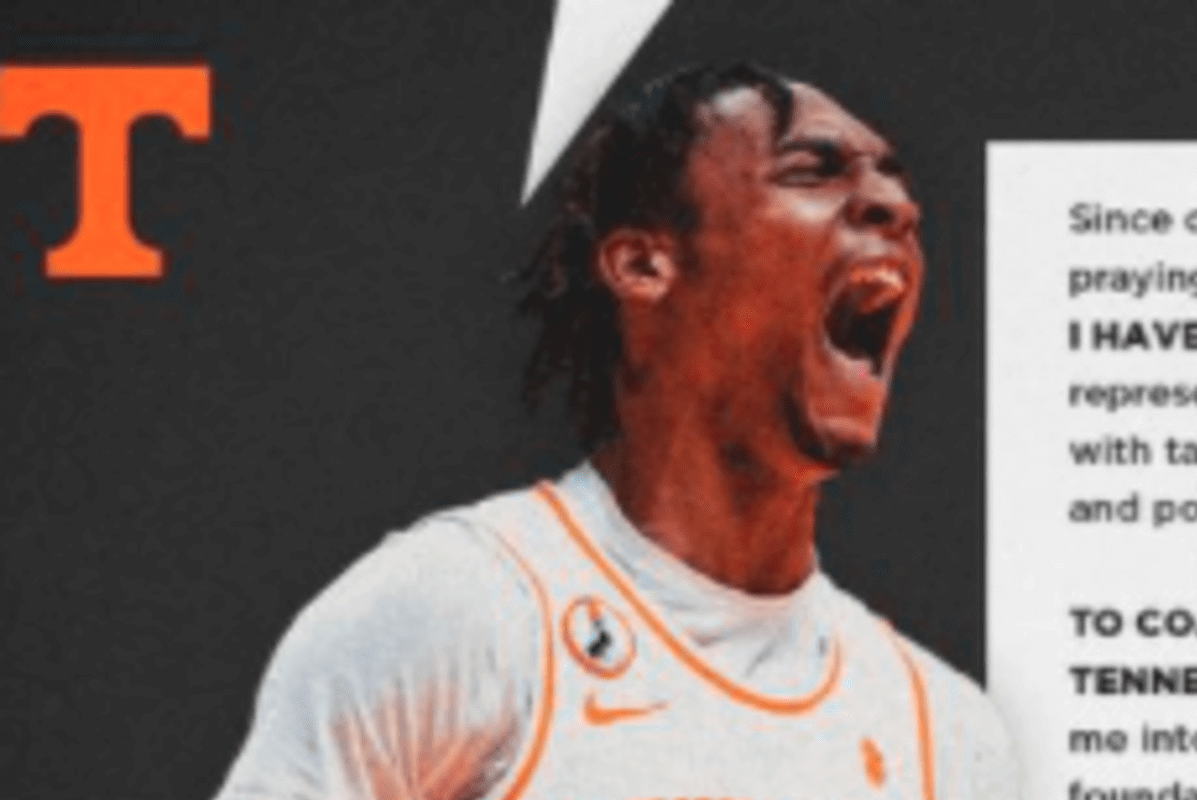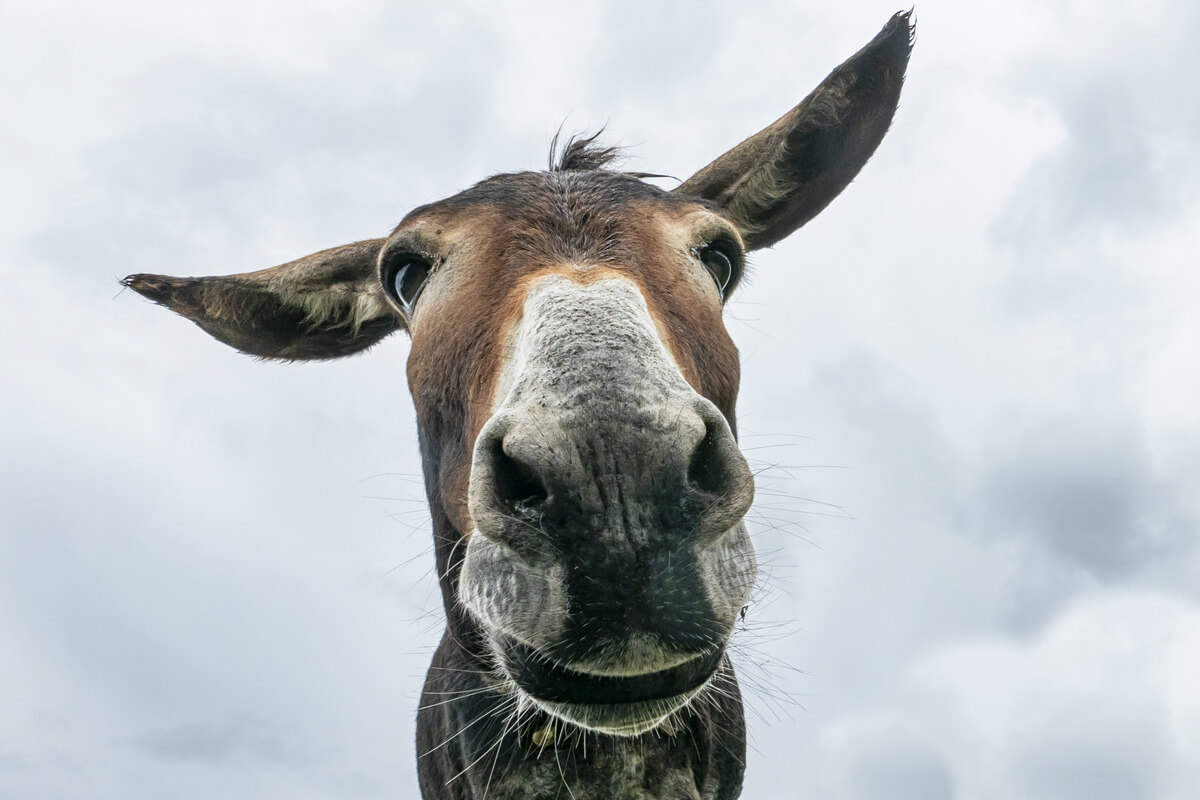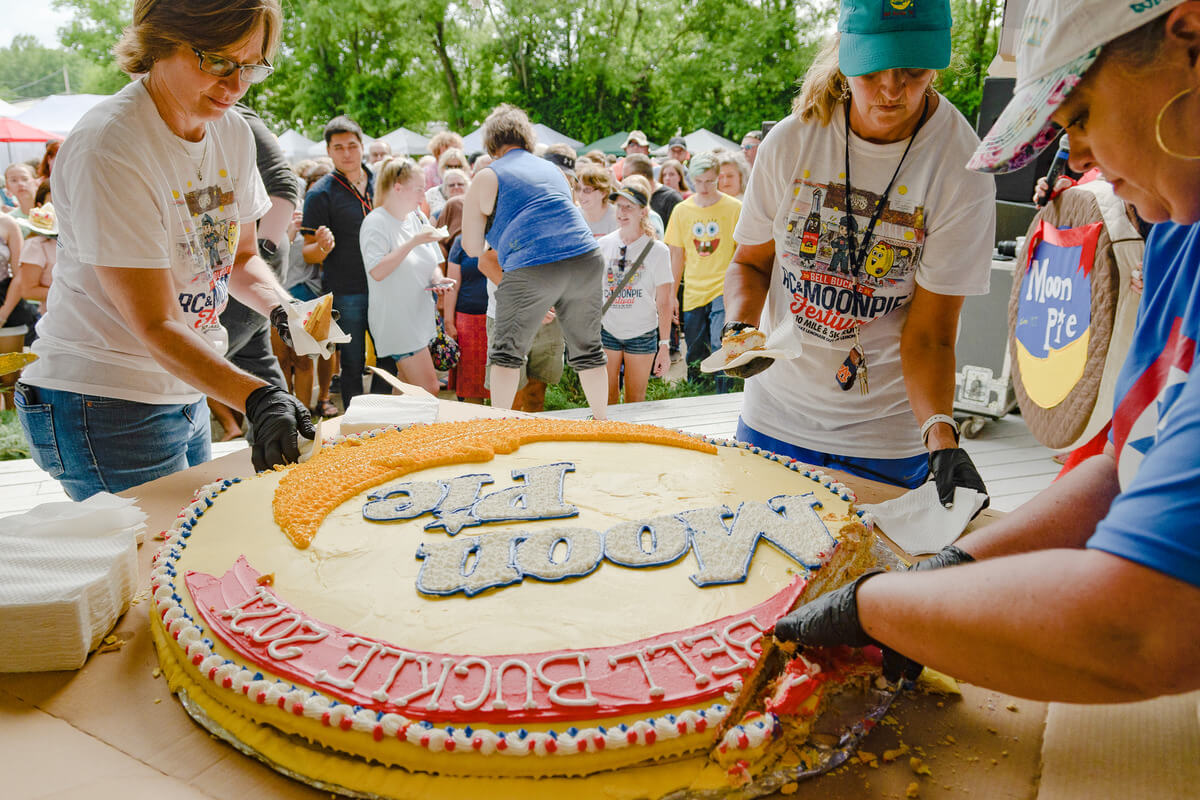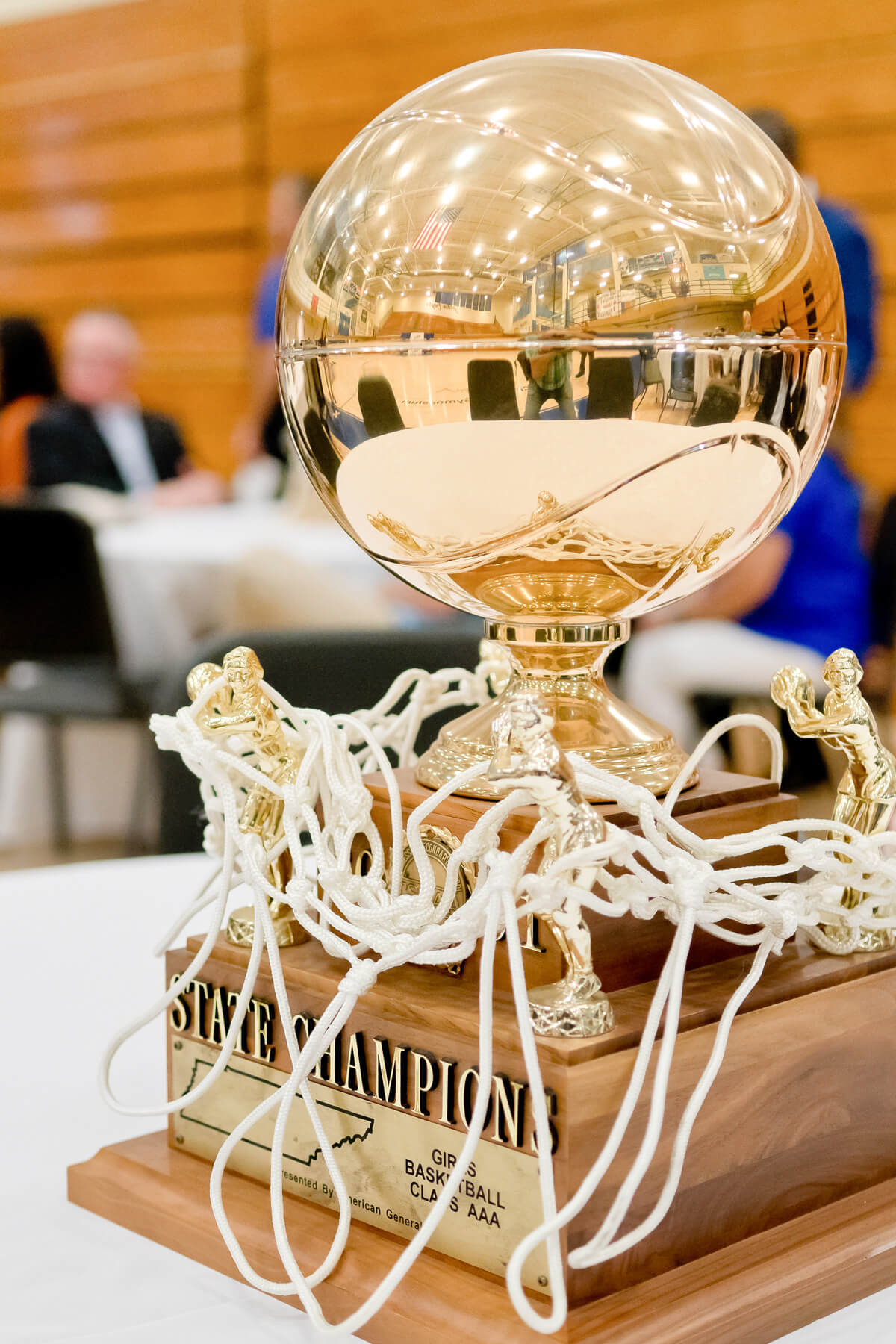MORGAN HEAD bent her elbow and slowly raised the mascara wand toward her dark eyelashes. Her grasp faltered, and the wand dropped from her shaking hand, leaving a black trail down the front of her scrubs. With the clock ticking and a list of hospice patients to visit, she exhaled an annoyed sigh. Clasping the handheld mirror, she blinked at her reflection. “You can do this, Morgan,” she reassured herself for a third time.
As she raised the wand toward her eyelashes a few minutes later, Khan, her 3-year-old Belgian Malinois, swooped in until Morgan’s bent elbow rested against the top of Khan’s soft, steady head. Morgan’s body relaxed. She completed what used to be an ordinary daily task.
To a neighbor, Khan might appear to be a mere family pet — and though he has earned his rightful place of honor on his king-sized pillow perched in front of the large picture window in their living room, Khan is actually Morgan’s lifeline.

The countless hours of training and dedication from Khan and those who trained him tether Morgan to everything she is trying so desperately to hold on to. Her job as a nurse, her role as a mother to an active 15-year-old son, her rightful place beside her devoted husband, Landon, and her love for riding and showing Tennessee walking horses (TWH) are all being challenged. After 20 years of battling progressive symptoms, doctors have finally labeled the condition in her medical chart.
“When I was diagnosed with multiple sclerosis (MS), I knew my life was about to change, but I didn’t expect a phone call to change it for the better,” Morgan recalled. “A kind voice on the other line asked, ‘Are you still struggling with your balance, kiddo?’”
That voice on the other end of the line was Marty Barr, dear friend, fellow TWH enthusiast, and co-owner of the Phoenix Charity in Tullahoma. He said, “I have a dog for you.”
Barely 30 minutes earlier, Morgan had fallen, and the bluish-purple bruises and welts streaked both of her legs.
“I was stunned,” Morgan said. “That call marked the beginning of a new chapter in my journey toward independence. As a nurse, I’ve spent my career providing compassionate care to others, especially in hospice and end-of-life settings. But MS has challenged my ability to care for myself. The disease has affected my mobility, balance, and energy — making everyday tasks more difficult and unpredictable.”
A few weeks ago, a large package was delivered at the Heads’ home, compliments of her well-meaning doctor. But at the young age of 39, Morgan has mixed feelings about the wheelchair in the closet.

“That’s where Khan comes in,” Morgan said. “He is specially trained to assist with ambulation and provide support during episodes of debilitating fatigue. Thanks to the Phoenix Charity, Khan is now my service dog, my partner, and my lifeline. His presence allows me to continue living with dignity, purpose, and a renewed sense of freedom.”
For those of us without a medical degree, ambulation refers to the ability to walk or move from place to place. But it isn’t just about walking. It’s about purposeful movement, especially following an injury, surgery, or illness.
The Phoenix Charity is dedicated to transforming lives by placing highly trained service animals with individuals facing physical and neurological challenges. Its mission is rooted in compassion, empowerment, and the belief that everyone deserves the tools to live independently. Through generous donations and tireless volunteer work, it makes these life-altering partnerships possible at no cost to its recipients.
When Morgan received the call, her jaw went slack. “But I’m not a veteran, or a first responder,” to which Barr replied, “Aren’t you still in the business of helping others?”
Morgan nodded. “Yes.”
“Then he’s yours,” Barr continued. “When do you want him?”
Like parents nesting before the arrival of a newborn, the Heads wanted everything to be perfect when Khan arrived. Their first few days together left everyone wondering if he would help their situation or make it worse, especially when their territorial corgi charged him.

But when she slips on Khan’s counterbalance harness, he snaps to attention instantly. Khan becomes the silent sidekick who stabilizes Morgan’s legs when spasms strike. He’s the ever-present friend who dissolves her worry when it threatens to overwhelm her. He’s the companion who tags along while Morgan helps hospice patients transition to their eternal homes.
“Khan knows I am going to need help before I realize it myself. He knows I’m about to fall before I do. Service dogs make life easier in so many ways. He cares whether I stay safe.”
Morgan points to the closet where the wheelchair is hidden from her view. “That wheelchair, or my cane, or my rollator — they don’t care what happens to me. But Khan does. I want to stay in the field of hospice as long as I can. It drives me. Whether geriatric or pediatric, we are bringing joy to others’ lives, and we are doing God’s work. Because of Khan, everything has gotten a little bit easier.” GN









